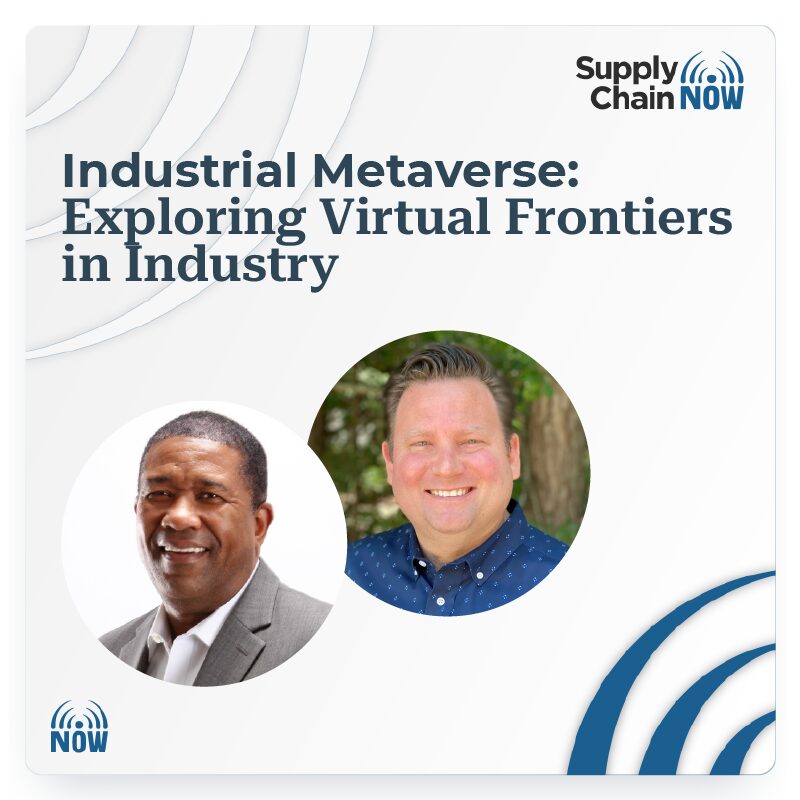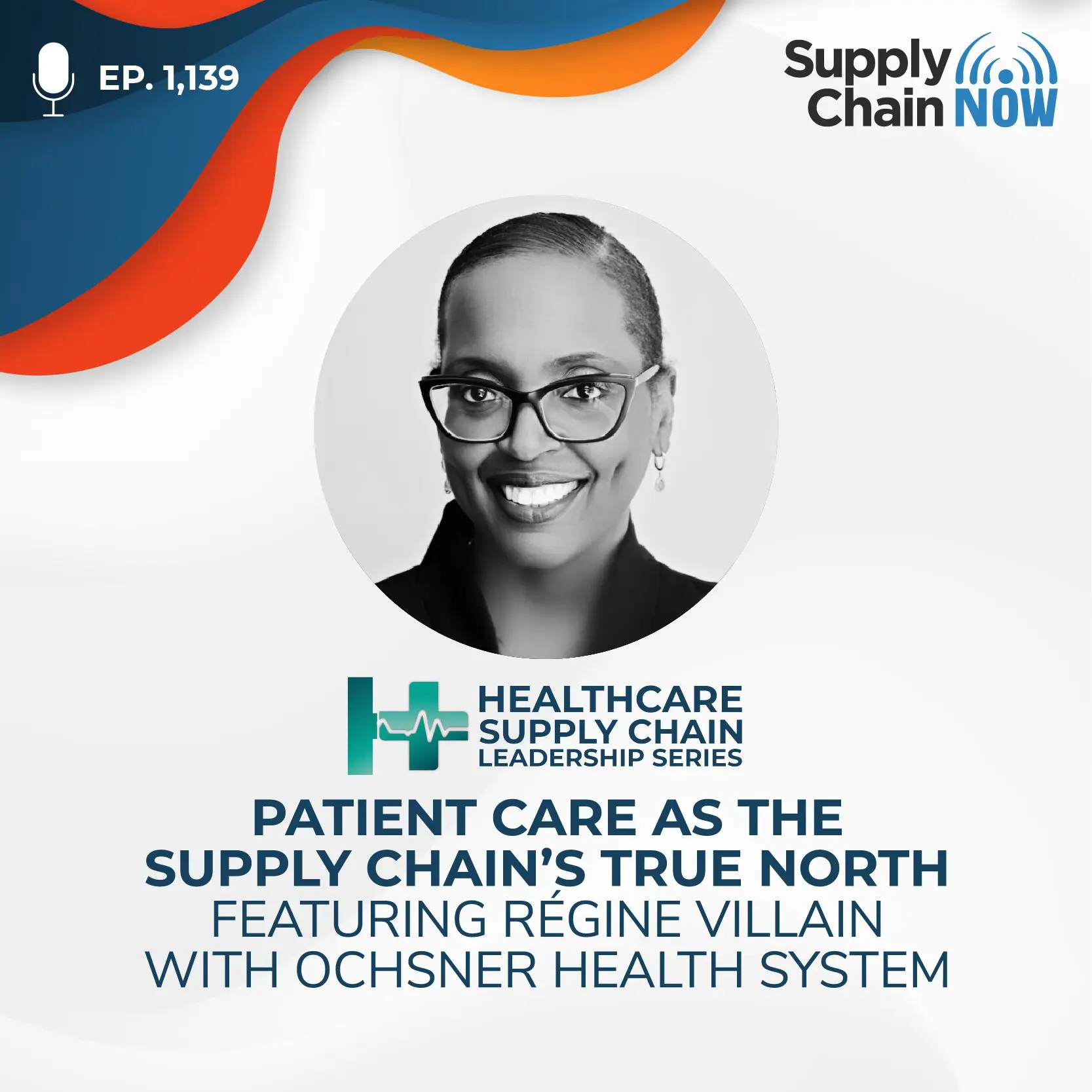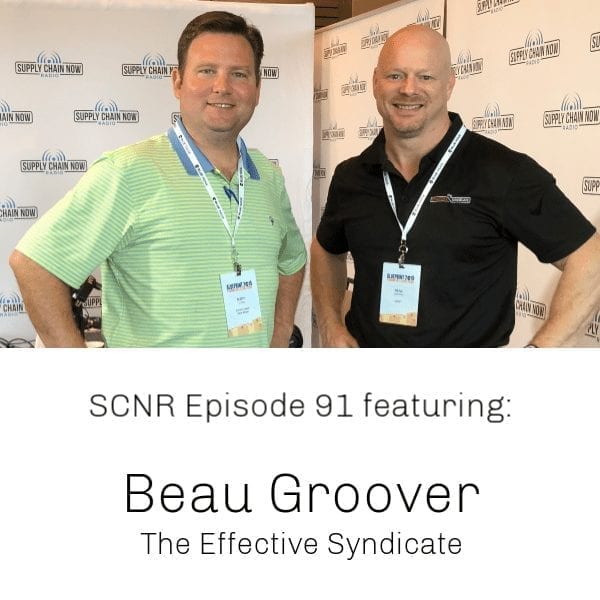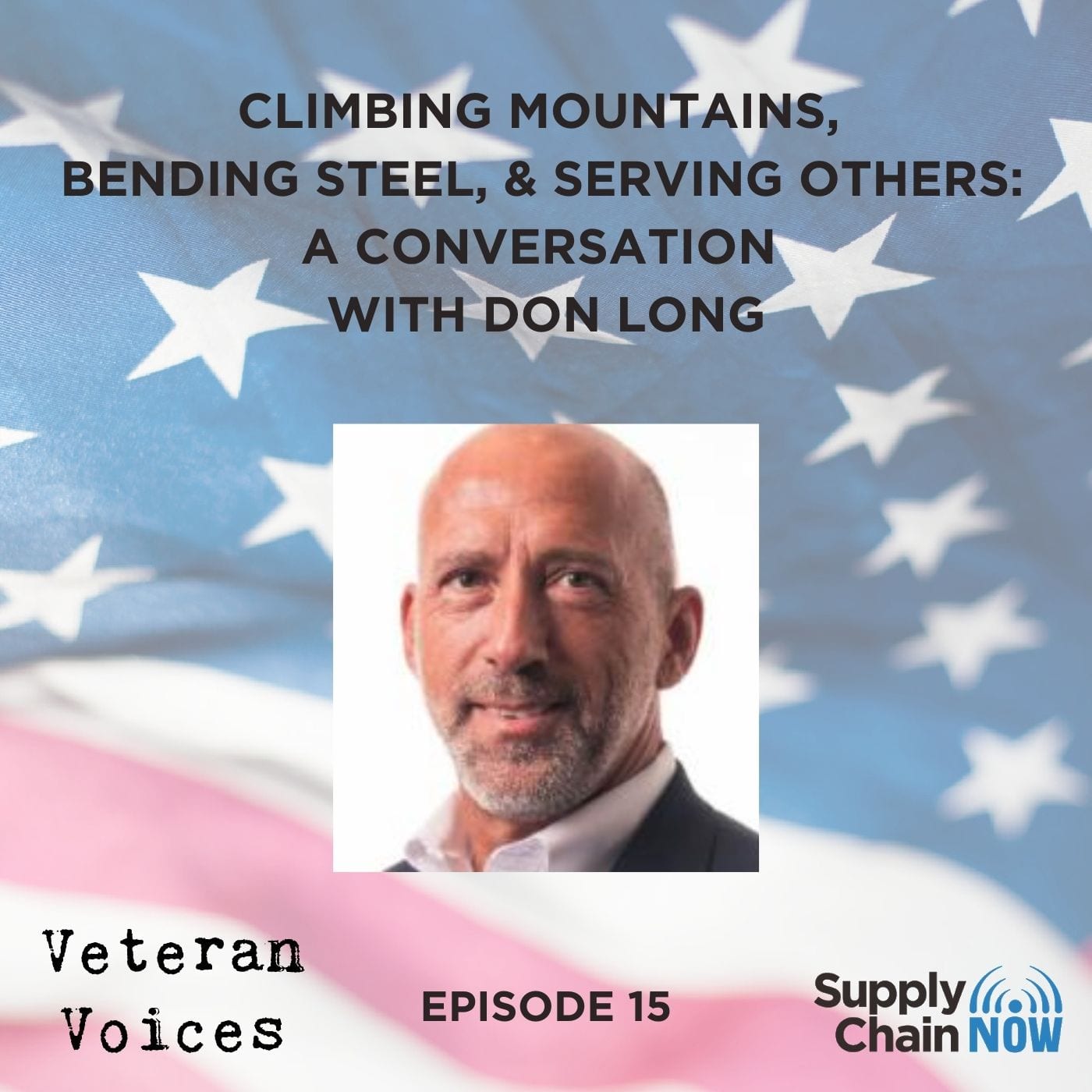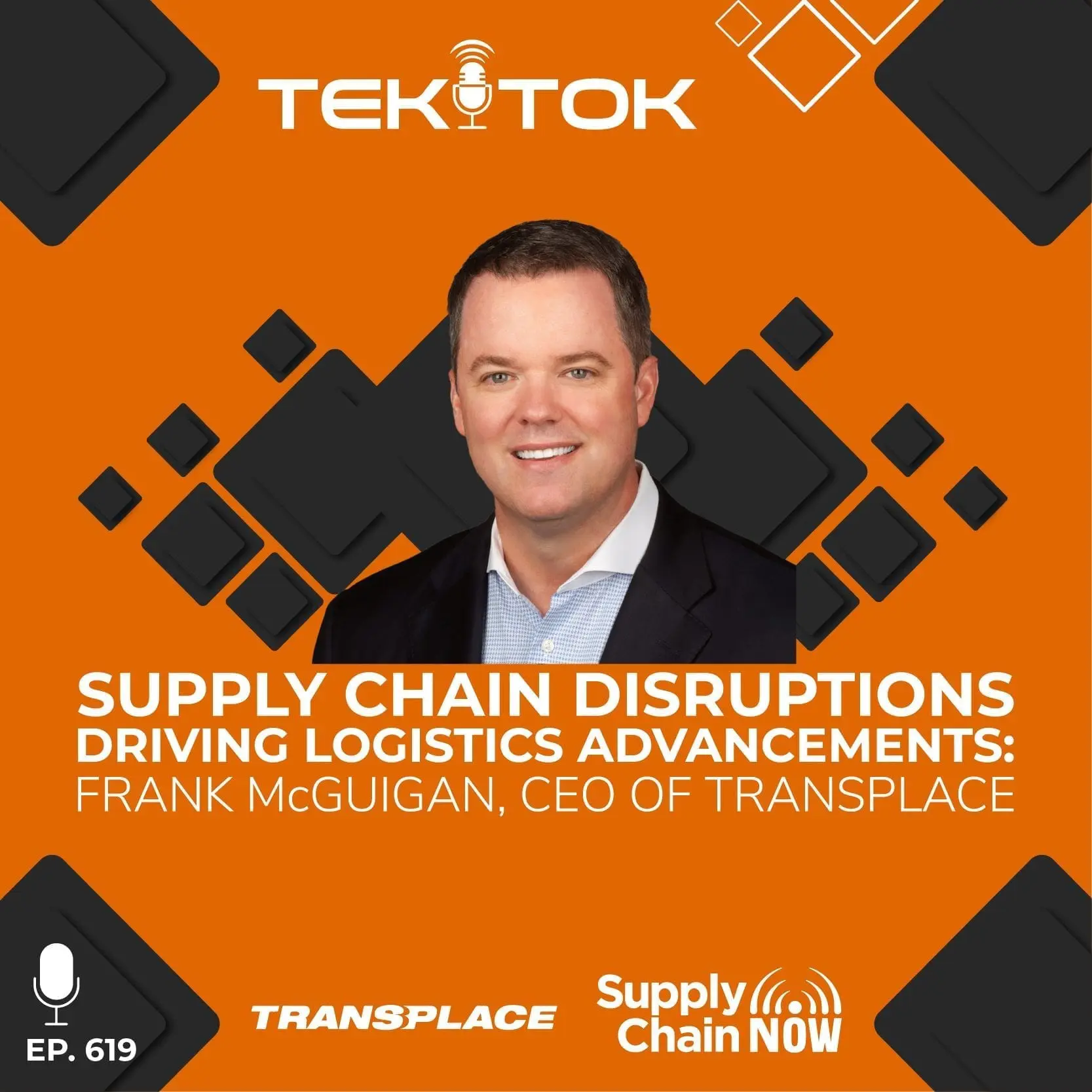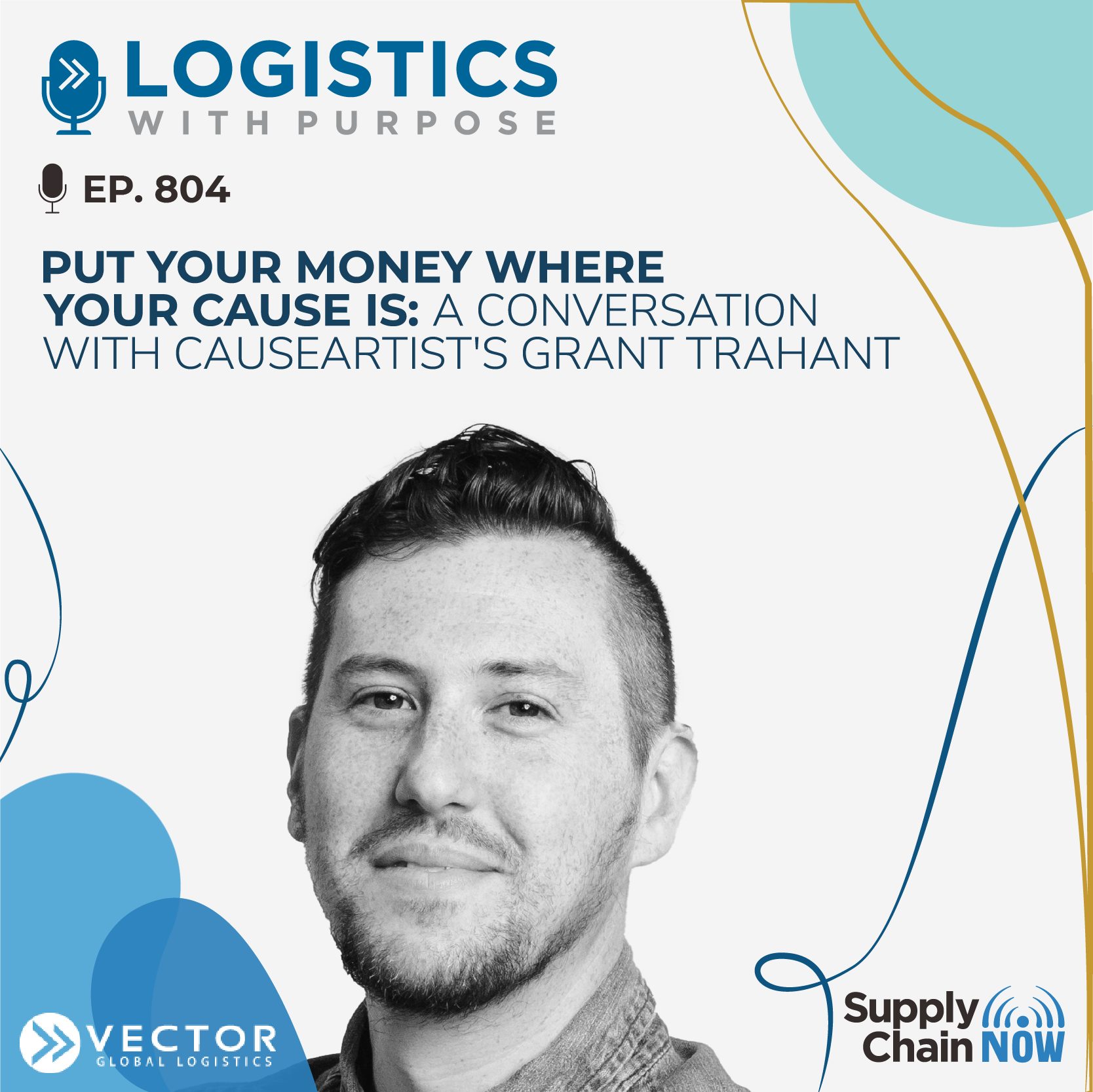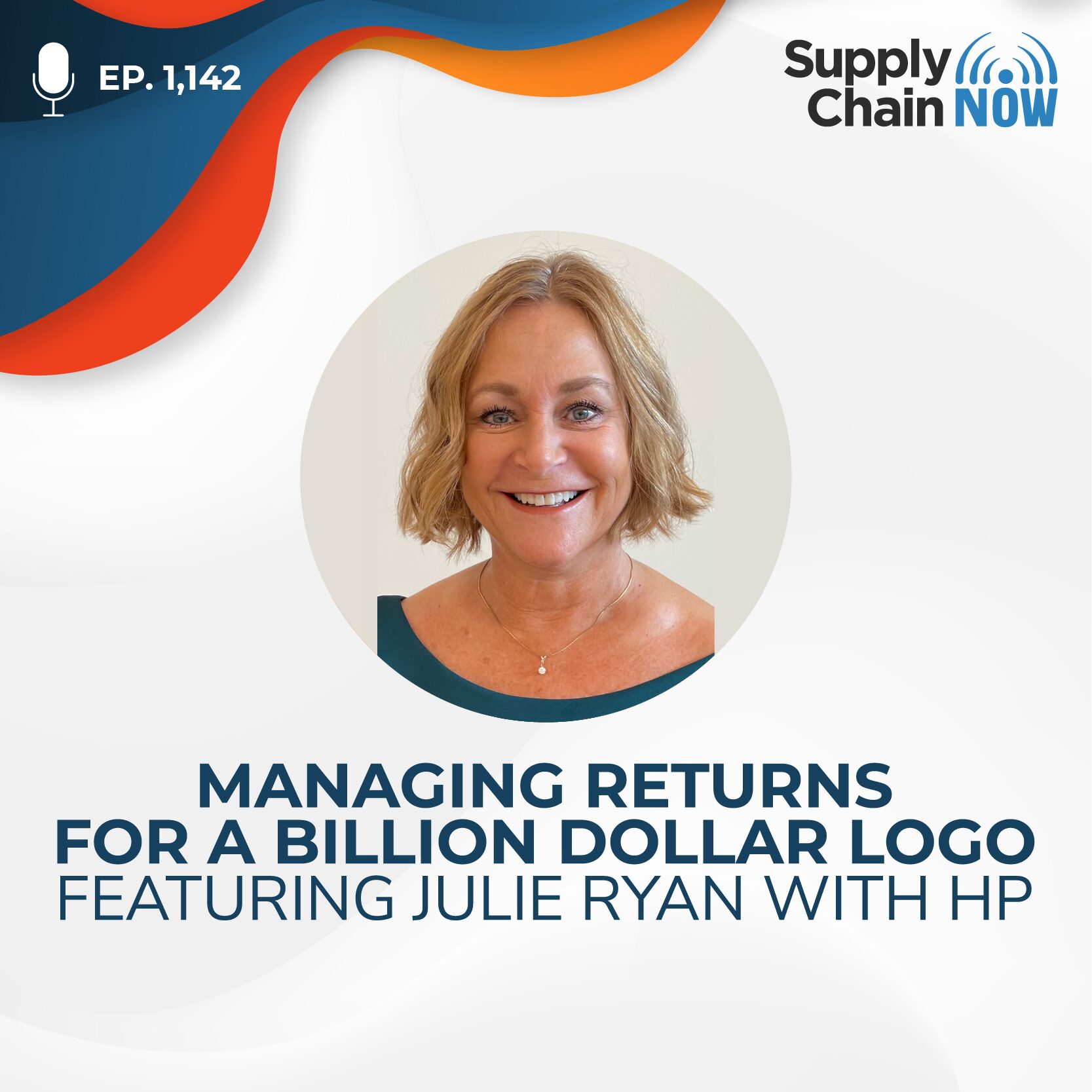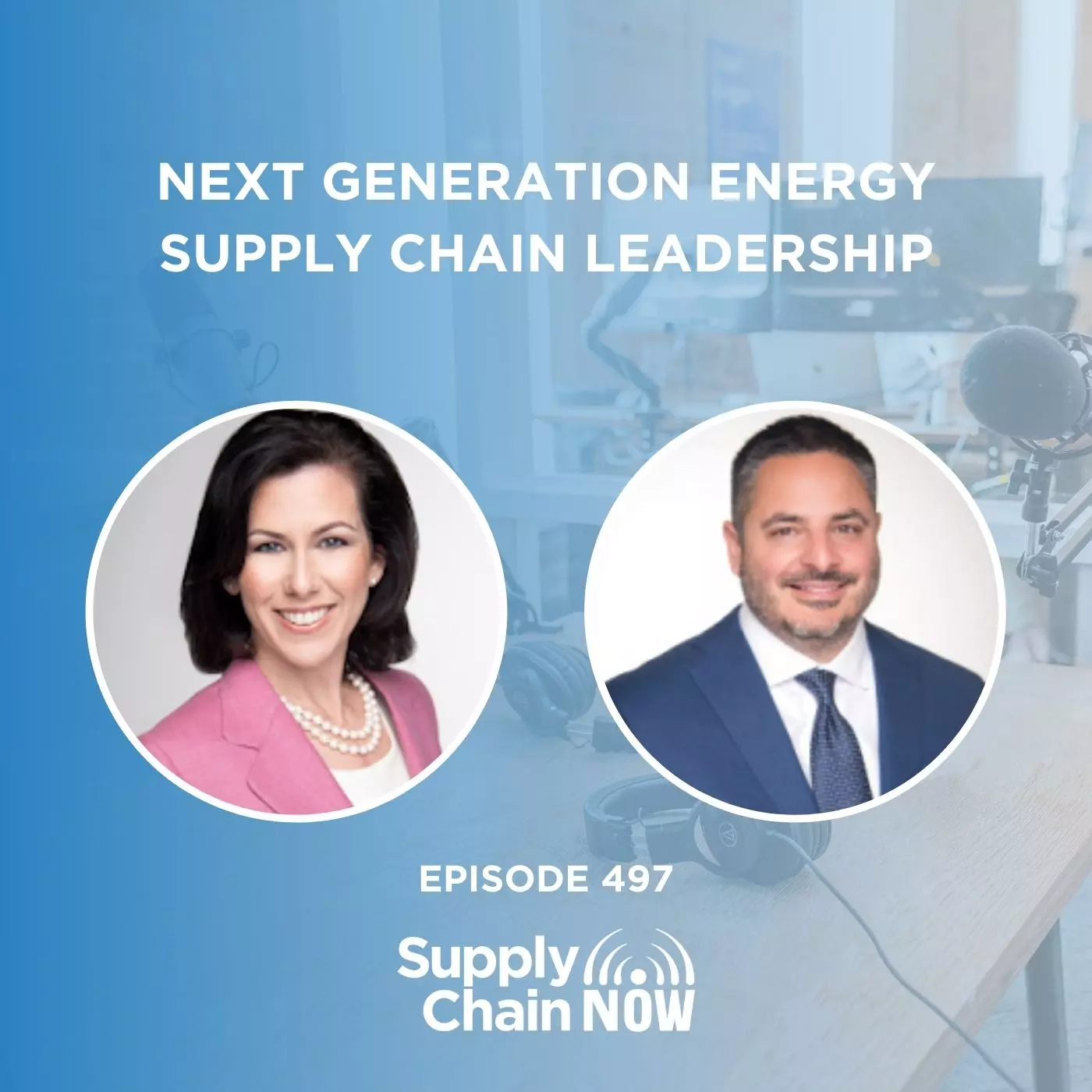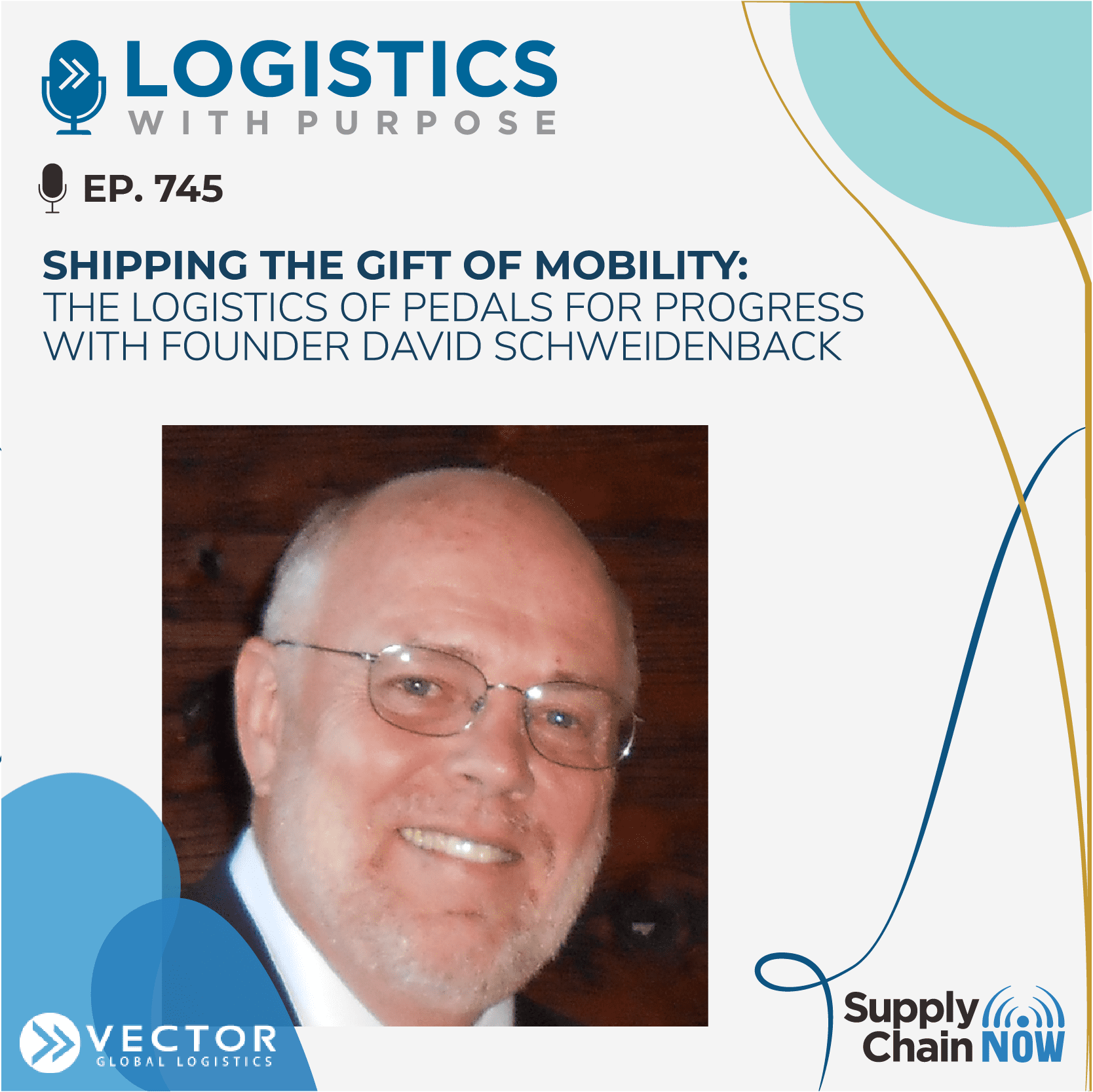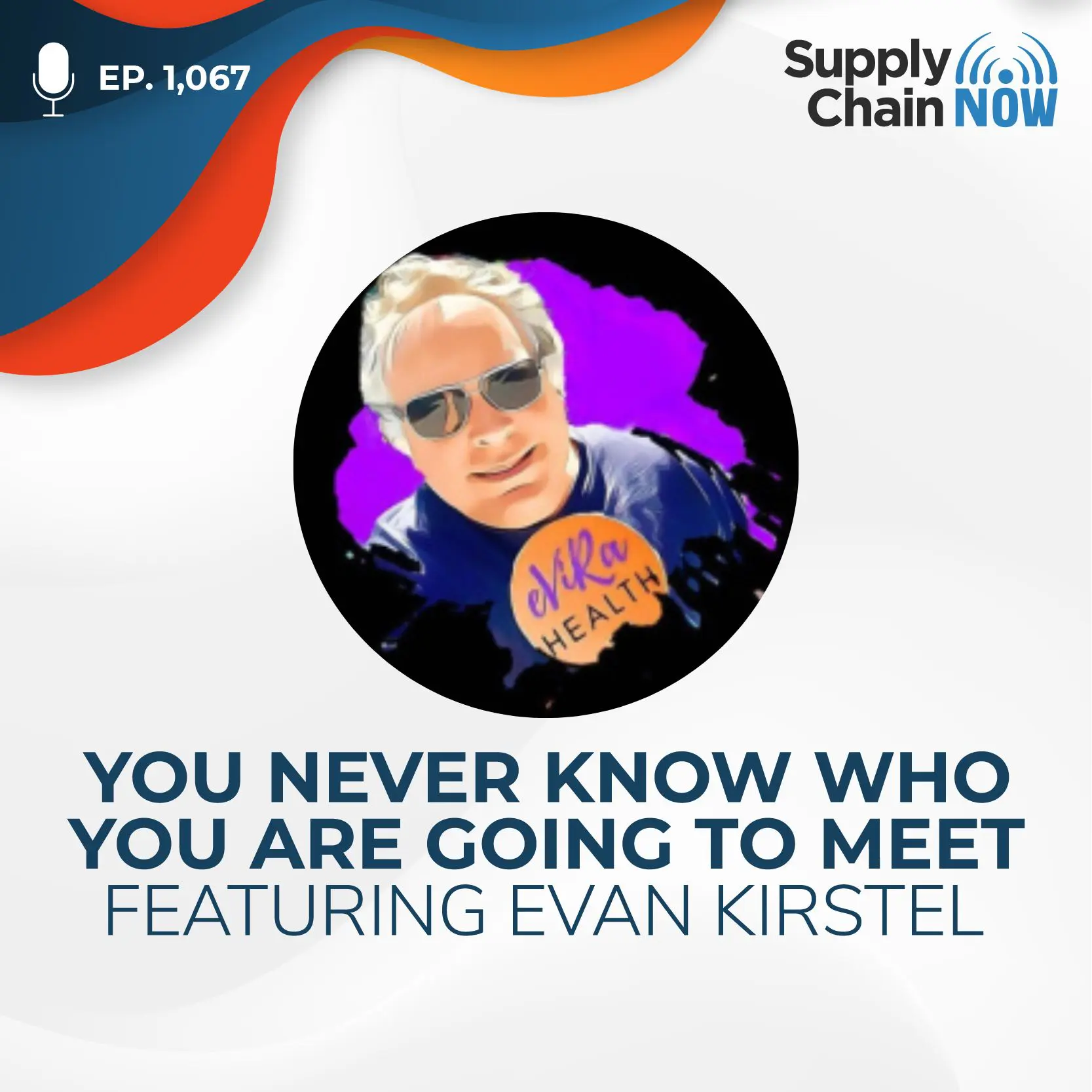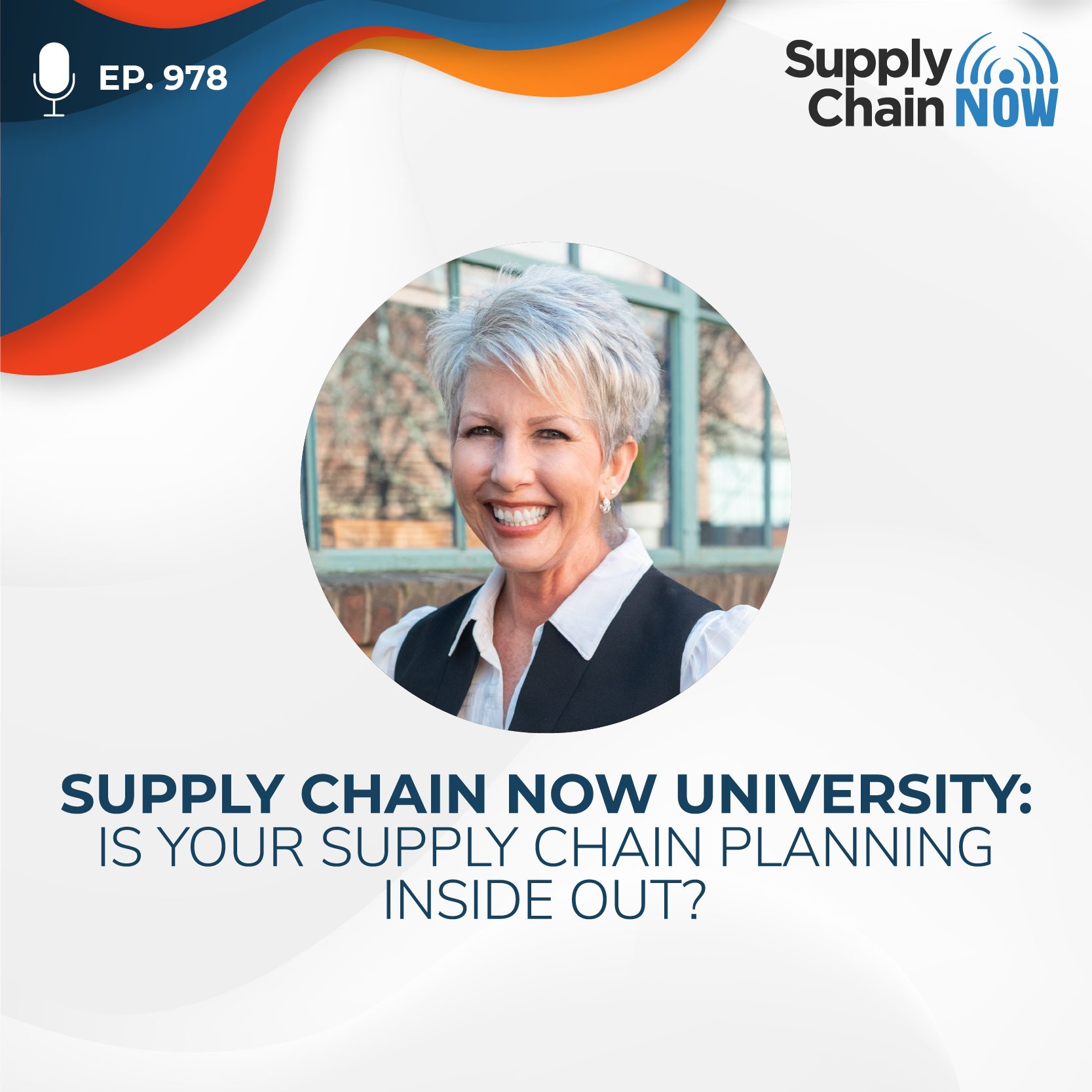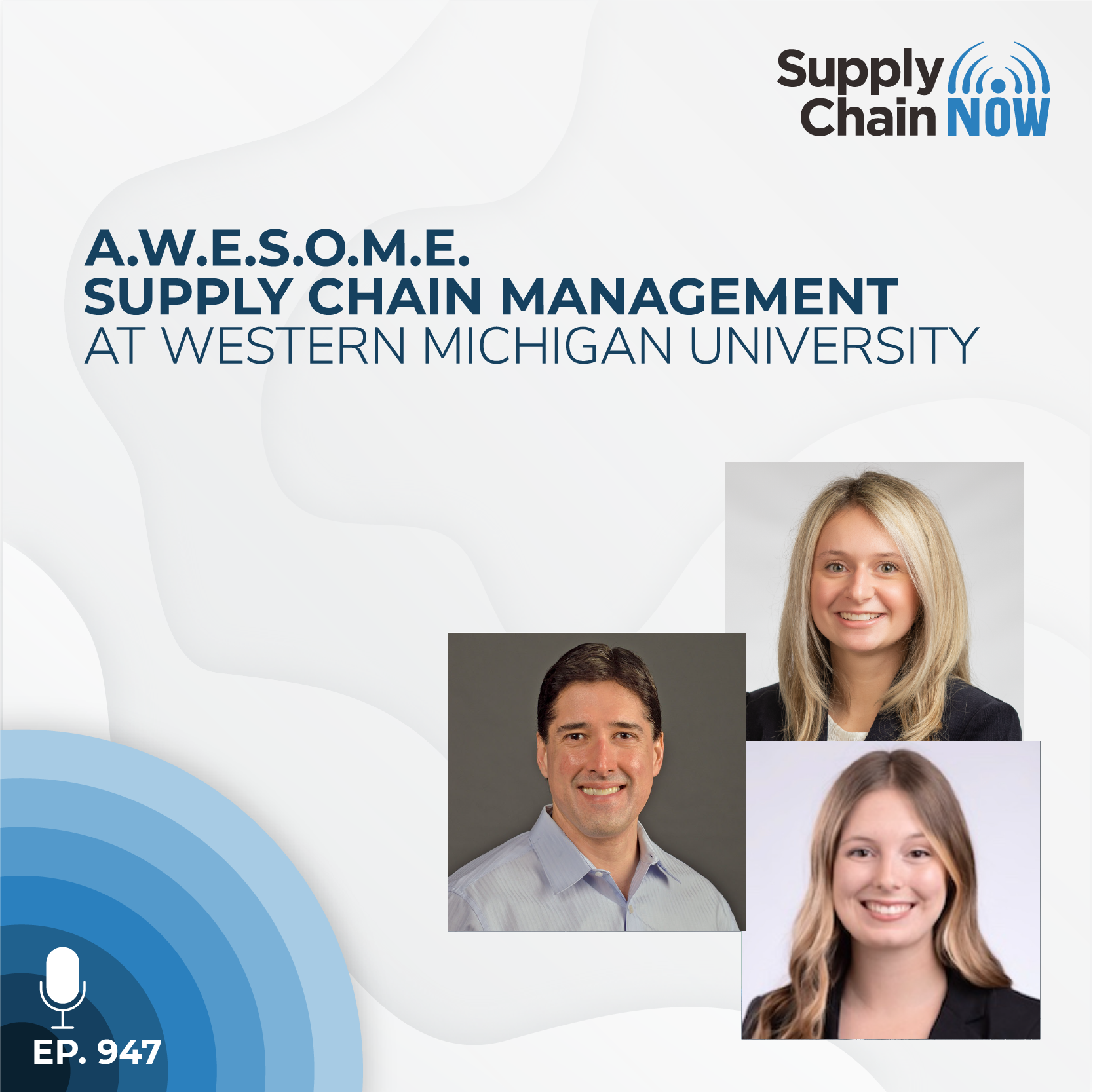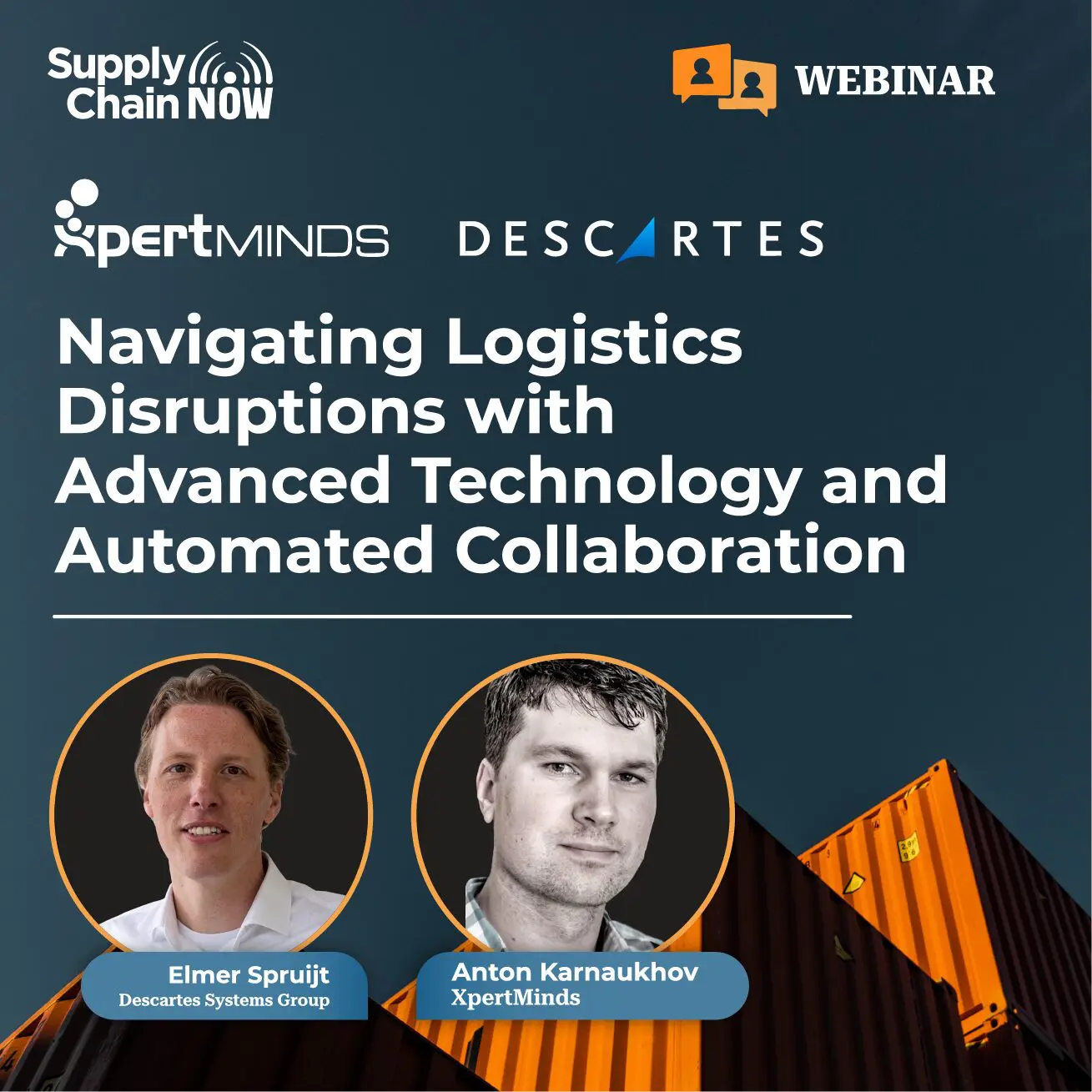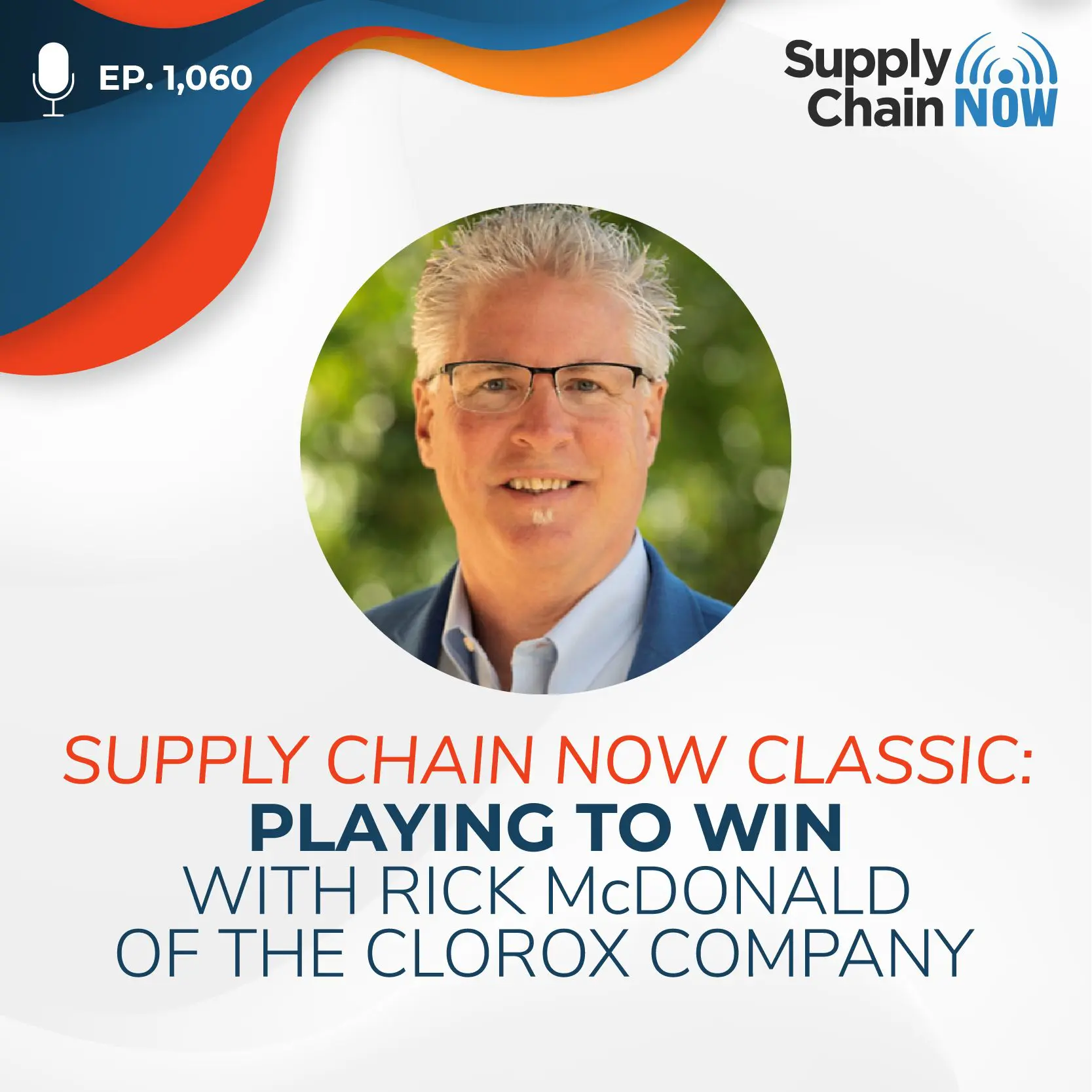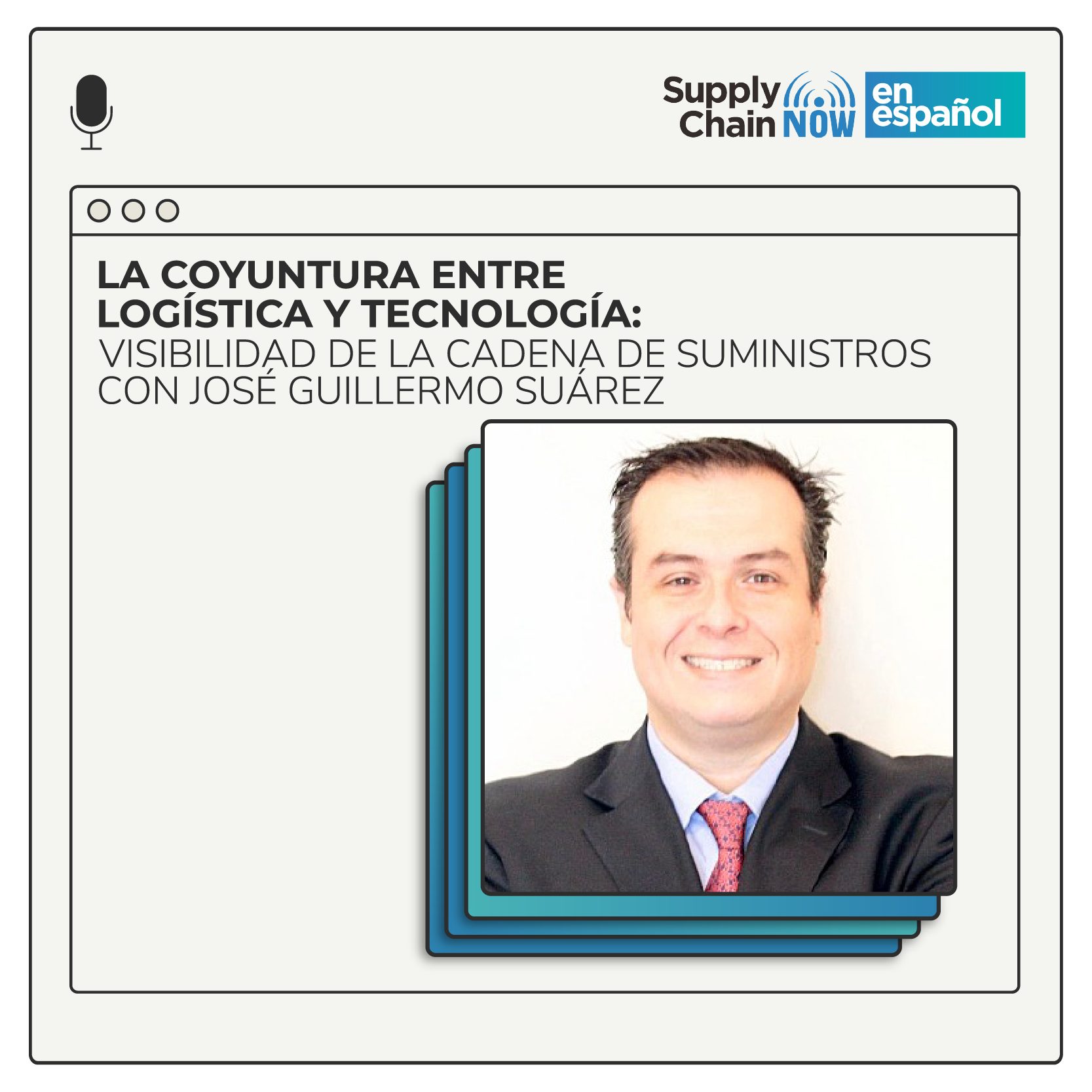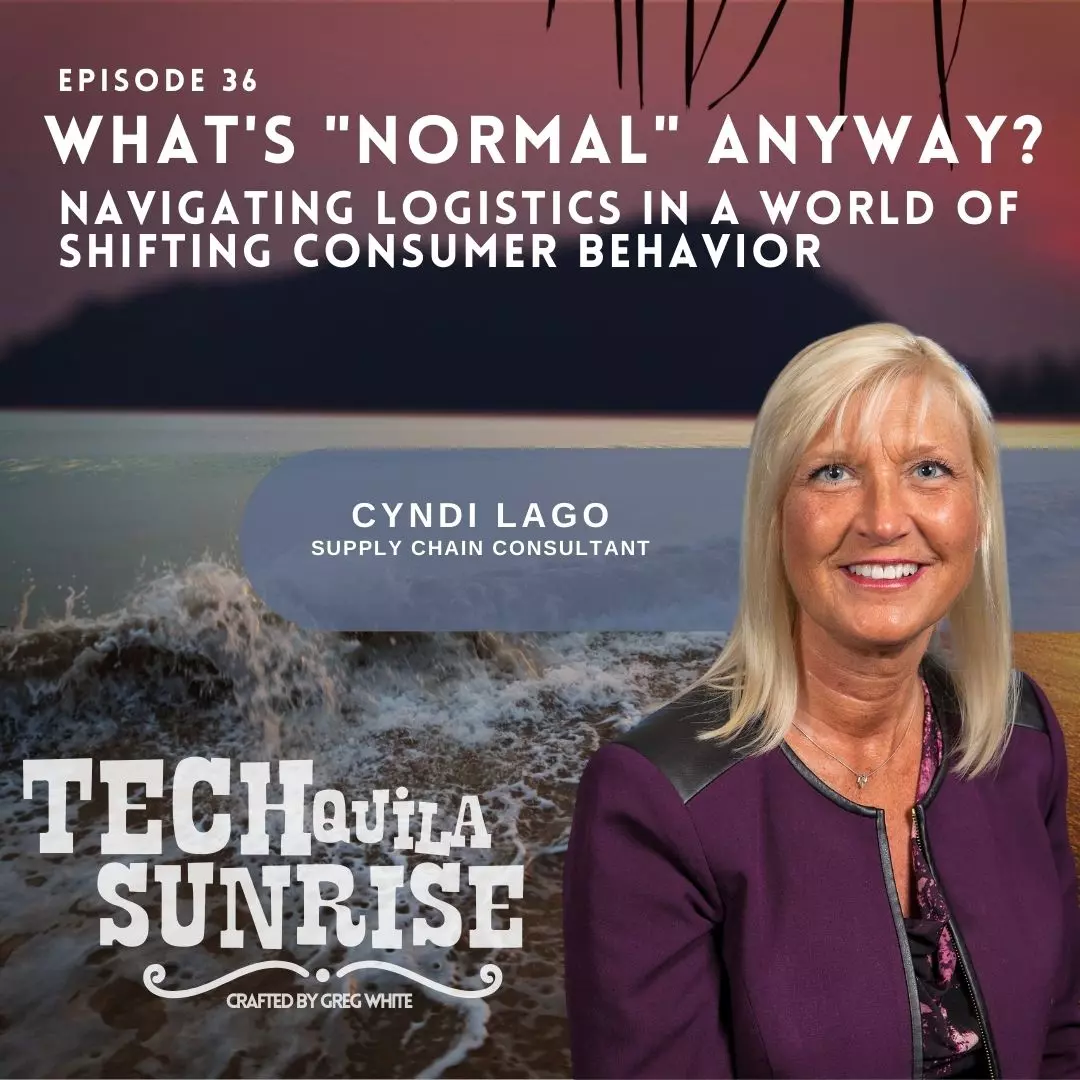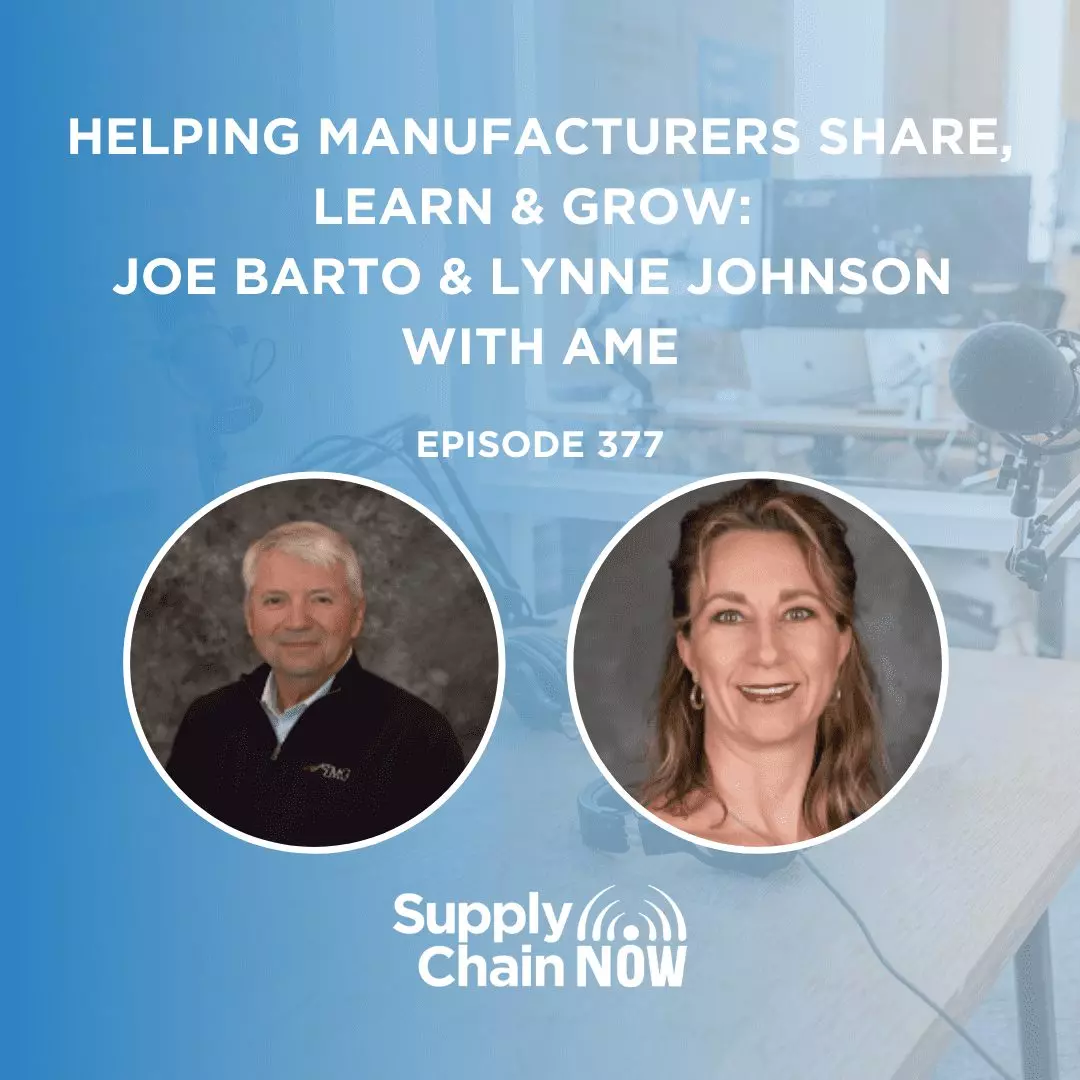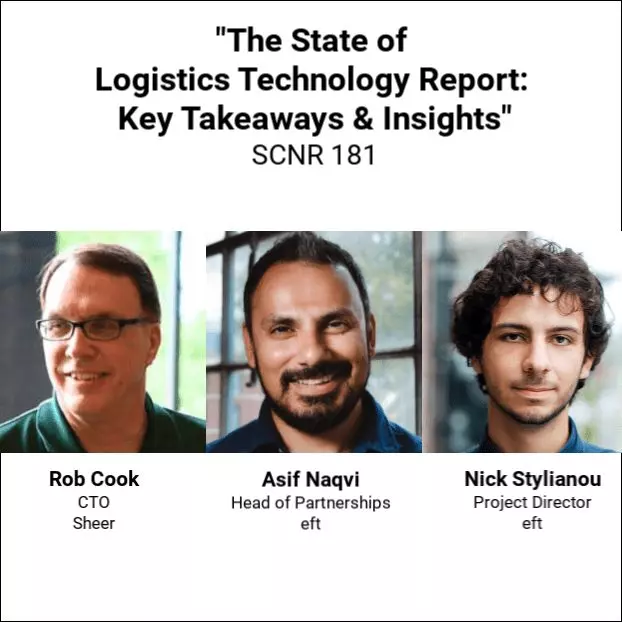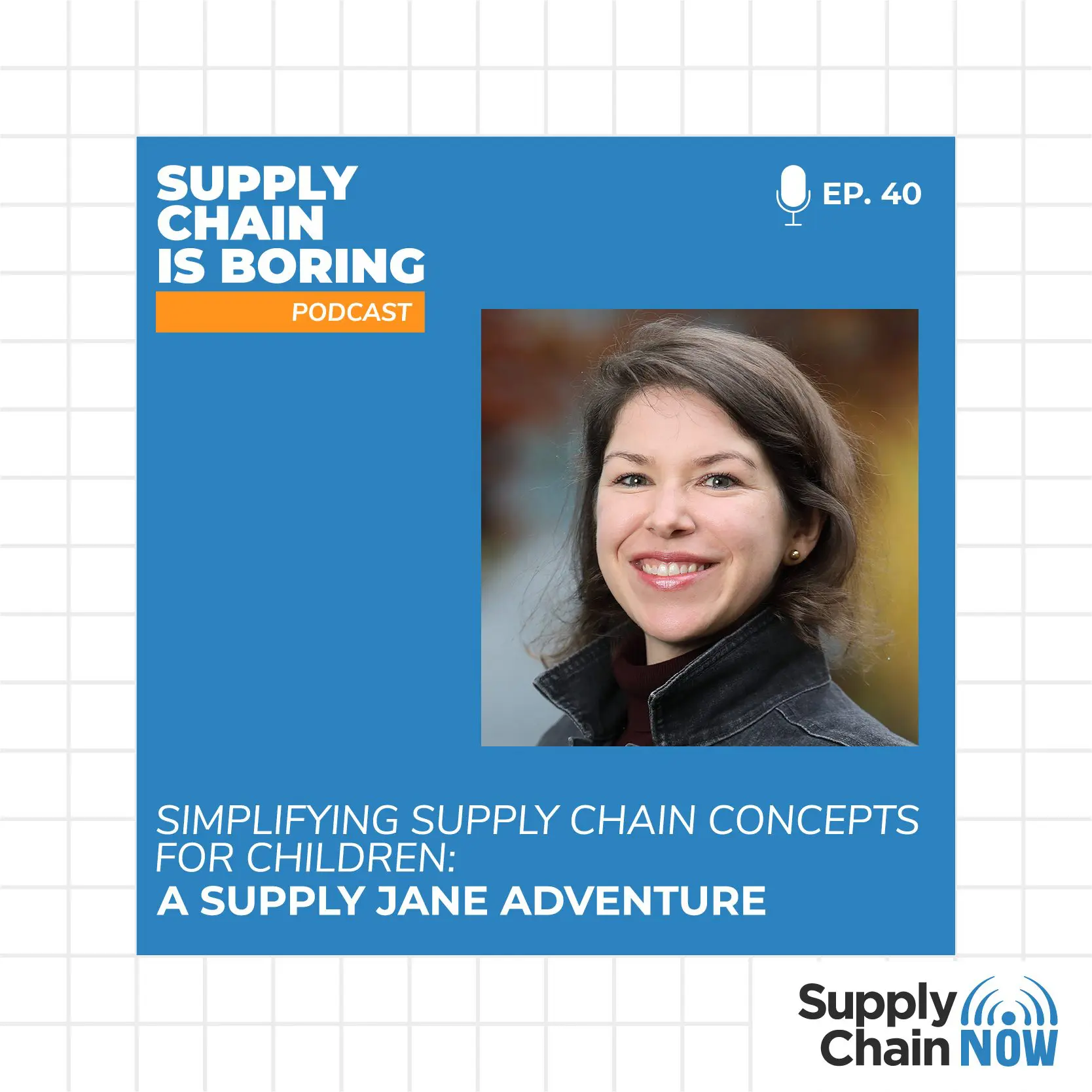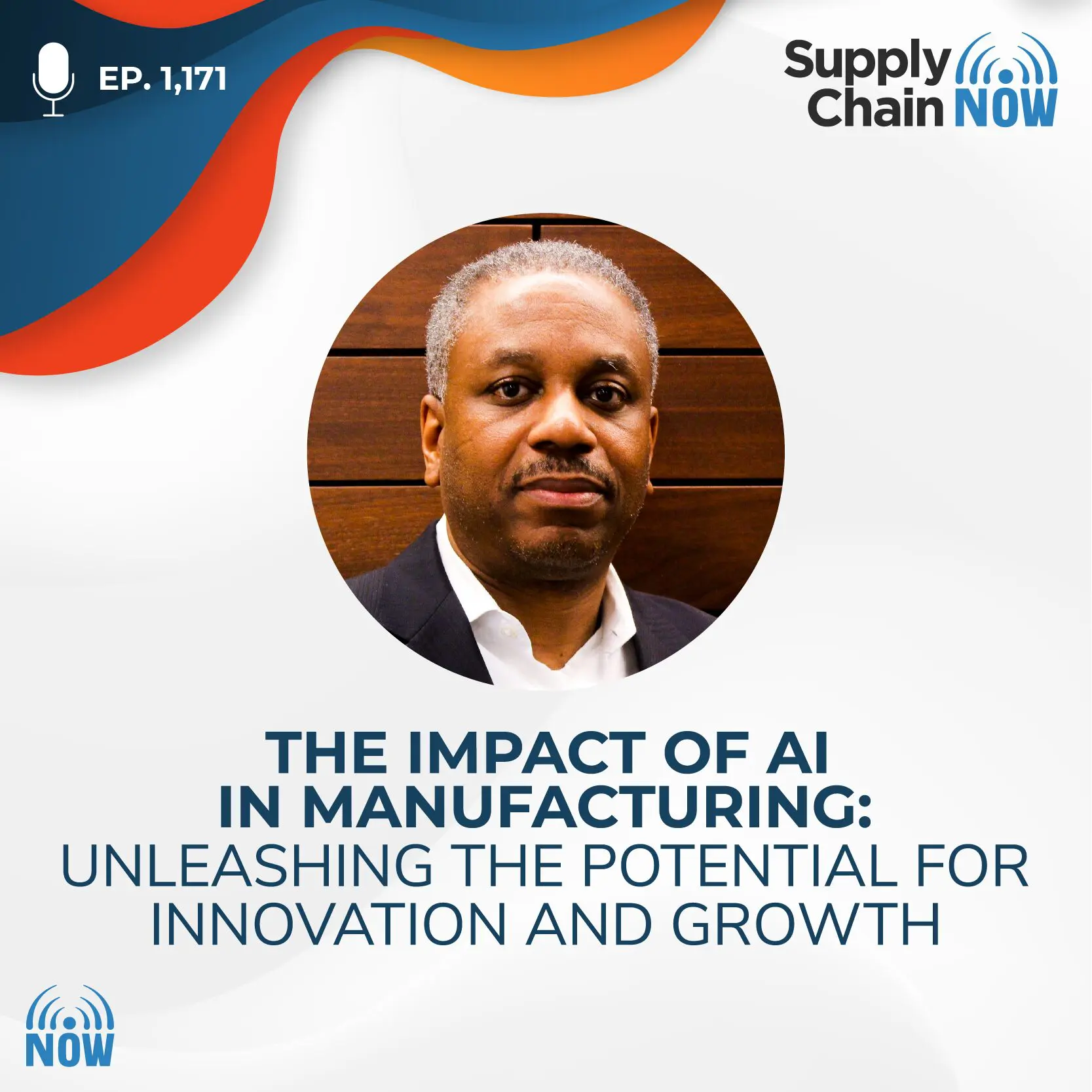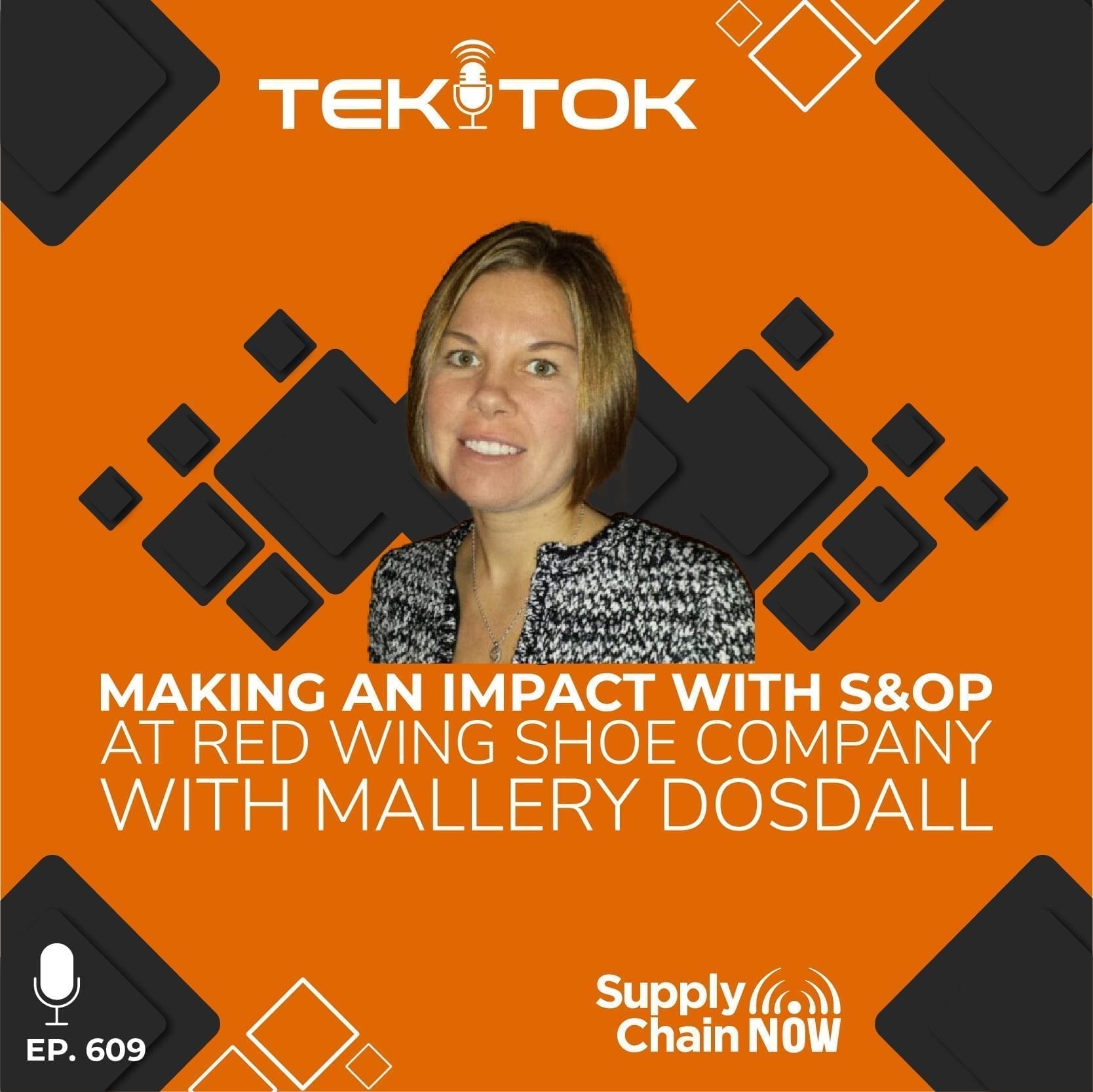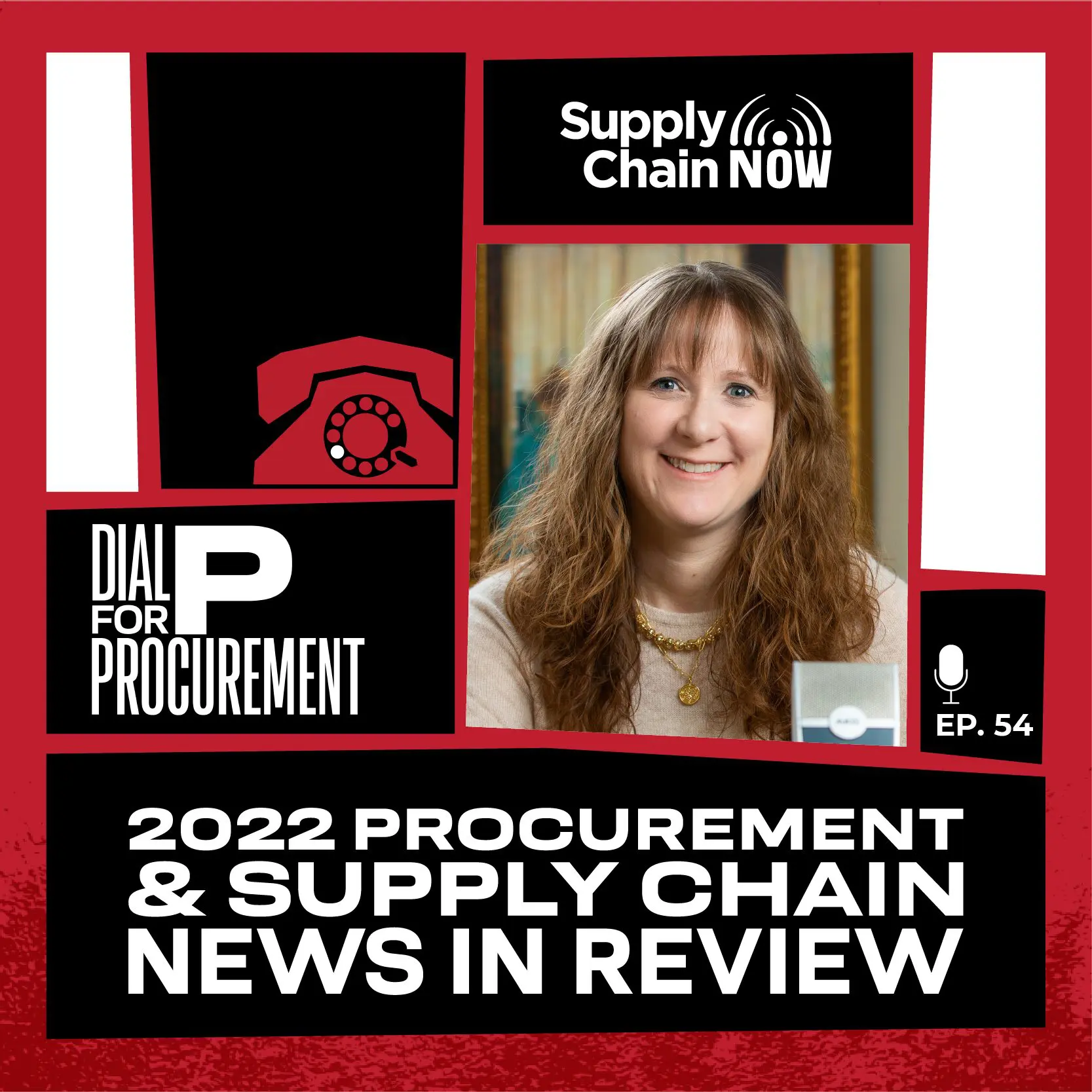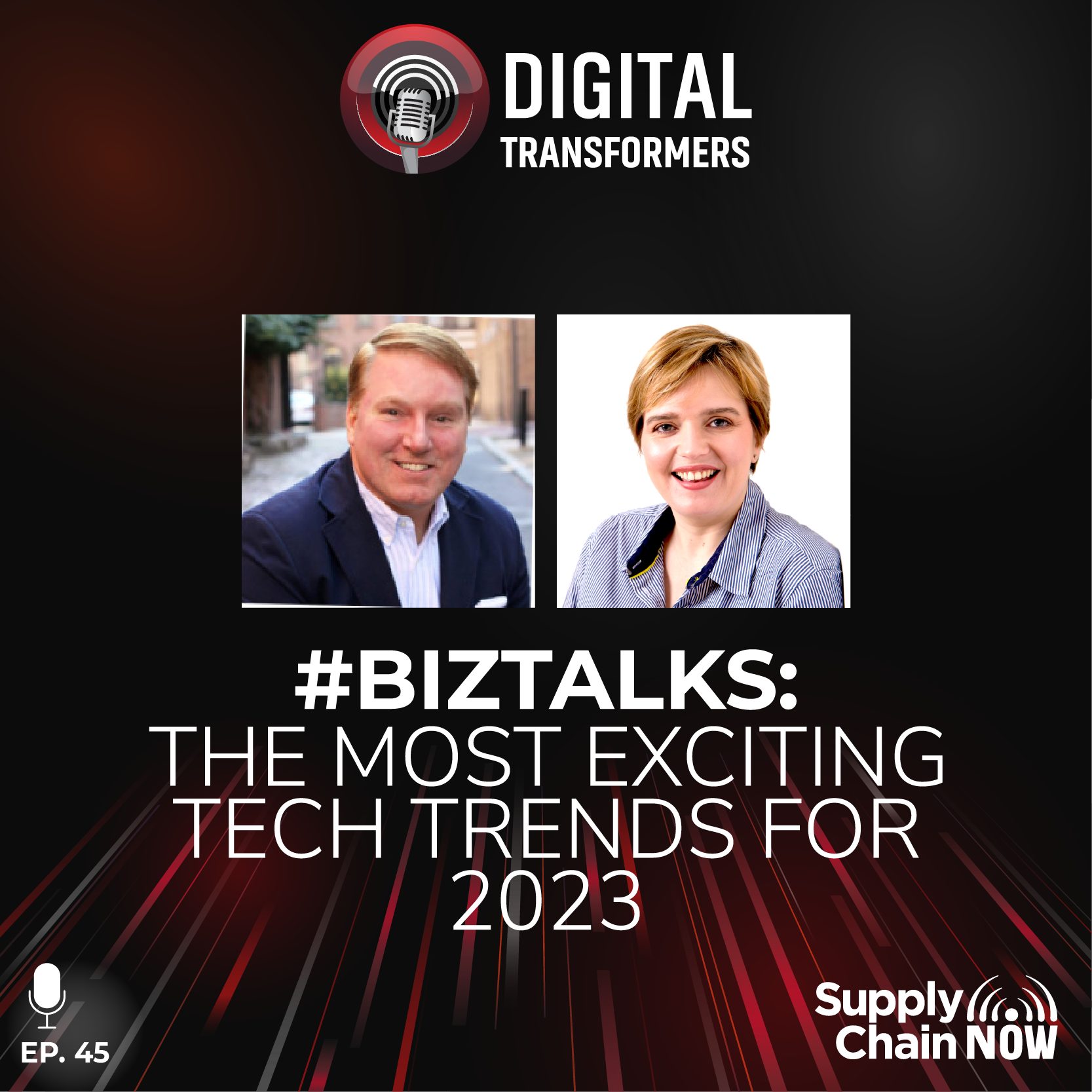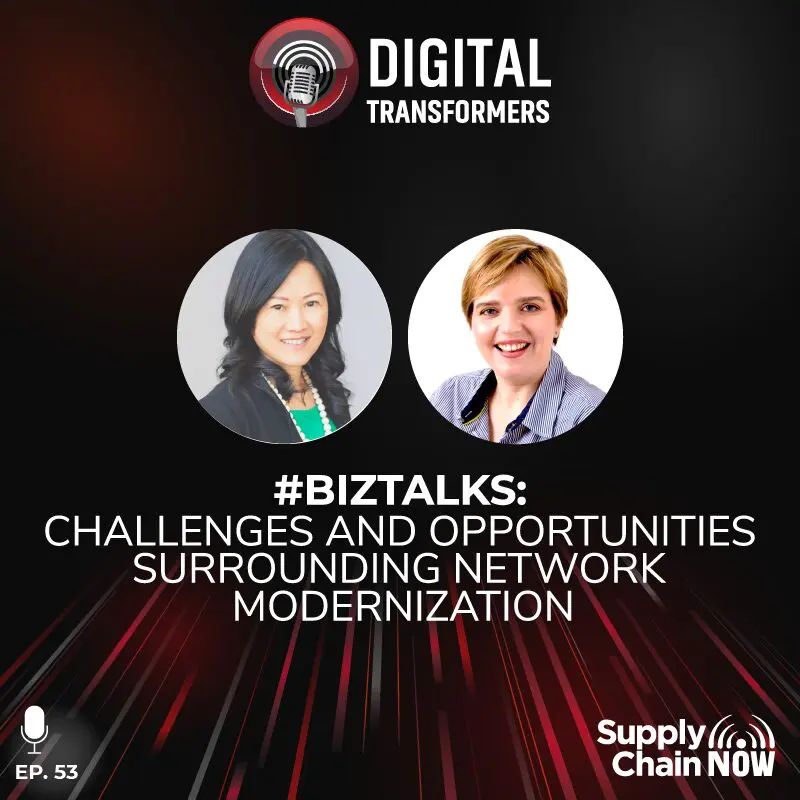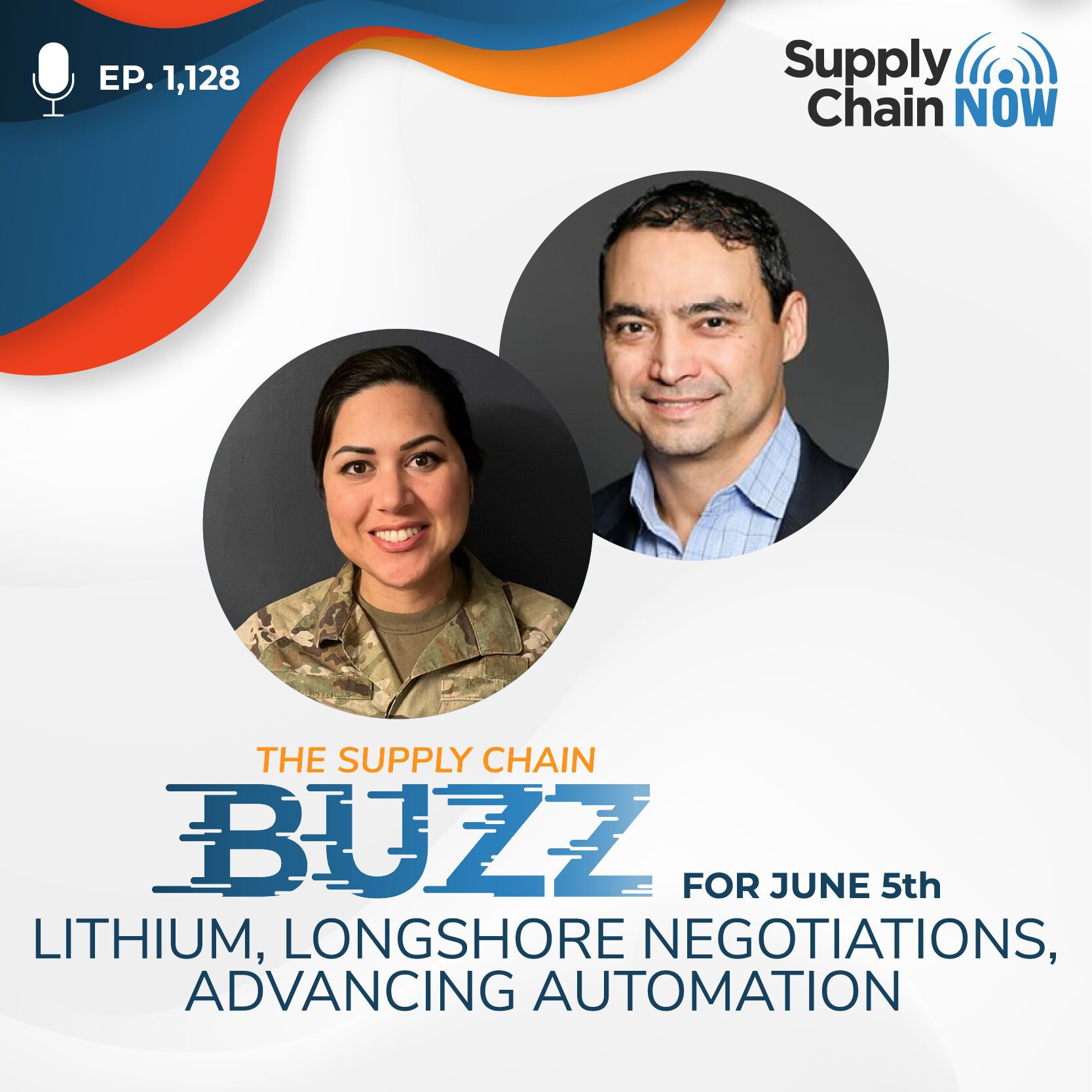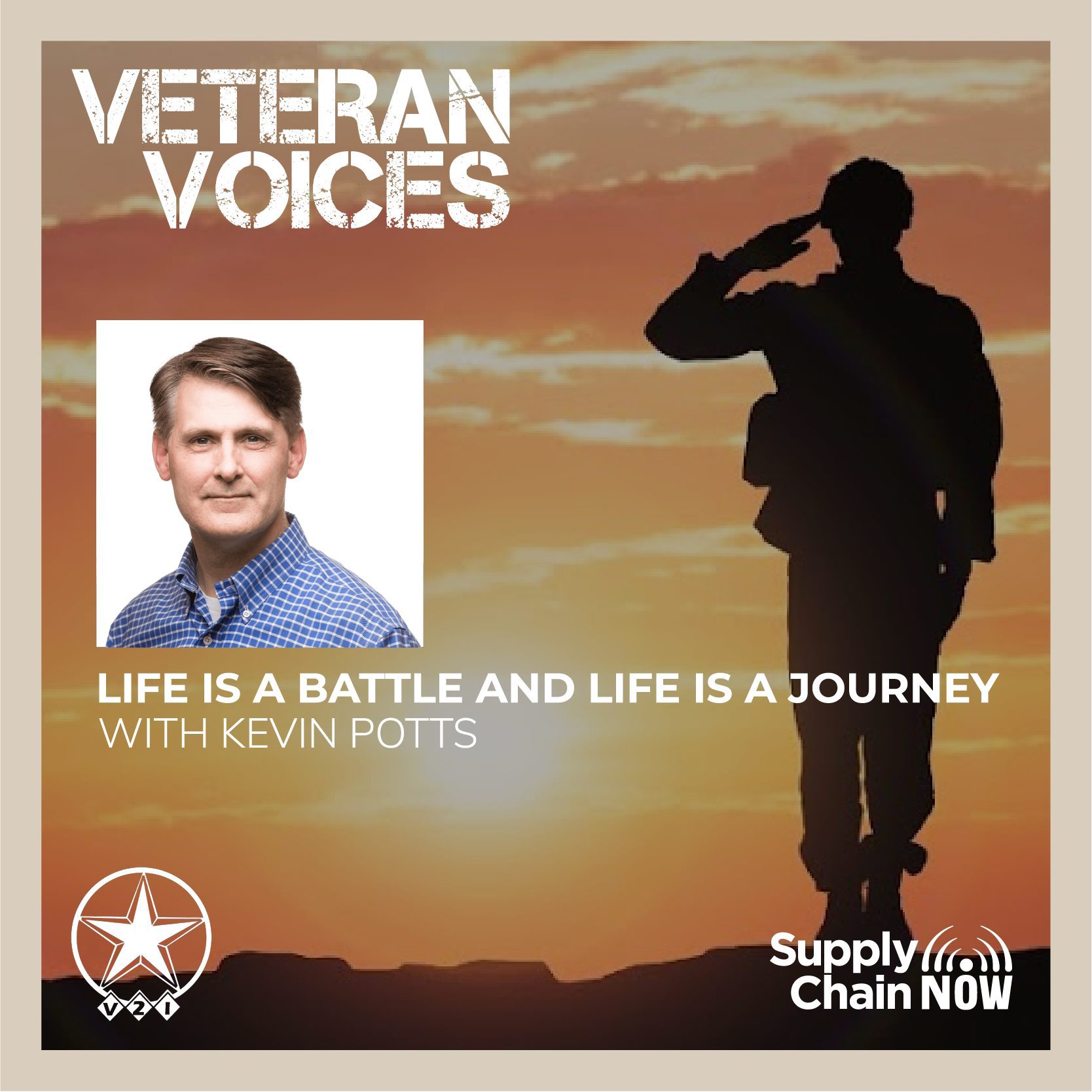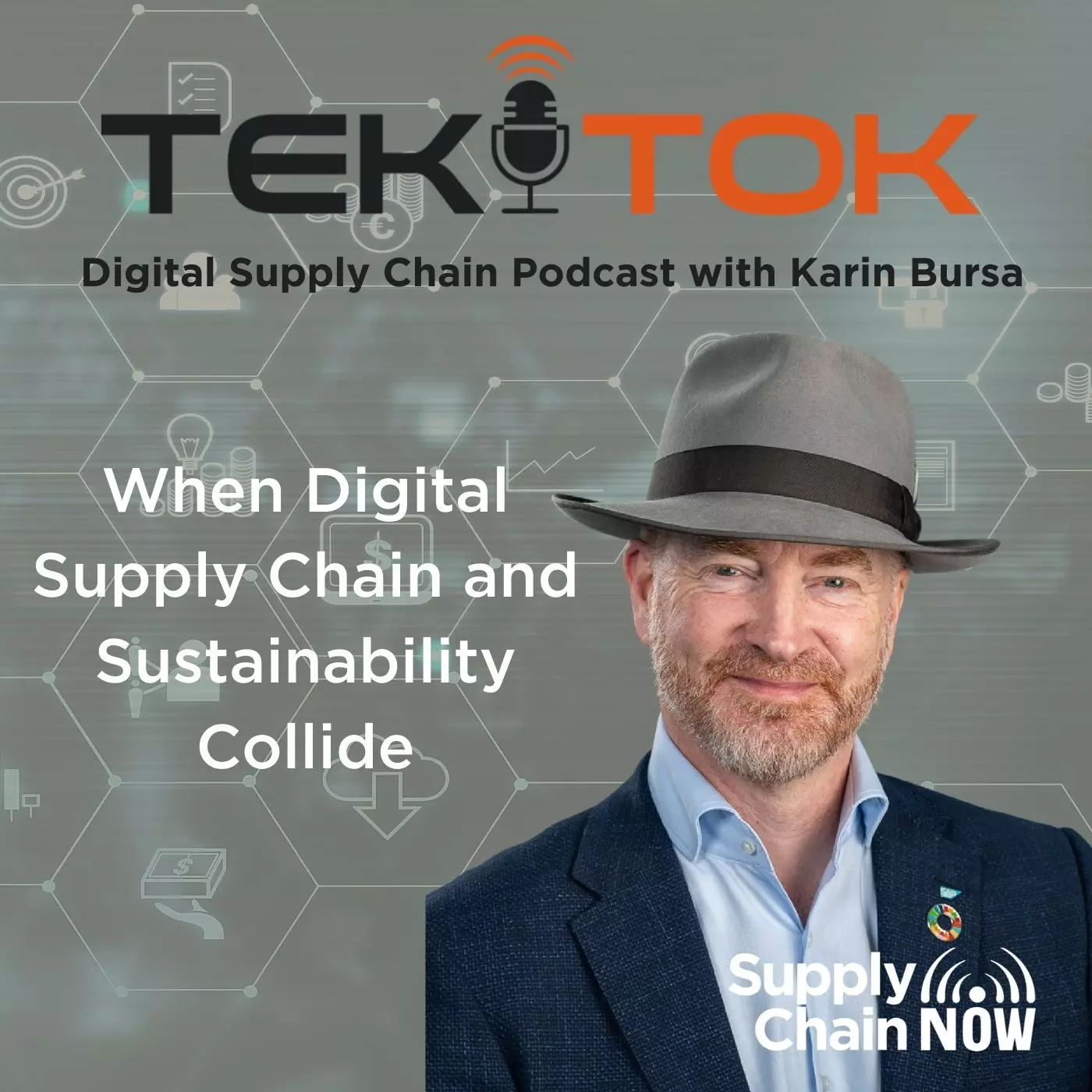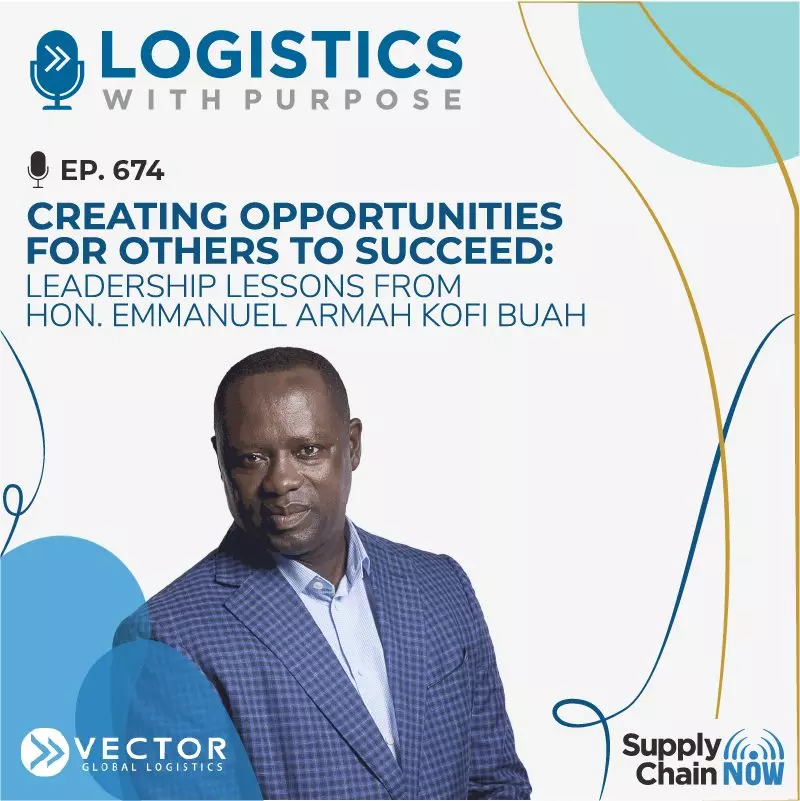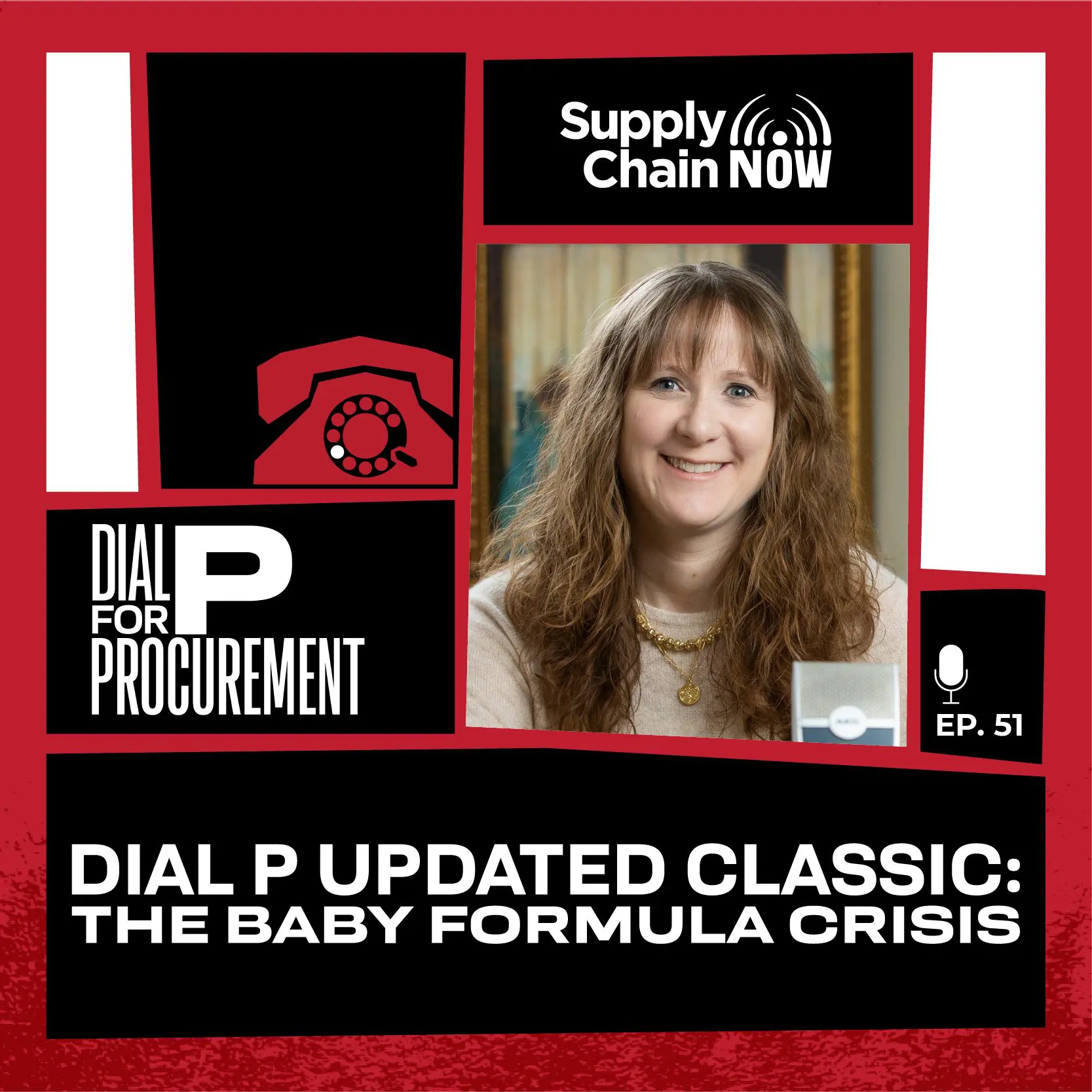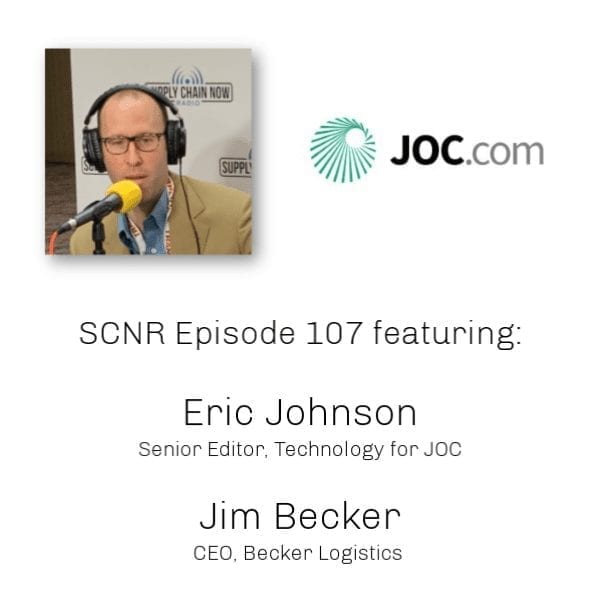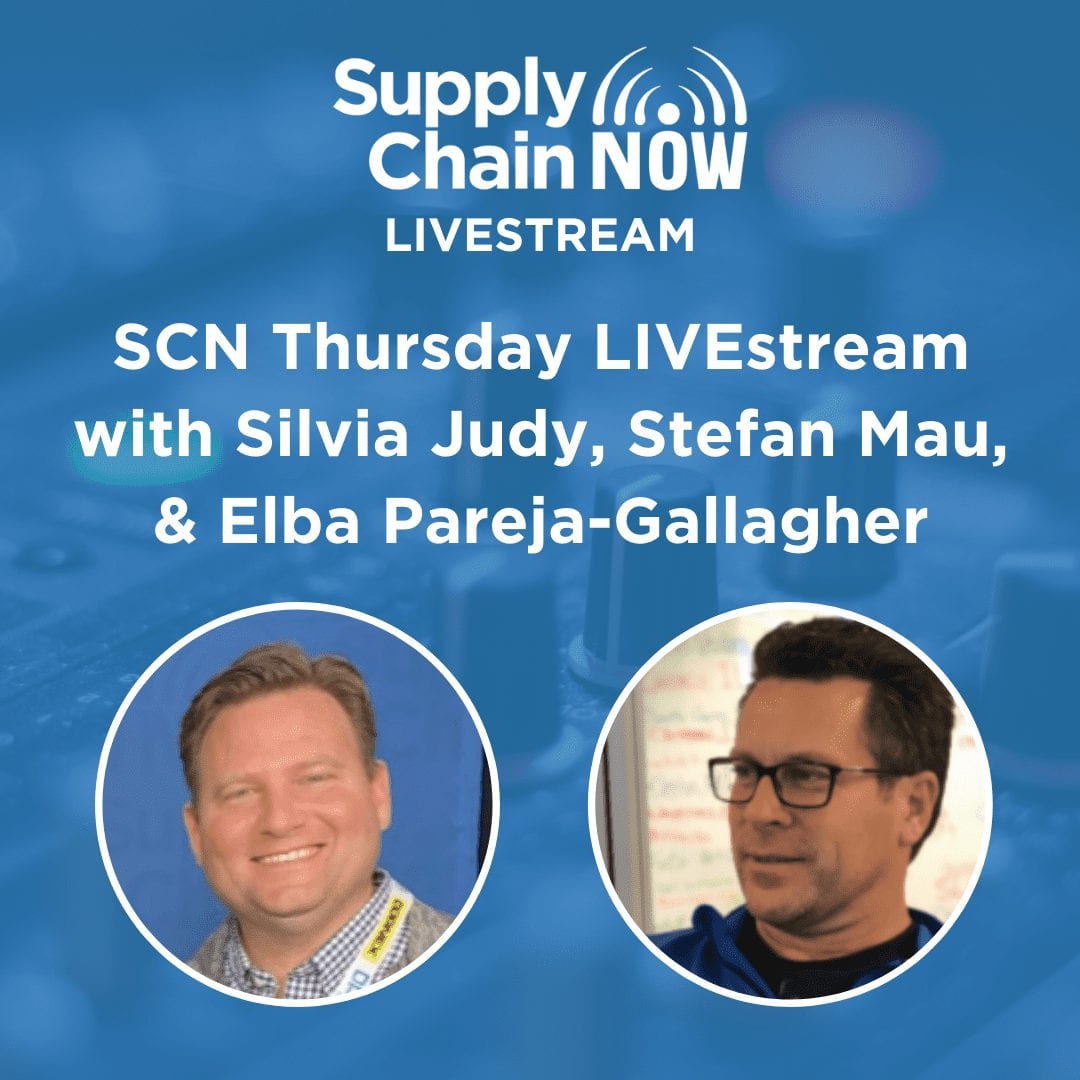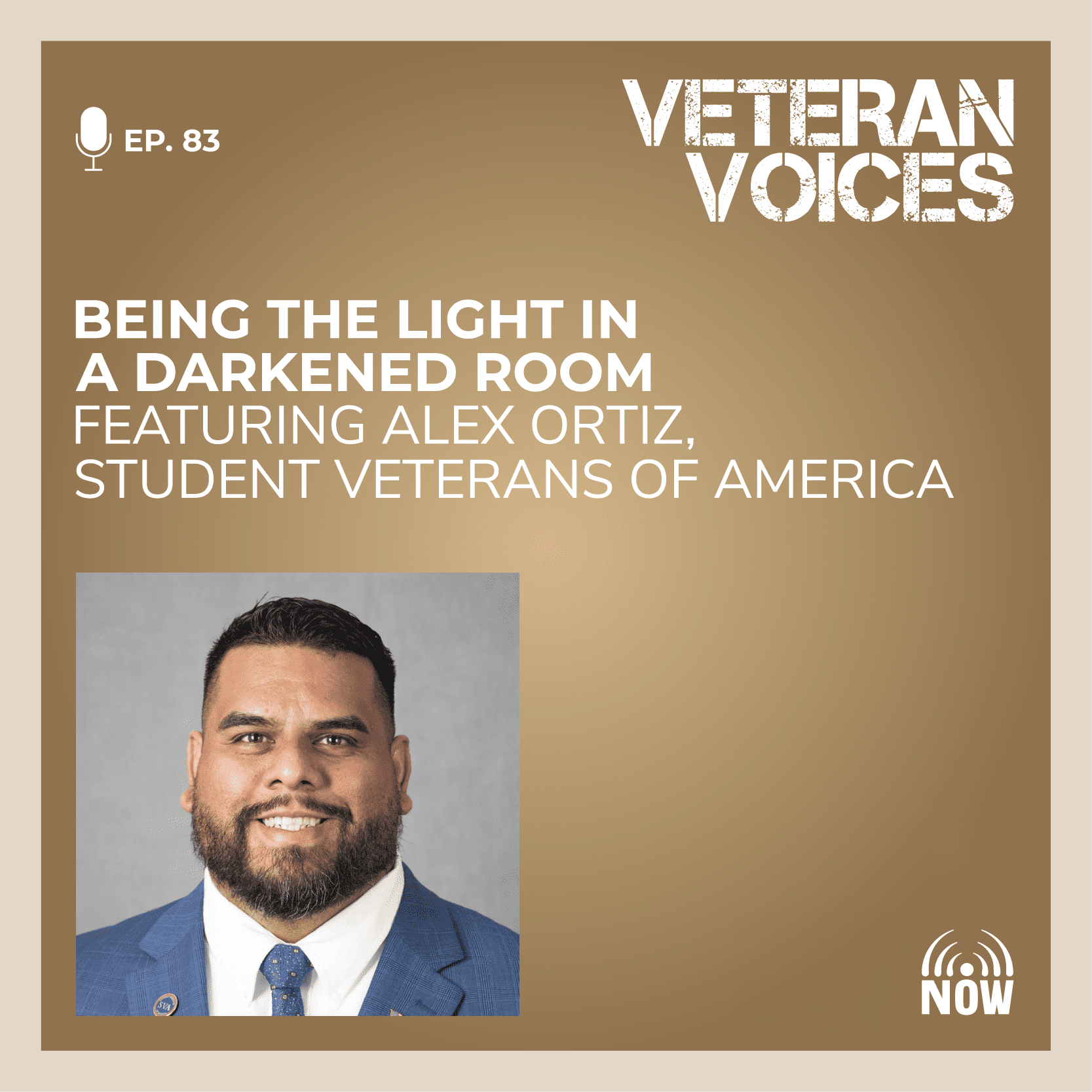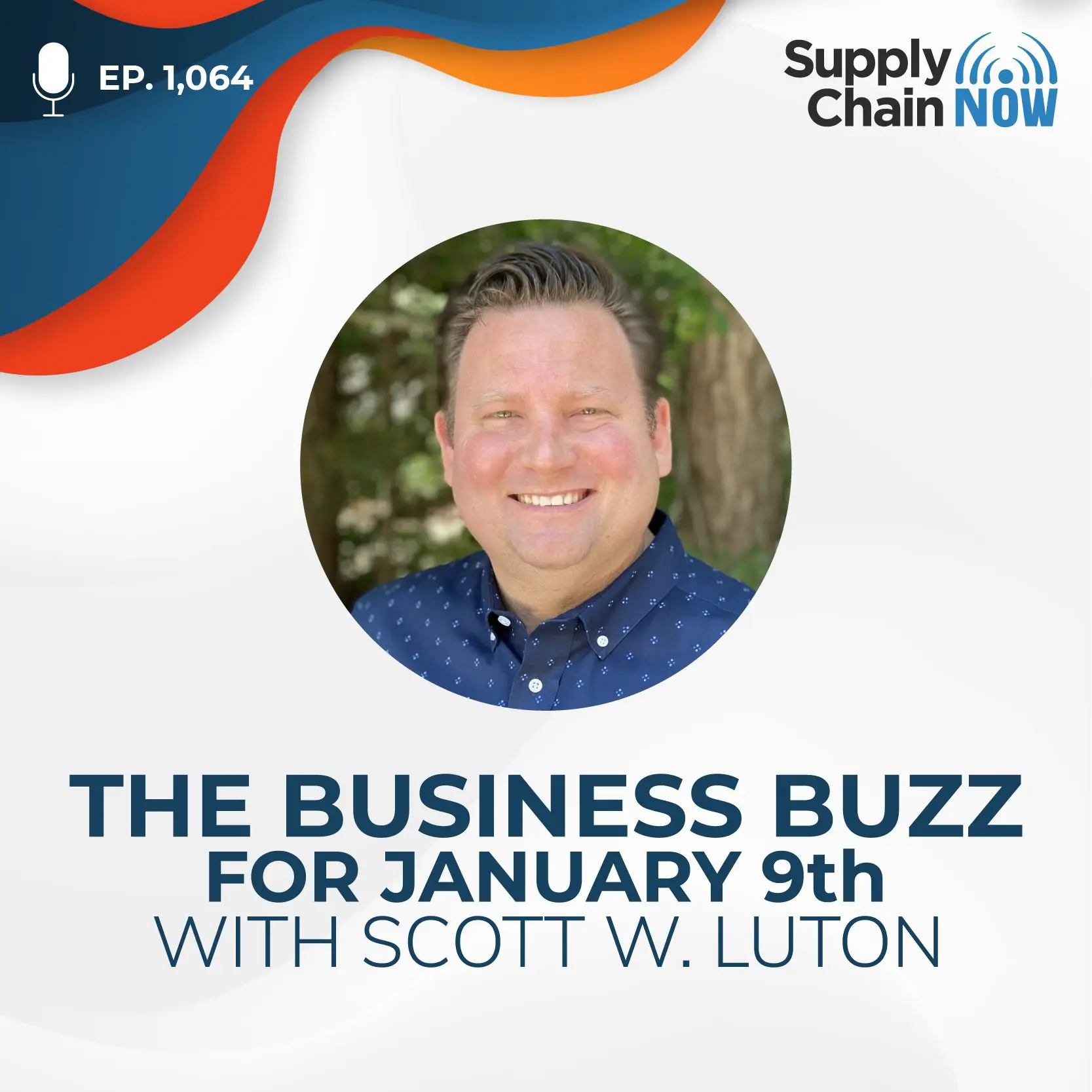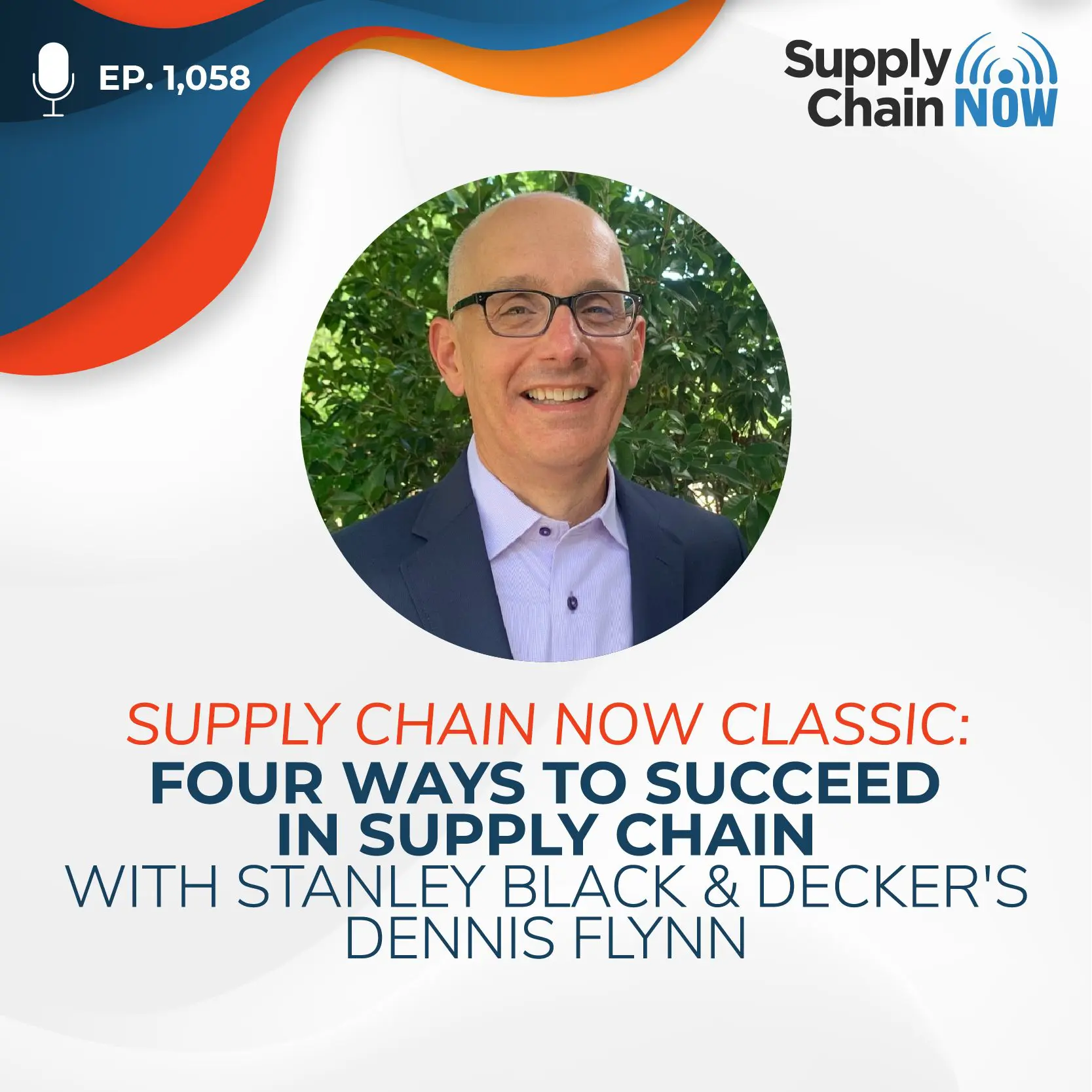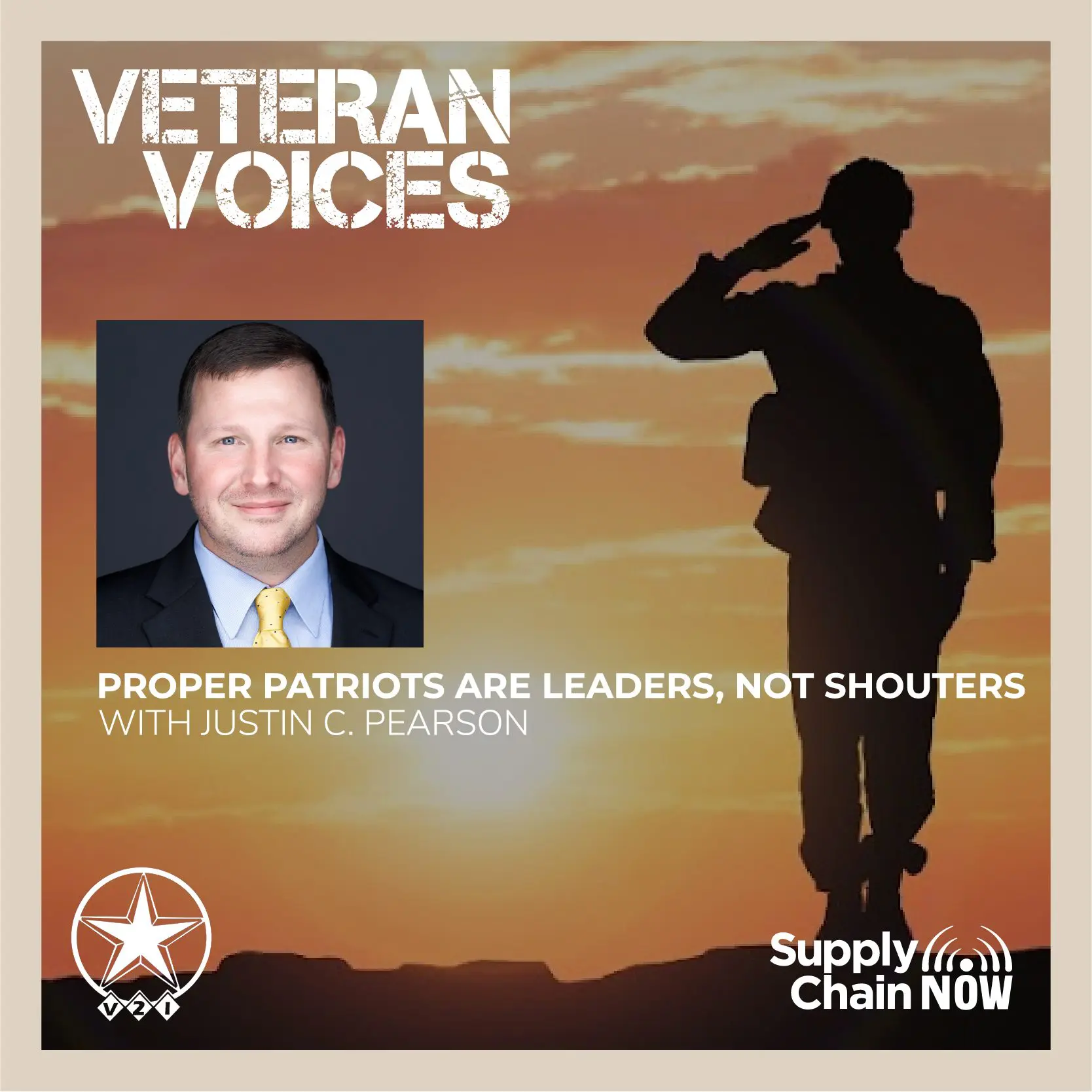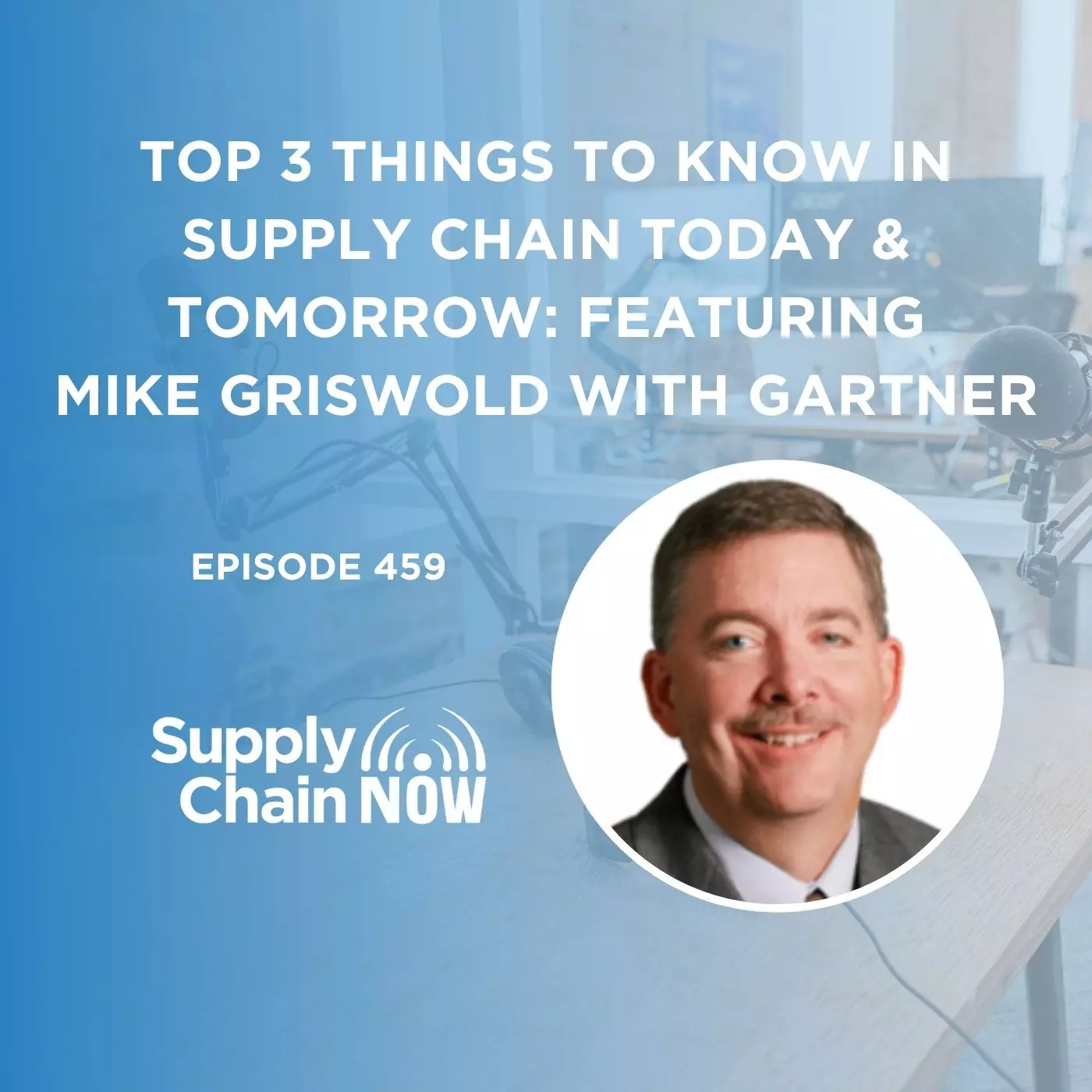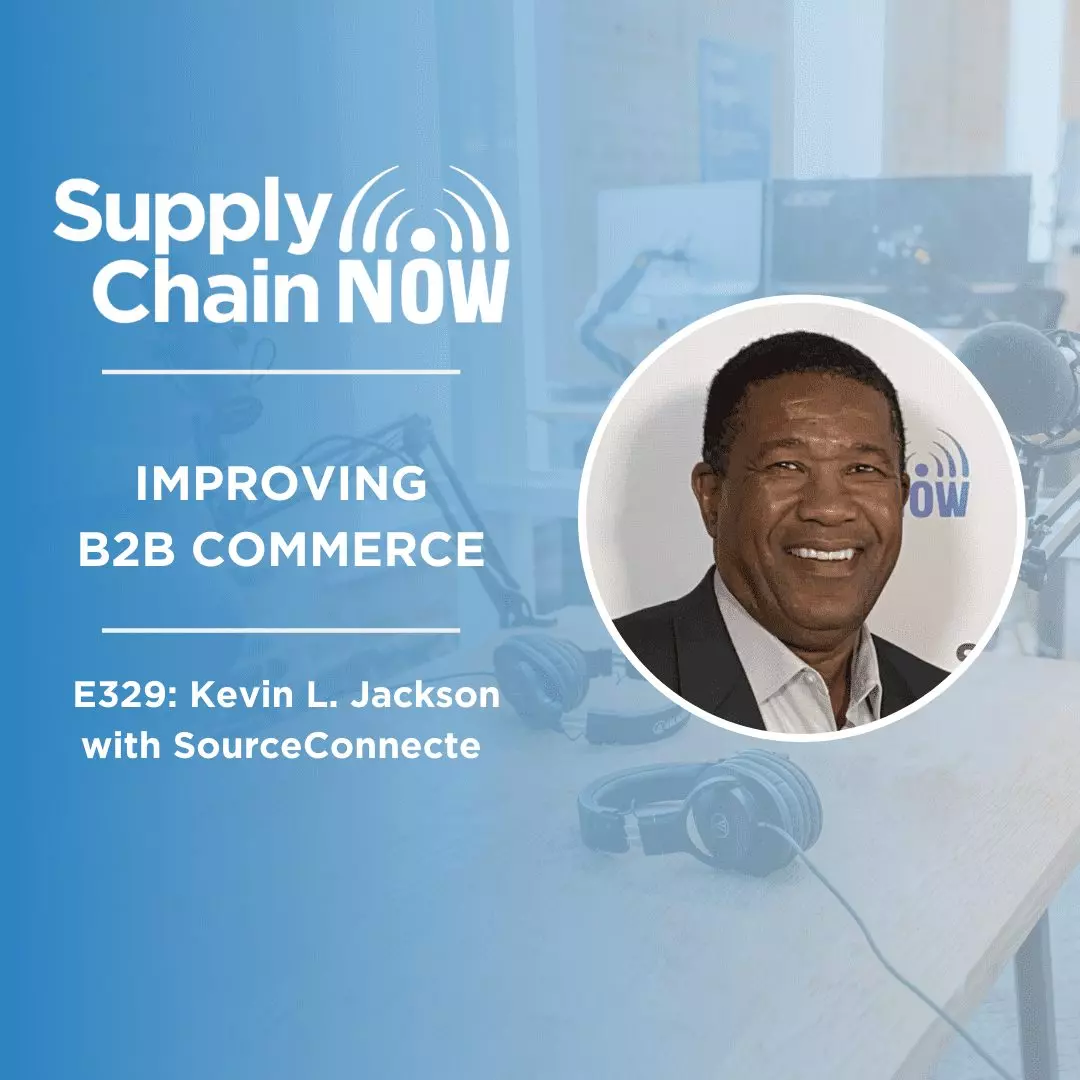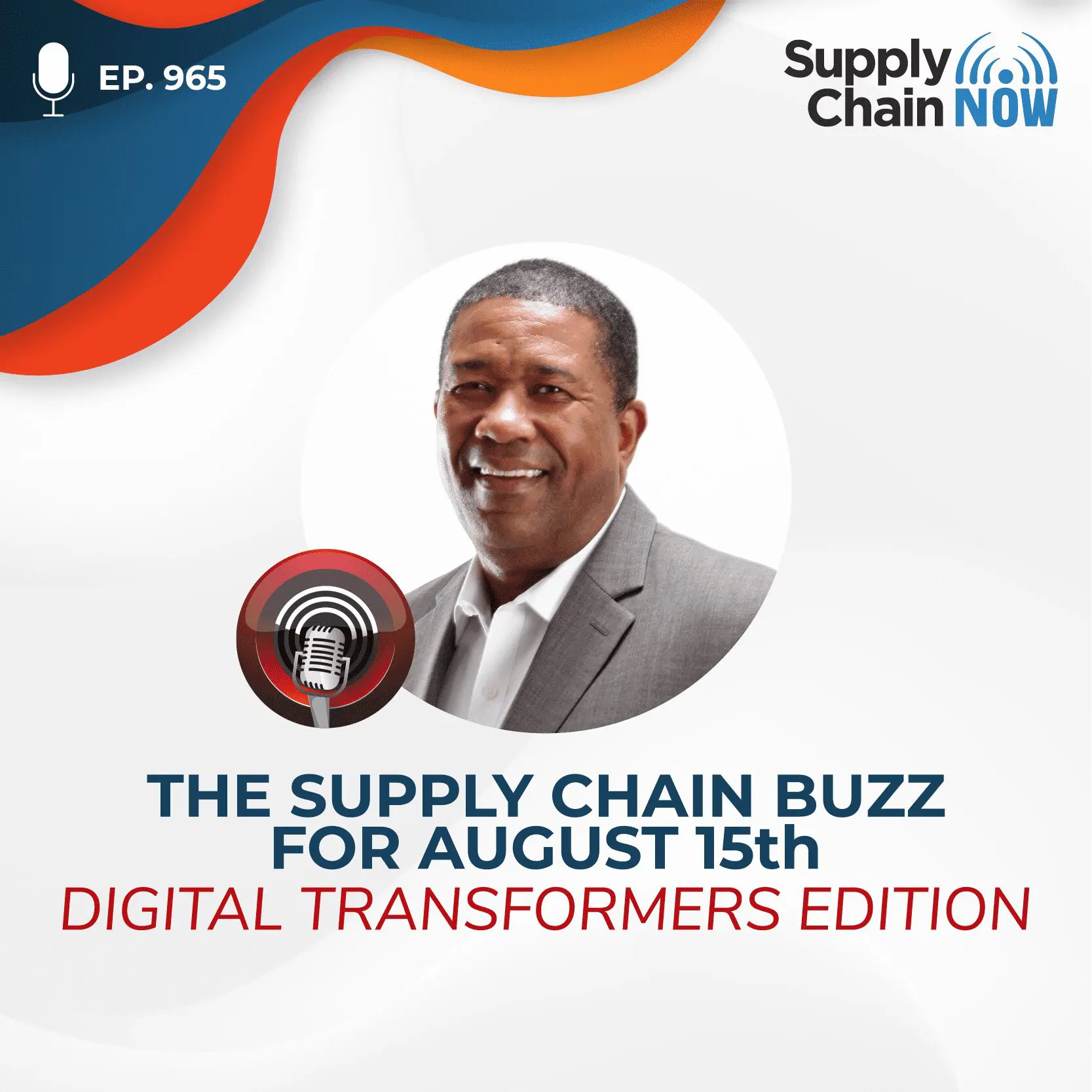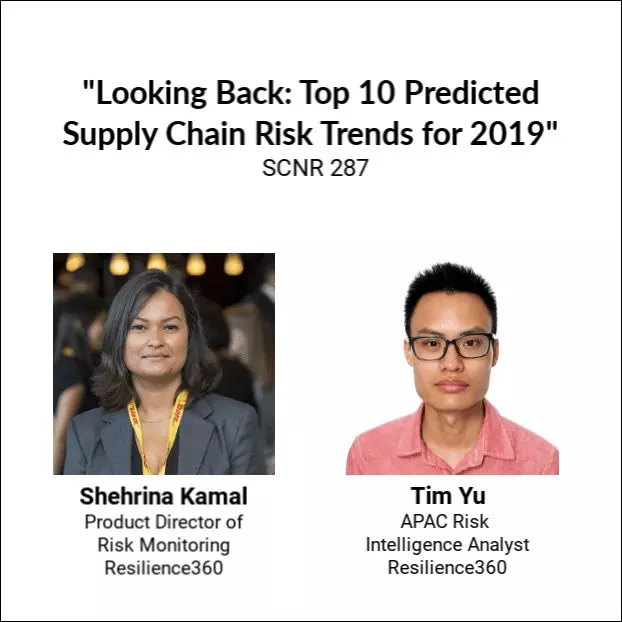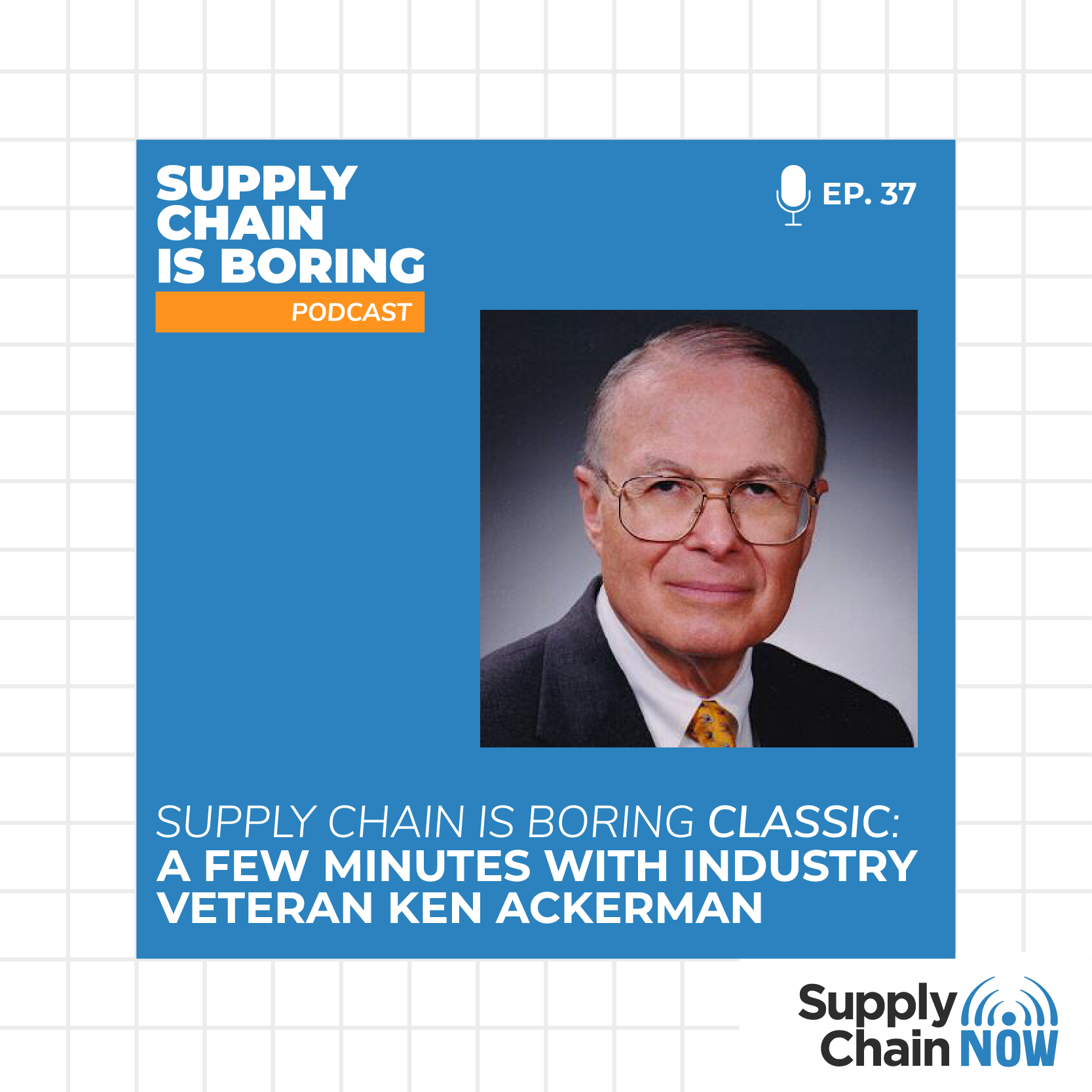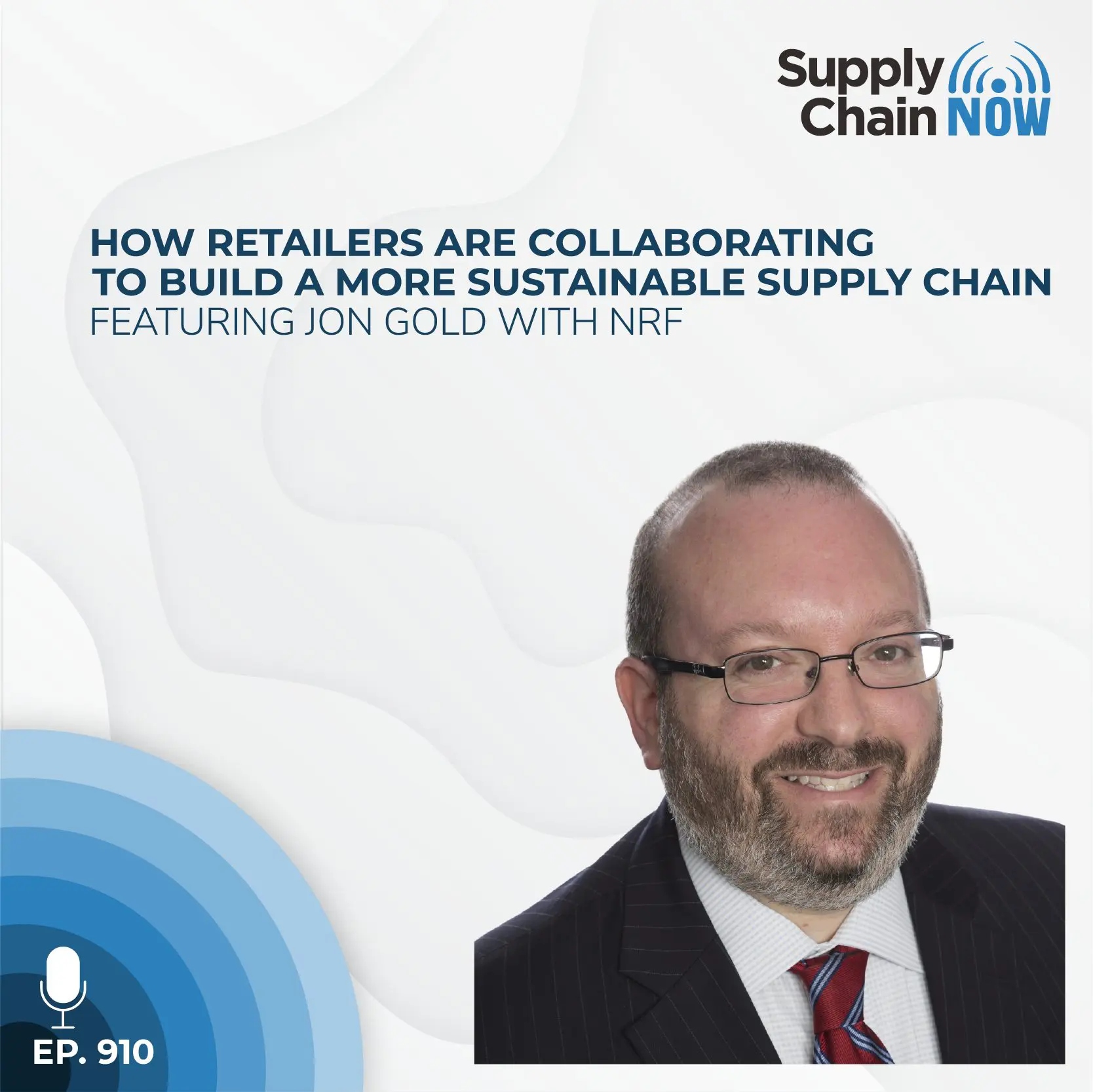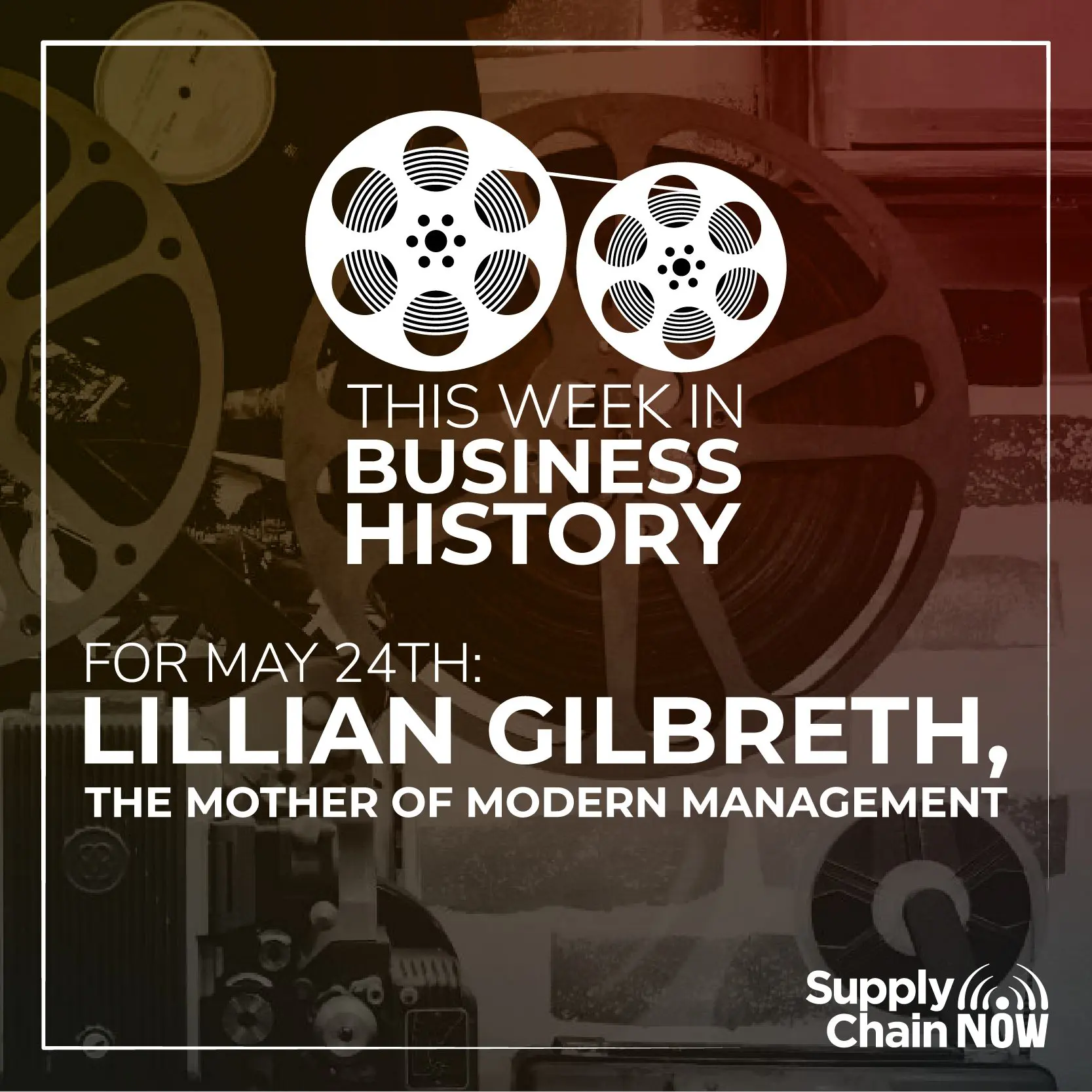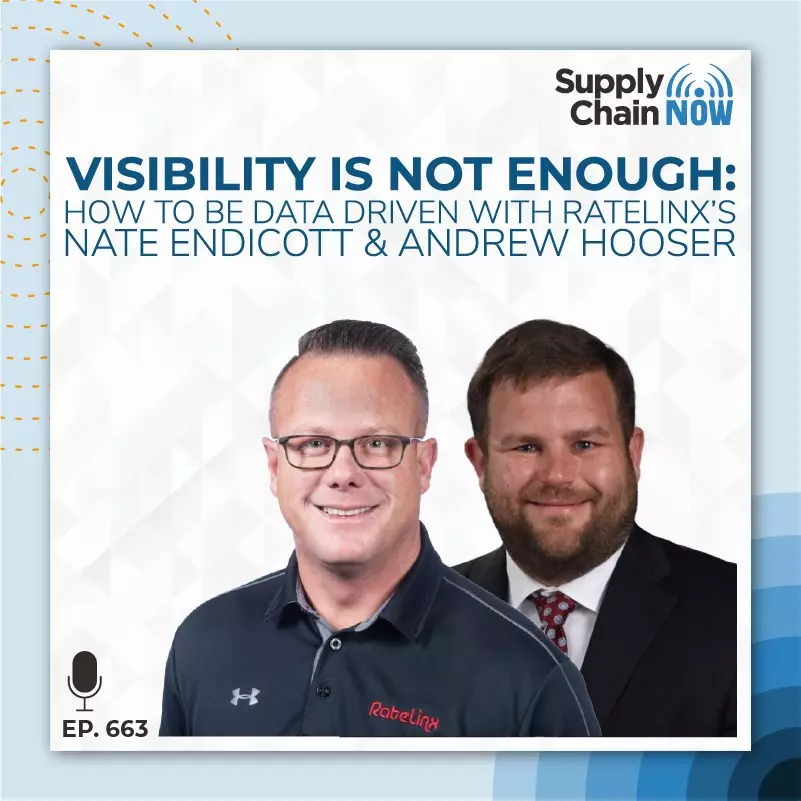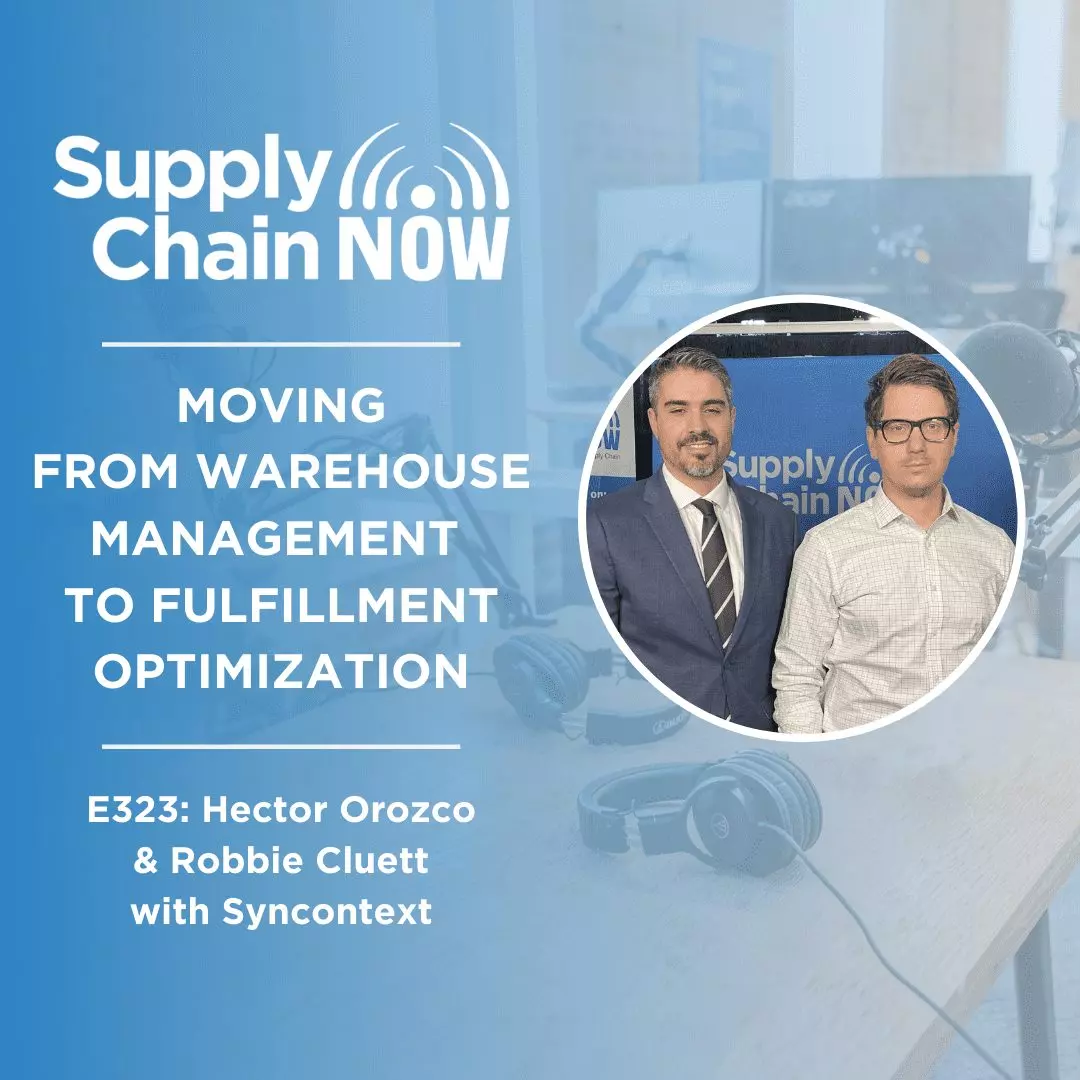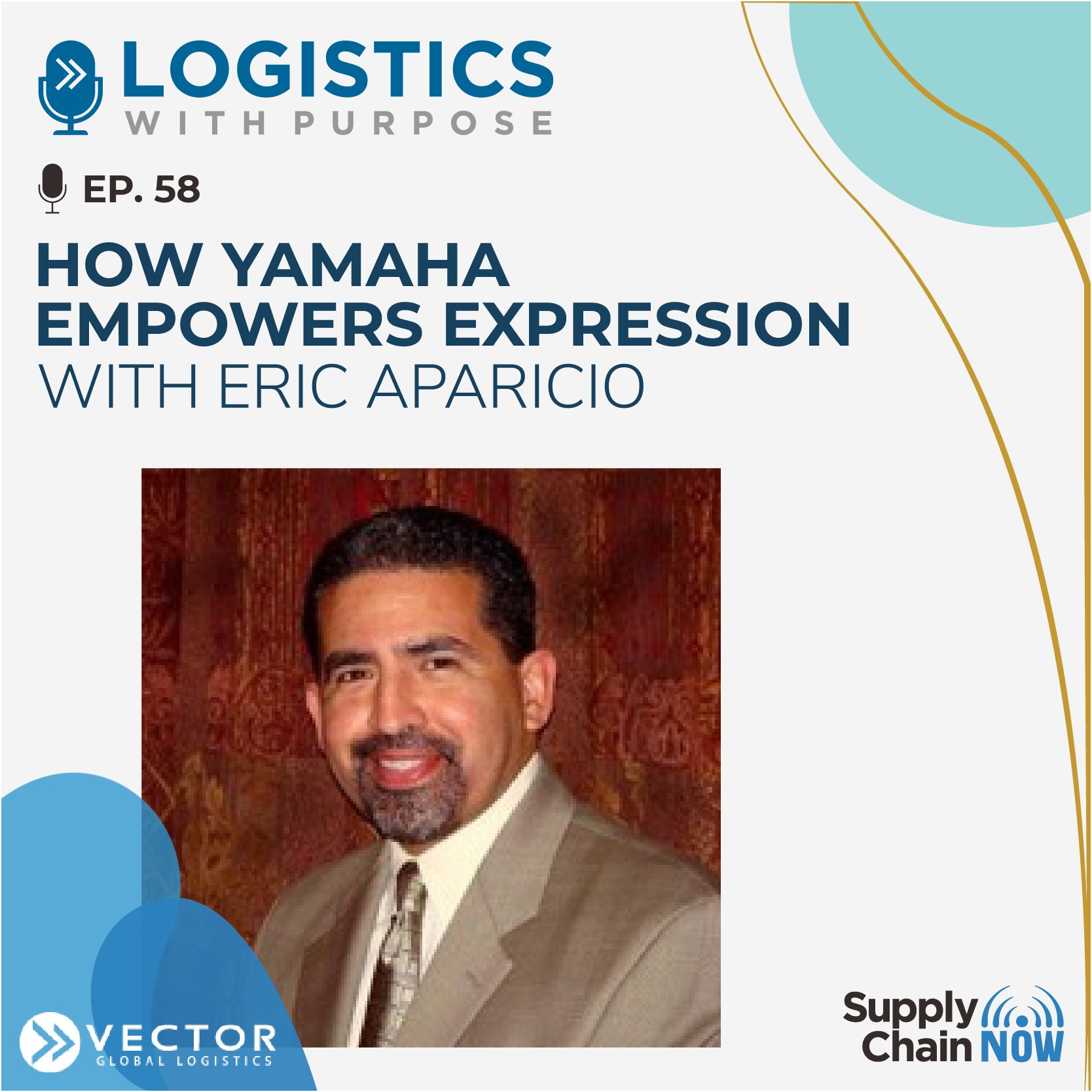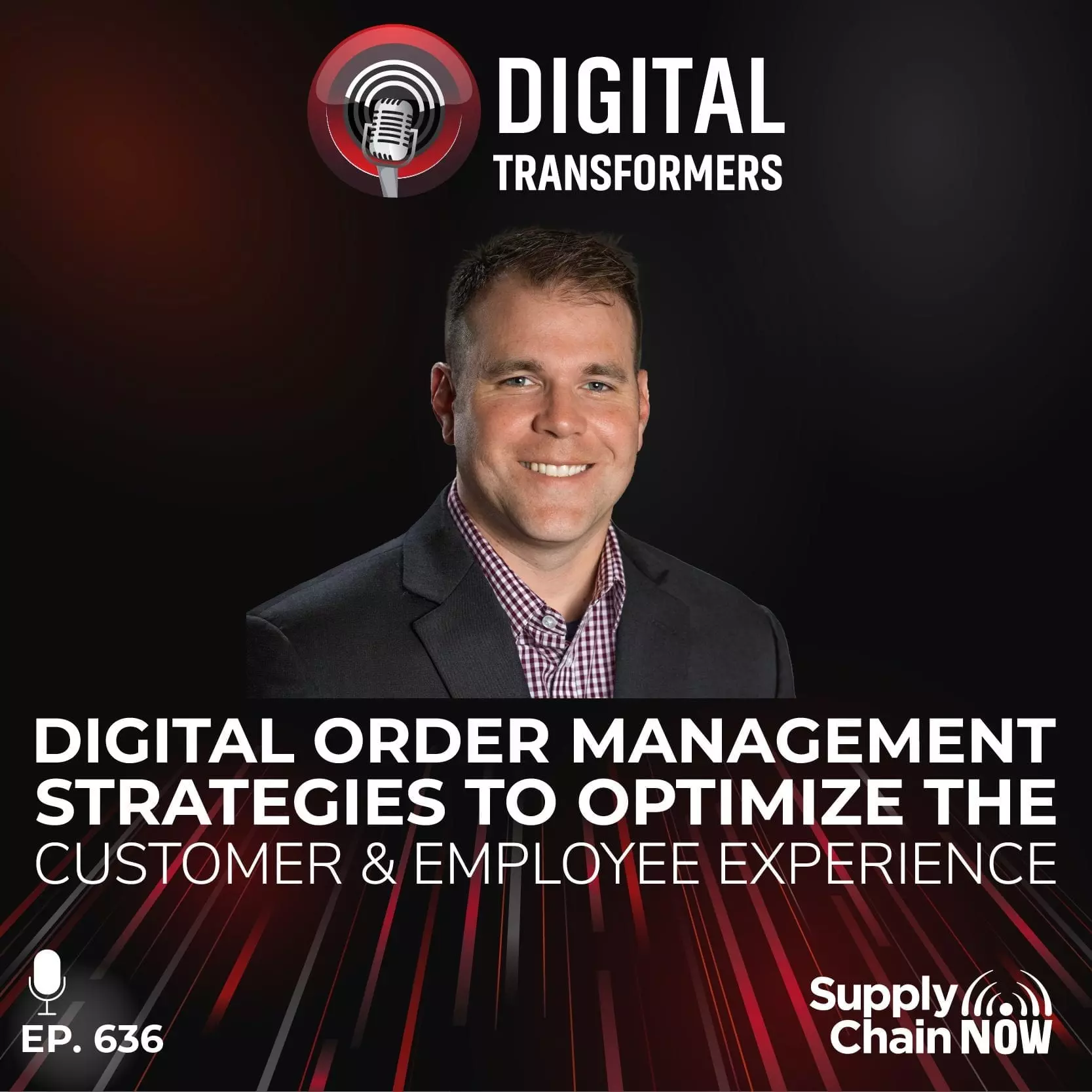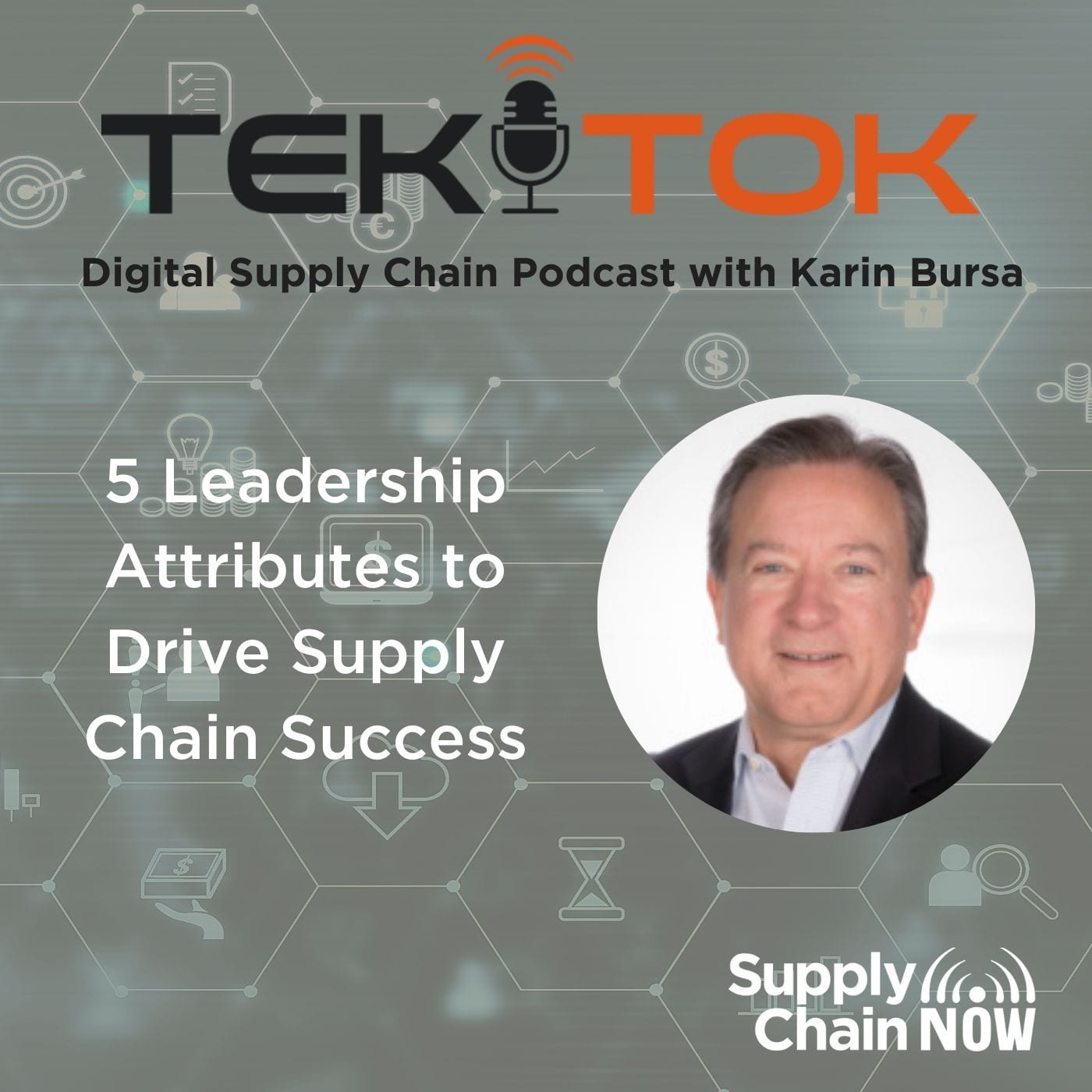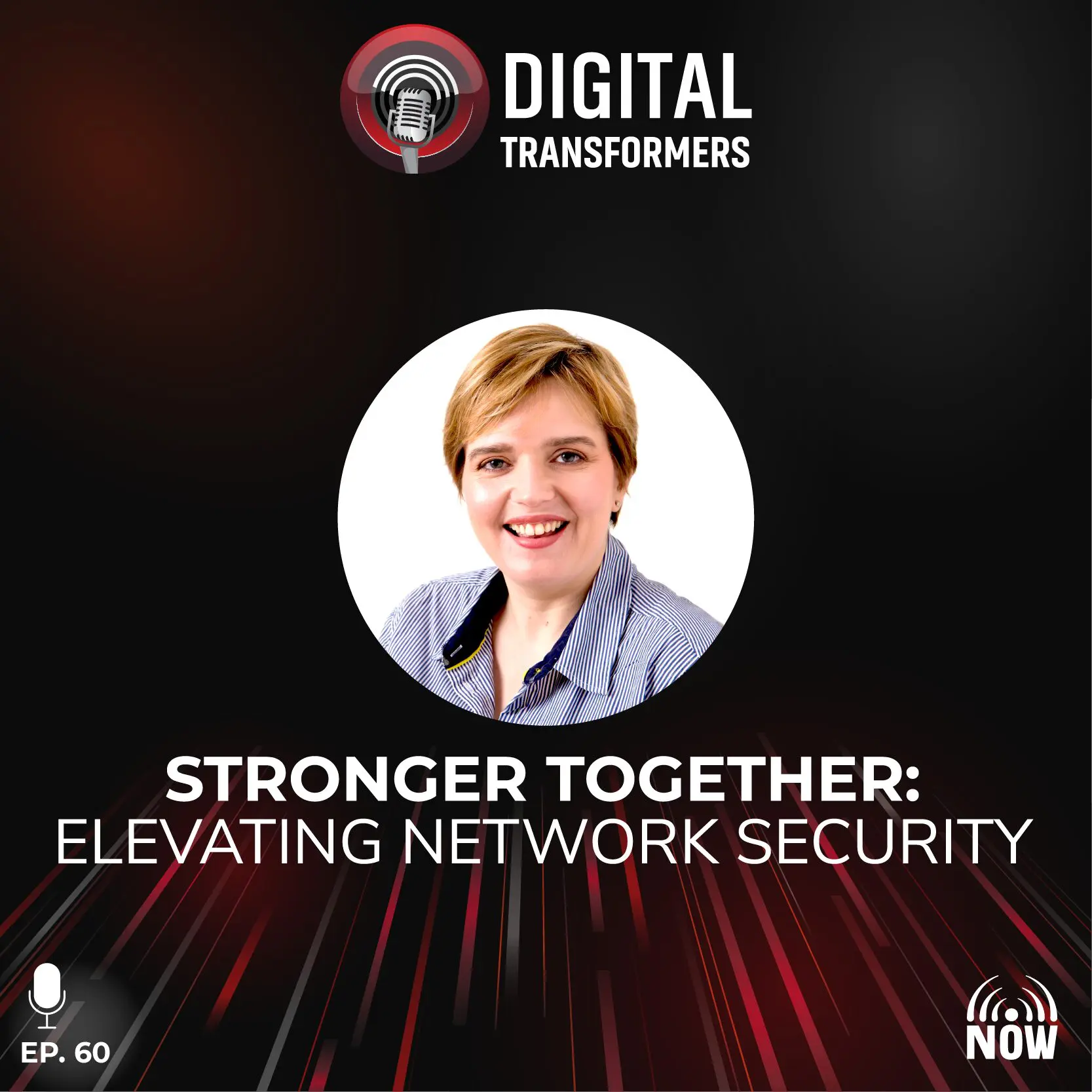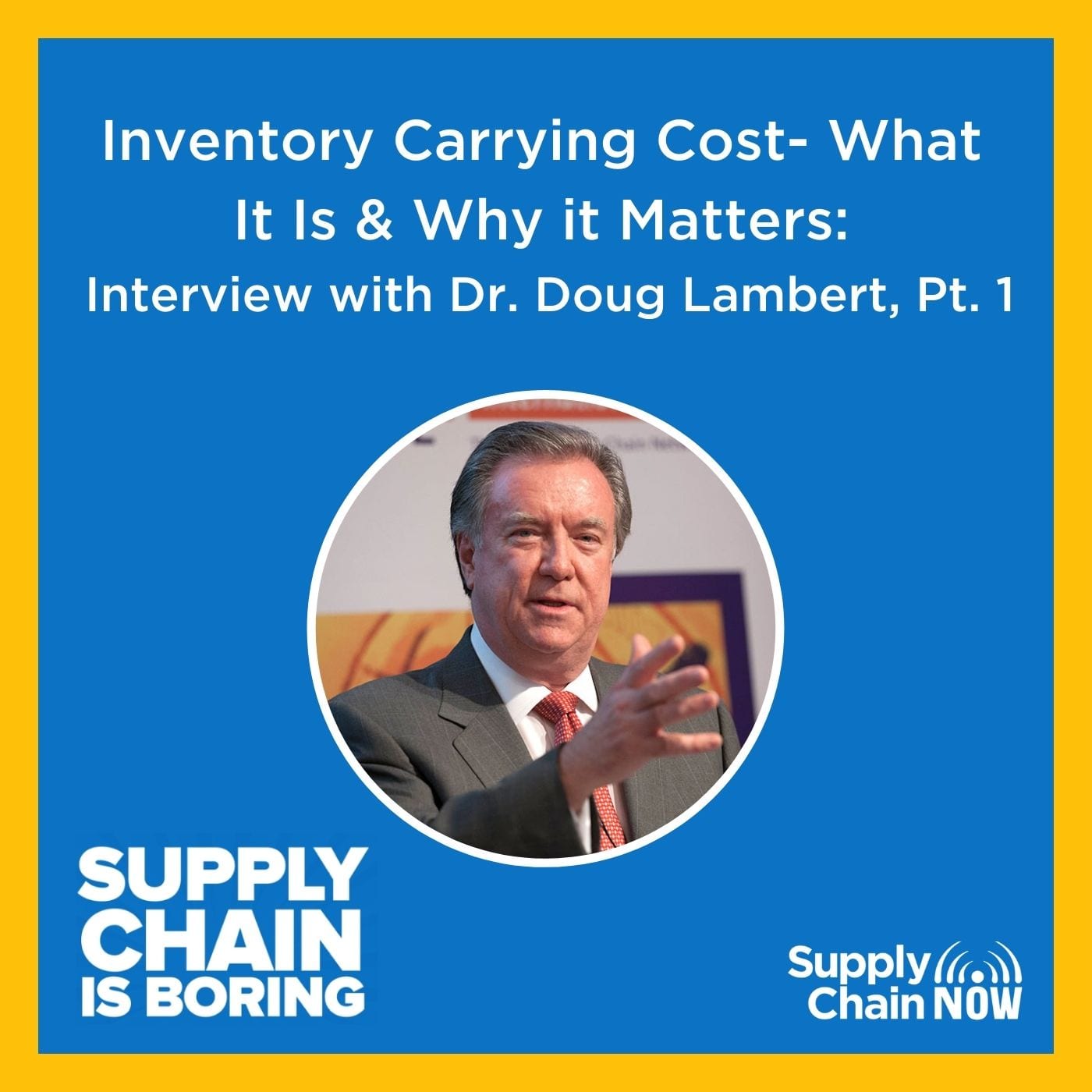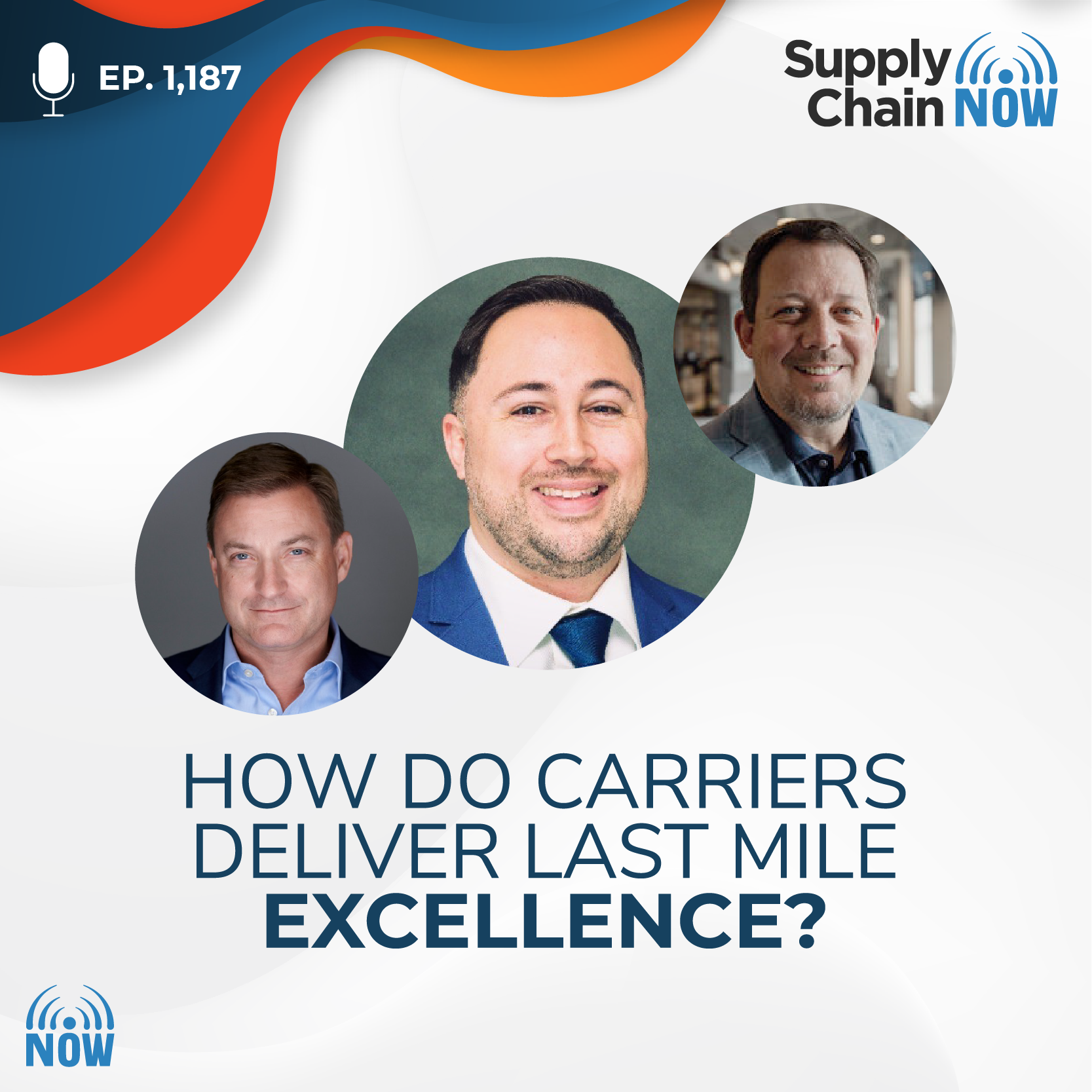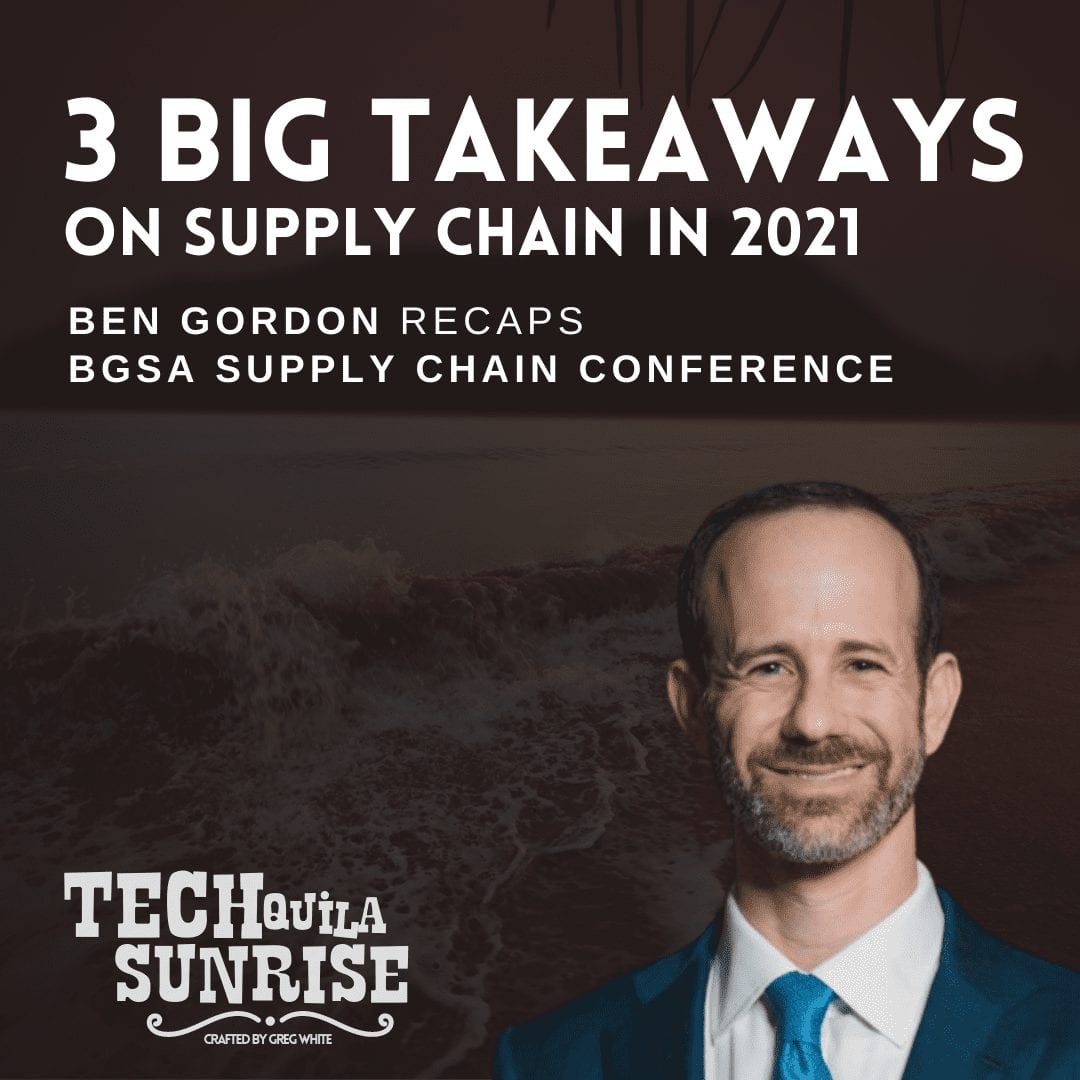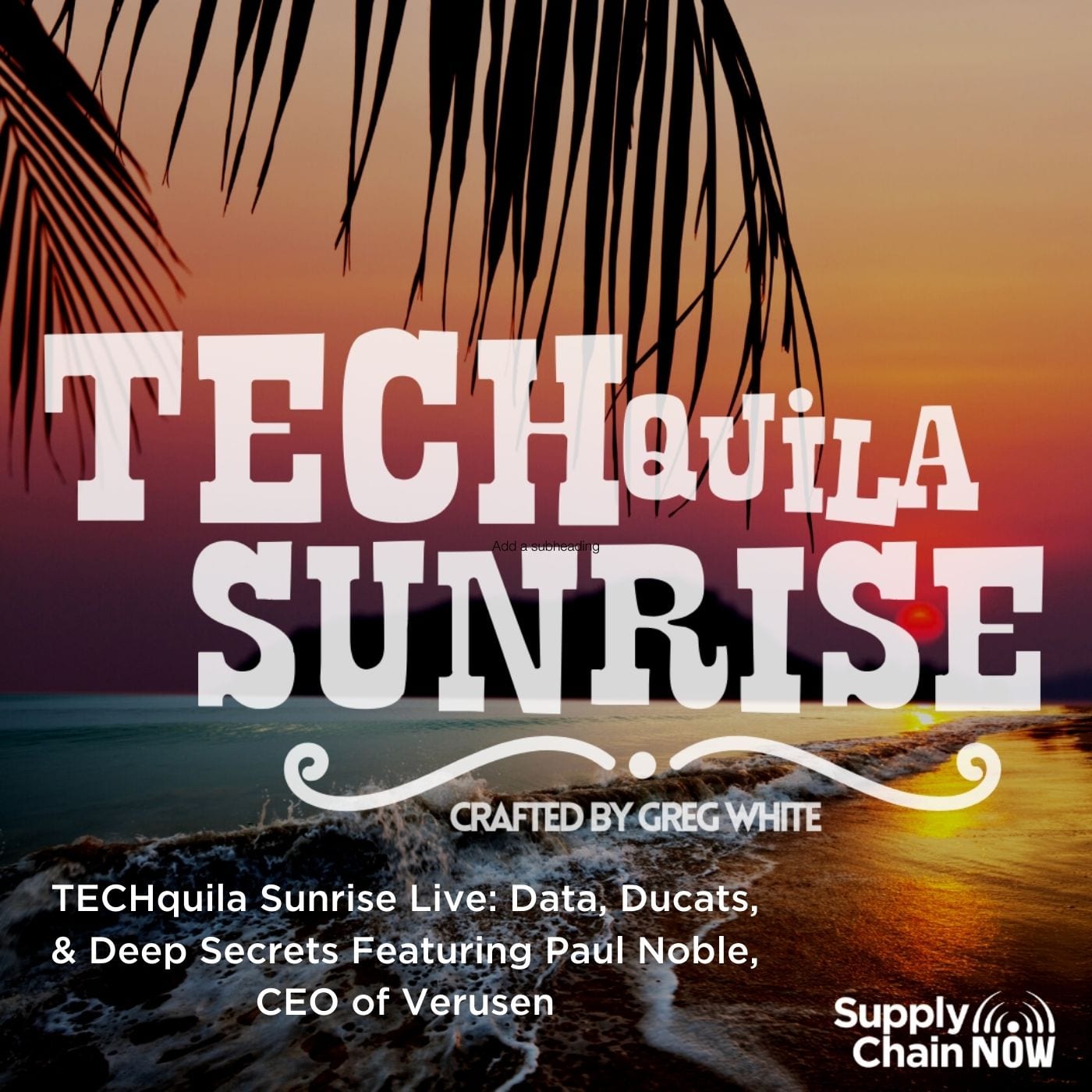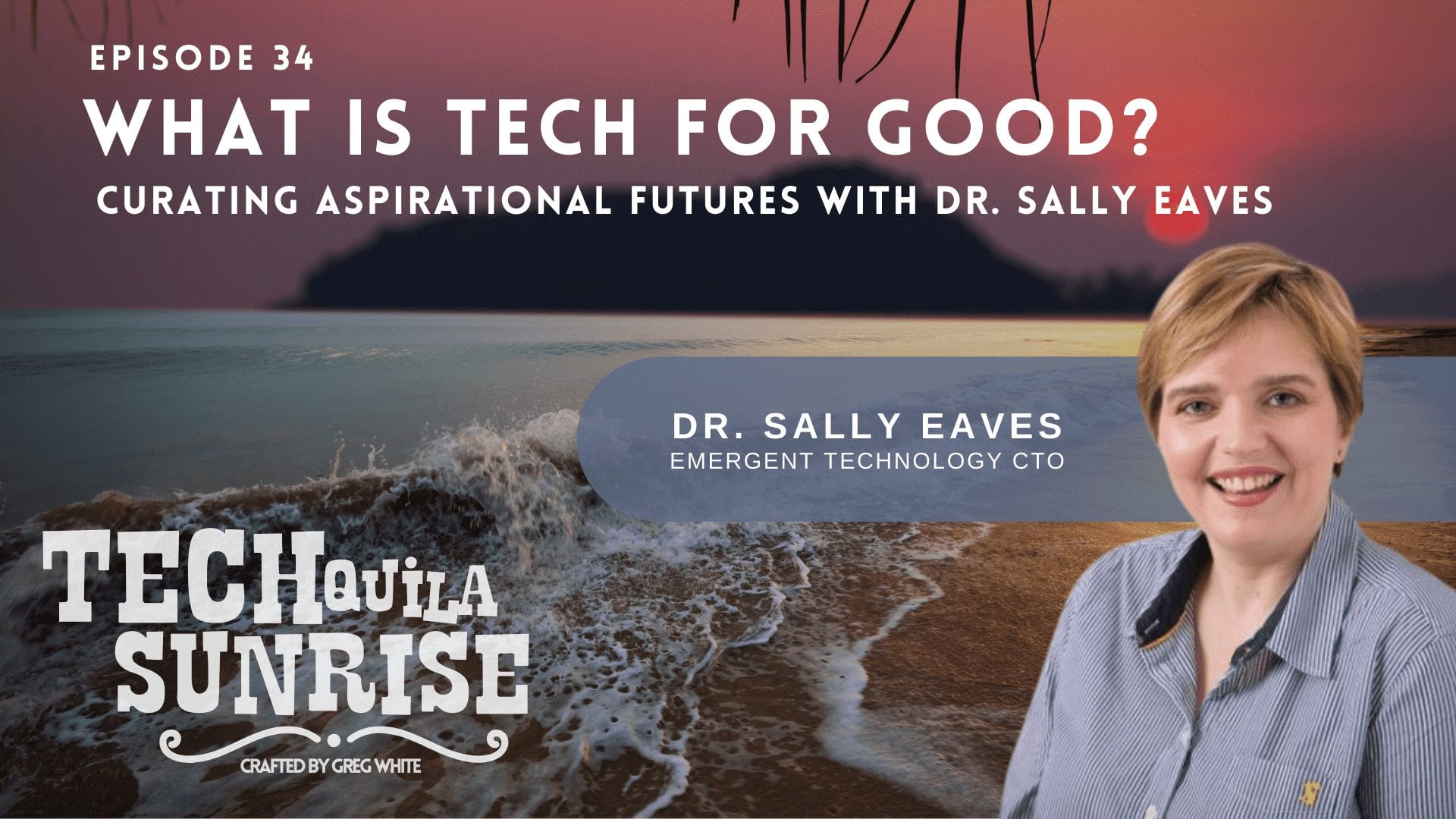
Episode Summary
“I got involved in quite a lot of community projects. And so one of the things I did with her started like a Sunday club where you could go and like meet with other people. And so we we’ve basically got like a local council on board cause partly through the school and other things as well and got them to donate kit. So things that weren’t being used anymore. And we got local businesses involved and we, there was a, there was something that happened in the world at that time where there was a, there was a big disaster, basically a massive earthquake that caused a lot of damage. We created these boxes that could be shipped out and sent to places. So all STEM from that.
And it was kind of like, we can do this, we can get people involved. And that’s the first time I used like different types of media and things to try and outreach to people and get them really excited about, you know, how can you do something and make a difference and contribute to that. So it started from there, but this Sunday club was where it kind of started off from, in terms of bringing local people together. And they’re trying stuff and not just doing technology, but place where you could do like robotics and art and other things as well. And it’s a safe place to learn basically, and things you might not have in your own home. So it was kind of kind of democratized access to these different types of activities.”
-Dr. Sally Eaves
In this episode of TECHquila Sunrise, Greg welcomes Dr. Sally Eaves to the livestream to talk aspirational futures, philanthropy, blockchain, tech, and more.
Episode Transcript
Greg White (00:03):
It’s time to wake up to tequila, sunrise, Greg white here. And I have spent my career starting leading, deploying, and investing in supply chain tech. So we take a shot at talk founders, execs investors and companies in this hot industry. If you want a taste of how tech startup growth and investment has done, join for another blinding tequila Sentra.
Greg White (00:31):
Welcome to another tequila sunrise livestream. This is to within seven days. Again, Scott has made the mistake of giving me the mic, Greg white I’m here, and I’ve spent my career in supply chain tech and as a practitioner of supply chain. So what we do on this show is we highlight the people and the companies that are changing supply chain, changing technology. And in this case, changing and strongly impacting the world. If you know me, you know, I’ve coined this phrase give forward where giving is a first principle of so many companies, where is the business model of these companies? And these companies give as part of their model. They don’t give back. They give first and give forward. So today we’re going to talk about tech for good, with a, an initiative with a very prominent speaker. I’m holding back the name like Scott taught me, uh, who’s driving good things and good scalable actions around the world that tech can enable.
Greg White (01:29):
Uh, it’s a fantastic initiative and you may, may or may not know her, but this is really a call to action on how technology can improve our world on a global scale. So before we jump into that, a quick programming note, if you enjoy this live stream, you’re probably crazy. But if you do thank you. And I want you to be sure to be able to get connected with all of our other shows on supply chain. Now you can of course, subscribe to tequila, sunrise, wherever you get your podcasts from, or subscribe to our YouTube channel or subscribe to any supply chain now shows@supplychainnow.com or wherever you get your podcasts from. All right, so I’m going to give it up a little bit here. My inspiration and guest today is Dr. Sally eaves. She is a strategy and policy advisor. She has so many jobs. It’s hard to list them all, but to a number of organizations. And she’s a brilliant mind CEO and founder of aspirational futures. She’s one of the top minds in blockchain, AI IOT, machine learning, plus co-founder and irresistible force behind the philanthropic giving of technology and among her other roles in accolades, which I haven’t even begun to list in the last year. She was recognized by the United nations with the United nations inaugural founder award and it woman of the busy in their business role model awards. So let’s meet her.
Greg White (03:08):
Whoa, let’s let’s even this up a little bit. There we go. How are you doing?
Sally Eaves (03:14):
I’m doing very well, Greg, thank you so much. And thank you for that lovely introduction. The supercollider Pete, thank you very much.
Greg White (03:19):
My pleasure, man. It’s tough to sneak into so little time you do so much and you’re engaged with so many organizations. What we’re going to talk about today is everything you’re doing. How many philanthropic initiatives and give forward initiatives you’re involved in and talk about how tech can truly improve lives. Right? I, I hear pitches all the time. I’m sure you talk to companies all the time where they say, we want to change the world, or we want to change people’s lives, but you really are focusing on tangible ways that tech can do it. So let’s jump into that, your Ted talk, which by the way, I would encourage people to go take a look at and listen to is really inspirational. You’re first of all, you’re very engaging, talented speaker. And I think it’s, it was fun to watch as well. Although, as you said, they can find you that tiny circles. So that makes it hard.
Sally Eaves (04:14):
It made it hard. Yeah. Cause I like, I’m very passionate person and this is my passion subject. I just kind of live and breathe it. And I want to hack at my heart walking around on the stage, if you see what I mean. So it’d be to confide that tiny little red circle was the hardest thing about the whole speech to be completely honest with you. Absolutely. I wanted to kind of get out about and touch it.
Greg White (04:31):
Have you heard the term peripatetic? Do you know what that that’s you isn’t it just coursing while pacing, right? Yeah. Someone ties your hands down, which fortunately they didn’t, if they tied your hands down and made you stand in a tiny circle, I fear you wouldn’t be able to speak.
Sally Eaves (04:50):
I would be start couldn’t I, yeah, absolutely. I love the energy and I think, I like to think it’s contagious when you, when you really genuinely care about something and hopefully it can help other people to be curious and interested in and get involved to be confident to do that as well. So
Greg White (05:03):
Yeah. Yeah. It really came through in your discussion. So again, I’ll encourage folks to do that. Let’s learn a little bit about you, so I don’t do all the talking otherwise I probably will. So first of all, tell us a little bit about where you’re from and maybe how you got into tech to begin with.
Sally Eaves (05:20):
Yeah, sure. So I’m based in Oxford UK. And for me, I think probably my earliest memories that are tech orientated with my dad actually, who was a big influence and unfortunately lost him very young. So I think that was part of it because one of my fondest memories was kind of taking stuff apart with him. If you know what I mean, I’ve always been really super curious about how things work and I like to take things apart and put them back together again. So I think that’s where my interest in tech came from. It was that curiosity. And can you build something different and can you back be pragmatic and use the tools at hand to make something new? So I’ve always had that drive, but I think interestingly as well, I’ve always been really interested in like arts and creativity. So I play a of music. I absolutely love that. And I, I learned languages for example, as of my earlier qualification. So I’ve always had that kind of mixture between technology but creativity alongside it. So I think that’s where my love for all things themes come from, it’s kind of fusing these different elements together and not treating them separately.
Greg White (06:12):
I’ve got to explore that because I have this philosophy I’d love for you to confirm or refute not, I am fully convinced that you are born an engineer. If you’re that kid that takes apart your toys, it just feels like you ought to be an engineer. Did you feel, I mean,
Sally Eaves (06:28):
I, I did feel like that. Absolutely. But also just the imagination side as well. So it was that element of can I build something completely different? So I don’t want to exactly as it was, can I be different bits together and kind of make a collage out of it, if you see what I mean? So I had kind of these two different drivers in my head and fusing them together was a great way of doing it. So I think that’s why I always talk about a creative imagination. And you know, we look to the future about what we can build with tat let’s do something really, you know, let’s really push those boundaries out. So I think if you bring those two elements together, that’s really exciting.
Greg White (06:59):
So music and engineering or music and tech tend to have a lot of alignment as well. I’ve seen that over and over again. So you have to share with us, what is your instrument of choice?
Sally Eaves (07:11):
Uh, Qatar is my instrument of choice and I’ve promised to South by Southwest is one of my favorite events because again, it’s that fusion, isn’t it between arts and media and technology. I’ve promised a good friends of mine in, in States that when that happens for next year, I will bring my guitar on the plane and I’m going to take it. And I’m going to go on stage and do one of the events and things like that. So public as well. So there you go. I’m going to have to keep to that now. I, so there you go. Yeah. I love it. I really love, I can’t sing for tophi, but I do love playing piano and keyboards as well as the other thing. But guitar is my love, I would say. Yeah,
Greg White (07:44):
Outstanding. So what do you have a particular genre that you like to play?
Sally Eaves (07:49):
This is me all over. I would say high for a hybrid. You know, it depends on, I think that the beauty of music is it’s something to lift every occasion. Isn’t that? So you have four keynote, I’ll have something that’s incredibly upbeat and really, you know, go for the energy and things. But sometimes I do a lot of writing and so I want to make classical. It helps you reflect if you know what to manage like farming. So yeah, it’s holistic, but integrators, I pretty much like all generalists, to be honest with you,
Greg White (08:13):
Have you ever composed your own walk-out music for when you give a speaking engagement?
Sally Eaves (08:17):
I ha ha. That’s a, that’s a really good one. I like that. I like, I love that. Yeah. That’s a, that’s a, that’s a top suggestion. I often bring that on board. Yeah.
Greg White (08:26):
What could be more personal than that than your
Sally Eaves (08:28):
Own music? I really love,
Greg White (08:31):
I was born being very appropriate, but you know, you can probably come up with something that’s a little more personal.
Sally Eaves (08:39):
I would give it a go. Absolutely. Absolutely. I think I had the final countdown was when I went on for that TEDx tour, they put that on there for me. Yeah. With like the whole countdown clock and all the rest of it, which was quite fun. But I will give that a go. I really love that suggestion. Probably personalized. I love it. So did you stop breaking
Greg White (08:56):
Your toys and shift into kind of studying tech? I mean, was it in university or was it before that or anything that you and your dad did together?
Sally Eaves (09:06):
I think one of the things, cause I’ve watched, I lost him when I, when I was nine, but after that I got involved in quite a lot of community projects. And so one of the things I did with her started like a Sunday club where you could go and like meet with other people. And so we we’ve basically got like a local council on board cause partly through the school and other things as well and got them to donate kit. So things that weren’t being used anymore. And we got local businesses involved and we, there was a, there was something that happened in the world at that time where there was a, there was a big disaster, basically a massive earthquake that caused a lot of damage. We created these boxes that could be shipped out and sent to places. So all STEM from that.
Sally Eaves (09:40):
And it was kind of like, we can do this, we can get people involved. And that’s the first time I used like different types of media and things to try and outreach to people and get them really excited about, you know, how can you do something and make a difference and contribute to that. So it started from there, but this Sunday club was where it kind of started off from, in terms of bringing local people together. And they’re trying stuff and not just doing technology, but place where you could do like robotics and art and other things as well. And it’s a safe place to learn basically, and things you might not have in your own home. So it was kind of kind of democratized access to these different types of activities.
Greg White (10:11):
Wow. Very cool. Now, how old were you when you got into that?
Sally Eaves (10:15):
I would say about 14 when that started off. Yeah, in early summer I did quite a lot of stuff, but properly like on a regular weekly basis from the age of 14. Yeah.
Greg White (10:25):
Wow. Very cool. So all of this has been kind of an inspiration for your steam initiative. I’d love for you to describe that for folks and your tech for good initiative. So tell us how all of that tied in and kind of led to what you’re doing today.
Sally Eaves (10:40):
No, I absolutely. And I think so with, with the initiative I was gonna talk about probably the most would be aspirational futures. So, and that is bringing together quite a number of different projects in different countries. So as well as doing a lot of work in the UK of the lot in us, but also India and Mexico and Africa and things like that as well. And rather than having separate projects, separate places, kind of taking all that learning together and putting them one to one umbrella and with aspirational futures kind of got three main pillars. So one is steam learning. So arts on an equal stage to science, technology, engineering and maths. The second pillar is tech for good, as you might imagine. And the third one is sustainable impact. And what we do is we create, we create courses, we create learning opportunities and we actually build physical hubs where people can go and learn and have different kinds of zones of space.
Sally Eaves (11:26):
So there’s like places to socialize as places to create. And it’s all meant to be around learning, but also unlearning. And we work with primary school, secondary schools, but also older adults as well, which I think is particularly relevant at the moment they’re coming out of the pandemic. There’s a real need for re-skilling and up-skilling and picky kind of getting skills, confidence alongside that as well for that continual learning for life. So, yeah, it’s digital obviously at the moment everything’s been digital for the last year or so, but alongside that, we’ve actually got physical places where can go and learn. It’s incredibly accepting and warm and encouraging. And then it’s kind of that whole agile learning and learn by making mistakes as well, frankly, is that if I much approach to experimentation to play kind of making, learning fun as well, you know, I think that’s massively important and underrated sometimes.
Greg White (12:10):
Yeah. And I think that’s a great outlet for people. And as you said, it’s very inclusive. It brings all generations together, all sorts of areas of the world and lifestyles and whatnot together. So you’ve facilitated this mostly digitally lately. Right. How has that worked out? I’m curious how that’s
Sally Eaves (12:28):
Yeah, no, that’s been incredibly interesting because they’re literally launching a brand new UK like lead hub one week before the pandemic lockdown. So you can imagine the transition period for not being able to then use that and then go completely online. So yeah, certainly been really interesting. I think one of the things to bring to the fore was we were doing a big initiative around role models and experimental learning. And obviously it’s harder to do, hands-on learning online for certain types of subjects. So there’s a lot of creativity, a lot of pragmatism into making that happen, but it’s been really, really successful. And I think the other thing has been really interesting is that maybe people who wouldn’t have seen it beforehand have been able to access as well. So again, the whole thing about democratizing access, actually in some ways it’s taken around geographical barriers for certain hubs, for example, online office. So I think that’s been really interesting and I think going forward, there’s so much to take from that that will improve all the digital experience going forward. Same things we’ve all had with events and things as well and bringing them all together. So I think one example be hackathons. Um, so normally I’ve done those in person over like a 24 hour, like a weekend, for example. So, so we had one, um, kind of like January before the pandemic, which was called hack your city, which sounds slightly strange, but he’s hacking in
Sally Eaves (13:45):
Ethical hacking everybody who’s watching. Yeah. It’s all good stuff. But the real meaning of that word to hack is kind of understanding it and taking it apart. That’s where the, where the word actually comes from. And what we did was he invited people from the local city to kind of how, how did they, what did they see as the city’s future? What do they think the problems are? What are the challenges? And we had people, we couldn’t go any younger than 13 because of health and safety at the particular setting. Um, but we had 13 year olds up to a 93 year old lady who came in and experience. Awesome. And so you had people, cause I think sometimes with hackathons are, there’s a assumption that maybe you’d have to be a coder for example. And the whole point of this was like, no, no, take down these barriers.
Sally Eaves (14:24):
Everyone has a skill set to offer. And you think of the experience of that lady who’s lived in that city for all that period of time, it was incredible. And it’s like, you get reverse mentoring going on and all sorts of different things. So we had teams that kind of naturally formed over that weekend. Each team formed their own challenge. We supported it with mentoring, with technology and we had experts coming in around certain subjects areas. And at the end there was a project and each team had the ability to carry it through for a year with mentoring. So everybody that they voted for winning project as well, but there wasn’t just one winner. Everyone had the tools and opportunity to carry on and make, bring that project to fruition. So I love doing things like that and we’ve formed virtual versions of this as well. So we’ve had 24 online hackathons where we’ve just pivoted that. And typically we relate it to like an SDG project, like the sustainable development goals. So something around climate action is the most recent one as well. And it’s great and you get lots of different people involved and it’s really inspiring. And if you have that carry through, so it doesn’t just end at the 24 hours or the 48 hours. It generally carry through you keep that learning going. I think that’s the beauty of that approach is it’s beautiful.
Greg White (15:27):
So some people, I mean, may have just been doing ideation, Hey, here’s what I think we need to solve. And there may have been a technology or even a physical component to that, or even just what process or communication that could have been the solution.
Sally Eaves (15:42):
Absolutely. Absolutely. And you also see crossover between teams as well and bringing those, you know, sometimes it’s a case of collaboration that can be two teams that are doing amazing things about great ideas, but actually the fit is the fit would be better if they brought those, those, those talents and interests together. So we do a lot of matchmaking around projects and things like that as well, but really involving the local communities. It’s very co-creative and we’re bringing those different elements together. So yeah, it’s been exciting to see those projects grow and not just the projects, but the people that confidence boost around skills and not just the technical ones, but communication skills, emotional intelligence, et cetera. It’s been awesome. It’s been really, really good.
Greg White (16:18):
So I just want to highlight this. This is a big show Bob, as we call him Bob Bova, who’s CEO of AQI speech. It’s not just the taking it apart. It’s the putting it back together.
Sally Eaves (16:31):
Absolutely. Absolutely. And I’m forming new things with it as absolutely being pragmatic and creating something new. Brilliant. Yeah.
Greg White (16:39):
So tell me of all these initiatives. Tell me a little bit about what’s the end game, what’s the goal that you’re hoping to accomplish? What’s the big why for, for these initiatives?
Sally Eaves (16:52):
Yeah. Well, one of the most definitely is around skills gaps and skills confidence. So as an example around, so taking the traditional STEM view for a, for a second, cause most of the stats are around that at the moment, rather than, rather than steam, but it’s a big drop-off for example, in girls taking STEM related subjects that GCSE. So from a UK point of view, like age 14 to 16 are you level 16 to 18, but then also when the subjects are taken at university level, um, then actually applying them in your future career. So there’s three big key drop-offs there. So part of it is trying to change the narrative and stop that drop off from happening. Um, so that’s one key points. Um, also there, there are things around like data waste, for example, at the moment, if you think about the huge volume of data that we’re all creating and it’s just going to get bigger, right.
Sally Eaves (17:38):
And with 5g coming, coming on board at the moment around 90% of data, this archive isn’t touched again after three months. Um, so one of the things we’re doing is we’re repurposing it safely and securely, um, and with the right consent, et cetera, but putting that in as a training program to address that. And there’s also particular skills gaps in cybersecurity and AI and not just about, um, women in tech, but more broadly lack of diversity of experience in tech. So we’re trying to tackle that head, head, head on, um, and do that from an early and early in age, because if you’ve got those, drop-offs basically secondary school from a UK point of view, we need to come in earlier and earlier. So I think visibility of role models is important, but democratizing access to education offers and these hands-on experiences, it’s this combination of factors I think is so, so important.
Sally Eaves (18:23):
Um, and I think as we go forward that there there’s been an expression hasn’t there about learning for life. And I think lifelong learning has never mattered more than it has at the moment. You know, we’ve got a situation globally, which is full of uncertainty, isn’t it, it’s very ambiguous. Um, sometimes it’s quite complex. We don’t know what’s happening next. I think it’s to help prepare people to have more confidence that maybe this is, you know, we are, we have got a perennial situation where things are going to change quite quickly and we can’t be sure what’s next, but if we can give people a toolbox of different types of skills to dip into and to be more comfortable with that continuous rate of change, I think that will be really helpful too. So that’s one of the aspects most definitely, but in particular around sustainability and scaling out tech for good projects.
Sally Eaves (19:05):
So again, now you run a cool city, there can be a project going on, you don’t know anything about it. It can be two projects going on. They’re actually duplicating effort. So we do a lot of work around that as well about matching process. Um, so yeah, for us at the moment, the biggest thing is all about scale. Um, so putting together the learnings of the project we’ve done in India, Mexico and Africa in particular, and then also the UK and us and pulling them and really scaling out these physical hubs and the virtual ones alongside them. So yeah, it’s a big, big integration year, 2021.
Greg White (19:34):
I, I think, you know, we are so aware we’re inundated with data as human beings and we’re not really built to process it. And we are so aware of so many things. I think transparency is a fantastic thing, but I think it’s also burdensome because now everything, it seems like everything gets reported and it becomes a crush, I think emotionally for a lot of people and it becomes hard to deal with. It’s harder to, it’s harder for people to define that sphere of influence, which is really all you can really worry about. Really the sphere of control is all you can, you should really worry about. But I think now everything appears to be in that sphere and you know, this exposure to all of the available data, all of the available ways to solve an attack problems, I think is so powerful, not only from enabling people, but from, you know, emotionally settling people to give them some sense that they don’t have to try to solve or attack everything or that there are some things that are out there that are, we’re aware of that aren’t necessarily going to impact us or, you know, we shouldn’t worry too much about that statistic about data is stunning.
Greg White (20:50):
Frankly. You said what portion of it is not touched again after that
Sally Eaves (20:54):
Scent of archive data, isn’t touched again after three months. So if you think about that data acceleration and then, you know, like IOT devices are going to double by 20, 25 or most estimates. So if you think of this continually accumulation, we need to look at what we can do with data reuse and data repurpose. I think that’s hugely important, but also just touching what you were saying there as well about almost like this overload and being able to filter et cetera as well. I think one of the things, and again, we do this with one of the courses we’ve developed is around like smart thinking. So, so much talk about smart tech isn’t there, which is fantastic. And obviously I love smart second in tech integration, but I think we need to help people with come smarter thinking for want of a better way of putting it.
Sally Eaves (21:35):
So there’s things like Metta cognition, which is kind of like a gym, not going to the gym, but for your head for your, for your brain. Um, and it helps you to identify like what learning.
New Speaker (21:45):
styles work best for you. So going back to, you know, what you were saying about that TEDx talk and me being quite kind of kinetic and, and uh, um, energetic and things, quite a lot of people are tactile learners and they, they could feed off the energy, et cetera. Other people are more linear and you want to read a long, you know, really read a long document and see every bit of detail. Um, same thing. We kind of social media as well. Isn’t there, there’s something for everyone. We all consume content in different ways. I think we need to help people process that from a learning point of view as well, so they can find the right fit for them.
Sally Eaves (22:13):
And also to, to feel confident that there’s not just one right answer to be able to learn. It’s not a linear process necessarily. We can come up to careers from different routes and different angles, but some there’s different learning styles that might work for you and help you to, to guide you through this process and help to facilitate that I think is hugely important as well, and that all these roots matter. And they’re equally valid that there’s something in the UK called the Asian apprenticeship awards of which I’ve been a judge for that for quite a, quite a few years. And it’s amazing. And the re the kind of premise behind that was the fact that certainly in the UK, there was a differentiation and it was felt more traditionally that an apprenticeship wasn’t valued as equally as a degree. And so that award was, was cultivated to kind of reduce that balance and showcase things. And so it’s just, I think all these different things are so, so important to increase visibility, increased confidence, and to show that there’s no one right answer is you kind of make it more personalized and spoke to you, your aspirations, what you want to do and how it help you get there.
Greg White (23:11):
You know, I think that’s a really, that last example is a really good example because I think we’re starting to see that. I mean, even before this seismic societal disruption, we, we had it, at least in the States, we had this huge thing. We called the skills gap, right? Millions and millions of jobs going unfulfilled that were paying multiples of a college of a job. You get a college degree for right plumbers making $150,000 a year and things like that. And we’ve had this somewhat of an initiative to introduce people to these alternatives. And I think absolutely as you’ve addressed earlier as well, you can come from any background, any nation, any cultural, any lifestyle preference, any race, creed, color, whatever you want to call it and, and contribute to a solution. And frankly, solutions are better formulated when you have those levels of diversity.
Greg White (24:05):
If you have someone from Africa, looking at it with someone from South America, the States and, and Europe, then you get a ton of point of views that are so valuable. You know, we have, I’m thinking on a particular experience. I won’t name the person, but Scott who’s in the comments we’ll know immediately. We often have what, what I call violent agreement in our organization, where we both come at the same problem a different way. And, and even though we’re both very conscious of our varying points of view, we have, we tend to kind of butt heads at it at first and then realize that what we’re having is a violent agreement. We both agree on this point, we’re just coming at it from different perspectives. And, uh, I think that’s a really valuable thing. And frankly, especially in the States, I can’t say that it’s the same in the world. It’s, it’s necessary for us to recognize that you can disagree and commit to the same solution. Right?
Sally Eaves (25:01):
Absolutely. Kind of like that, that process of creative destruction in a way, isn’t it. And then you come out and it catalyzes something completely new. I think that’s so important. And I think, you know, all the research around teams, everything shows that teams are based on that diversity of experience, a more creative, everybody’s more satisfied, it’s more productive on every level going. It’s a great spur for innovation and things like AI bias, for example, as well. I think kind of AI development is one of the areas where there’s a big skills gap in a more diversely, um, orientated. Um, again, it helps the risk of like netiquette negated, um, risk for implicit bias as examples. So something’s completely unintended. You’ve got that diversity of skillsets coming into it and diversity of experiences can pick up things that may not otherwise have been looked at. So a hugely important, hugely important
Greg White (25:47):
AI is a good example because if you only ever show AI men’s shoes, it only recognized men’s shoes as shoes, right. And we’ve tried to supplement that with synthetic data and synthetic data has not been a complete solution as well. So we need to have a more conscious objective non-biased approach where humans still engage in that and those that multitude of perspectives I’ve seen anyway, I’ve seen that be much, much more effective than even synthetic data in, in teaching AI. So,
Sally Eaves (26:18):
Absolutely yes, hugely important. And also looking at issues around baked in bias as well. But interestingly and another number that always stays in my head is there’s roughly 180 human biases as well. So again, when we look, I know 180 is incredible, doesn’t it. But if we’re going to look at, um, like data as well, we need, we also need to look at it from that perspective. So we can have historical data sets that are being used for a long period of time. And we need to look at that aspect of this as to, as part, as part of the equation. I think sometimes we don’t talk about that aspect as well. So it’s from both angles, um, to get, to get these issues of bias addressed.
Greg White (26:56):
So you approach all of these things very matter of factly and not as necessarily, I mean, you don’t speak of them as necessarily things to fight against or, but simply to overcome, right. Simply to pro I believe this is my perspective on here perspective is simply to eliminate in your thought process. I think at a very young age, we are, we’re influenced by what’s assumed about what we do. For instance, I just wrote really many posts. I have three daughters and, you know, we never said you can do anything, even though you’re a girl, or you can do anything a man can do, or as a woman, you can do anything. We just said, you can do anything. We never qualified it. And I think if you take the approach that you’re taking, where you don’t qualify this, it doesn’t matter. You don’t have to be against something to change things. You just have to be matter of fact. And I think presumptive about the way you want the world to be in. It sounds to me like that’s a very big part of your approach. Is that a fair estimation?
Sally Eaves (28:06):
I think that is a fair, fair, fair way of describing it as well. And also I think, you know, to make change happen, being positive and bringing people with you to make that change happen rather than saying, Hey, this is wrong. You’ve done. I think there’s a far better way of going at going about that. You know, and I think that the AI side of things, as well as a really interesting point. So prior to the pandemic, I think every headline, well, not every but many headlines use really scary words. So adjectives like destruction elimination, you know, I was part of a big research report and it was a really, you know, many universities coming together, a lot of practitioners as well. So I love that you’ve got both, both kind of sides coming together, um, to look at the future of work. And in one of these, these reports kind of like one subsection of one paragraph, there was talk about a particular job role being more adversely effected by AI, every kind of headline picked up on that one paragraph rather than kind of the overall perspective. So I’ve always tried to, you know, really fairly address the balance and there are issues we need to look at, and it’s really important to raise those because then we could do something about it, but it needs to be done in a balanced way because there’s also a lot of areas where AI can be a huge, democratizer, there’s so many examples of AI for good projects, for example. Um, and it can free our time up to do other things that can be really positive. So it’s trying to get that balance.
Greg White (29:22):
Yeah. I like, I think, I think there is a good place for AI and even robotics, of course, but I think we have to think about it more from what it is than what we’ve seen in the movies, right? AI is, it’s not, it’s not a digital overlord, it’s a digital child and that digital child needs to be taught and parented like a child needs to be taught in parenting. If, if they see mom has shoes and dad has shoes, they know that shoes are for moms and dads, right? So I think they I’m talking about it. Like it’s a person, but I, I really do think I, and I really completely agree with what you’re saying. I think we need to be, we need to be very intentional about how we teach. And we also need to recognize, look, this is a difficult time for media in the world.
Greg White (30:06):
Traditional media is unquestionably dying and they have to be hyperbolic in order to get people to click or watch or listen because they have to survive on ad dollars. And those listen things are what bring them ad dollars. So, um, my parents were a little bit different than, than yours hippies. So they made the mistake of, of first saying question authority. And now, I mean, it, you know, if there’s nothing more authoritative or authoritarian than media right now, and what, how they’re trying to influence us in order again, follow the dollars another follow the money, right? That’s the other phrase from their time period, but we have to recognize that. And, and the other thing that I think that you’re doing that is so encouraging is you are getting actual people together, either virtually or physically, because I think when you experience people rather than experienced perspectives in writing, or certainly in media, you experience a completely different world than is represented. I can’t tell you. And I hope I’d love to hear your thoughts on this, but I can’t tell you the number of times I have sat down or talk to somebody virtually. And they said, you know, this world isn’t nearly as divided or divisive as it’s represented. Do you experience that in action?
Sally Eaves (31:25):
Very much so. And I actually think over a couple of quick points in terms of, um, kind of media stories and things. One thing I’d love to say actually is I also think the stories are incredibly positive that are sharing around us coming together. Could be your point around community. I think they’re resonating more and more with people because I, I think over the pandemic, people have had time to reflect that you’re looking at where things are coming from. You’re seeing, yes, it’s a community tech is being that contrary to bring us all together, helping to address that balance. And we want to hear more positive news, Frank, frankly, inspiring us and bringing us together. So I think there’s starting to be a change there. I’m really excited by us or by some changes I’ve seen in terms of narrative. So I think that’s a really positive step forward.
Sally Eaves (32:10):
Um, but yeah, absolutely. I think one example like organizations coming together over the pandemic, things like the HPC consortium would be a great one. So, you know, normally 11 probably biggest tech companies in the world, never, we’ll never about, um, normally we’ll be competitive, but in this area that they came together, not only that they partnered with leading research institutes, but also individual researchers as well. And you’ve got governments, et cetera on board as well. So it’s this co-creation across different entities collaborating and in this area was around high-performance computing. So the data mining effectively to accelerate drug research around COVID-19, but things that would normally have taken say 18 months, uh, you know, eight to 10 weeks to get to a certain point, it’s incredible the amount that was done. And so that collaborative ethos coming together, cooperation rather than competition. I think there’s gonna be some really positive legacies from this because I think that that thing around collaboration become more and more important as we look ahead. So I’m excited about where that’s heading. Yeah.
Greg White (33:10):
Coopertition is a term that we’ve heard quite a bit lately. Right?
Sally Eaves (33:13):
Absolutely open data, um, was really important around a lot of the work that’s been done as well. Yeah.
Greg White (33:19):
And I think the world is a lot easier to discover because some of that these days, like you were alluding to, in terms of some of those stories, it’s a lot easier to vet a story yourself. You don’t have to rely on fact checkers. You can fact check for yourself. And I agree, I think because of that, people are more aware of, as you said, where the story’s coming from, and with that transparency, they’re more able to vet that story. And that has led to more accurate, which I think are generally more uplifting stories because bias and hyperbole in the media. That’s not a new thing. I mean, we learned about that in school, yellow journalism, right? The idea of creating. But I agree. I think as people recognize that they’re going to demand more accurate. And I, because I think we agree that we experience the world in a more positive way than it’s often represented in print.
Greg White (34:12):
I think we’ll see so much more of that as people demand that greater accuracy in some of these discussions, you can’t pluck adversely affected out know two words out of a 2000 word white paper, right. And, and use that to hook people into it. But you have often been paraphrased as saying, it doesn’t have to be high-tech to be high impact. So we see this a lot in supply chain that some of that, which is old is new again. And because it is more cost-effective things like RFID, which is in arguably older tech is coming back into Vogue. And now that it’s much lower priced, it’s much more distributable, more scalable. As you like to say across the industry. What sorts of tech and sorts of impact are you seeing from things that aren’t necessarily hiding?
Sally Eaves (35:04):
Yeah, no, I think a couple of examples of that. So I’ll, I’ll probably use the tape phase kind of turning base metal into gold. I like that because I think it kind of describes it really, but it take off phones. For example, how many times we change those and we upgrade them and we have the new model or whatever else. So one project I’ve been involved in, in India and a few other countries is about how to reuse and give new life to, to that particular device. And so we were voted in a big literacy project as an example. So were families where literacy ran through families across say three or four generations. And we, the phone to older non-smart phones, this was a repurpose them with cloud technologies. You don’t even need some of the internet barriers that were in their past and effectively.
Sally Eaves (35:46):
The phone becomes the contrary between mum and dad and the children. So it didn’t matter if the parents still couldn’t read themselves, the foam was that conduit between it. So it took away some of the taboos around reading, for example, and it became the most positive thing you can ever imagine. And so for the first time that mum and dad can meet the kids’ stories at nighttime, and it was a beautiful thing, and this is tech that could be like four or five years old repurpose given new life. And it’s making a huge difference and, you know, taking away one of those barriers to change and changing their life and their education is rich. So many things. If you’ve got those foundational skills and reading and obviously writing and things like that, you can go on to do so many other things. So it was hugely, hugely beneficial and a completely different example, thinking maybe around the pandemic experience, a lot of organizations have got a lot of legacy technology and often that’s referred to more from the point of view of things like technical debt, about, you know, it’s bad stuff, there’s stuff that doesn’t allow us to move forward.
Sally Eaves (36:45):
But the other thing I’ve seen quite a lot of, and a few organizations have led the way they’re developing, for example, upcycle centers, where you can either, you either use that and put it back to good use. We can extend the life of assets. Um, there’s been some really interesting work there. So rather than, so I think sometimes with sustainability, we look at that bottom 1%. So it’s all about recycling right at the end, but actually there’s so much more we can do to that. So what I’m seeing some really exciting things about looking at sustainability from a whole lifecycle point of view, extending the life of assets, the things around development of consumption models and things like that as well, but some really good stuff to look out for. They’re about giving new life repurposing older tech, which I think is going to be the way to go for the future.
Greg White (37:26):
You give me an example of that. I mean, I think I have a vision in my mind, but I’d love to see what you’re seeing right now. You’re way closer to it than I am.
Sally Eaves (37:34):
Yeah. One example. I don’t want to pick out a particular organization, but they they’ve. Um, they’re in, they’re based in Scotland and they’ve got an incredible, well, I don’t know the size of probably 10 football pitches to give you kind of a picture of it. And they literally get every component out of the technology. You could imagine. So think about that with the computers we’re using there, how many minerals and metals are contained in there, what can you do with that? You know, another example as well, which I probably can’t mention because this is a non-for-profit. So, um, so Dell is an example. They’ve worked with our partner organization in India. So if you look at climate damage, pollution is a huge problem. Um, in many senses and what they did was they helped partner with a local startups. It’s a great example of, you know, big corporate organization partnering with a burgeoning startup and doing something powerful together, which I think is incredible.
Sally Eaves (38:25):
And they created a device that took the extracted, the search, basically out of diesel exhausts and from other types of kits as well, use that repurpose, it made it into. And then that paint became the packaging design for all the computer shipments. So that’s one example. The sustainability is skin in Scotland is another example of that, which is HBA, which is based on a circular economy model. And they connect, they compete sickly. The level of reuse is extraordinary in terms of percentage. I’ve never seen anything like it. So, so many organizations that are leading the way on giving new life, which can support customers to incrementally invest as it can help people manage a difficult pandemic experience, rather hold back on innovation. They can kind of use what they’ve got and repurpose it. Um, but equally to tackle the biggest problems of our time. So big organization, startup tackling a major challenge and helping it to scale, which is normally the sticking point, you know, for startups, isn’t it.
Sally Eaves (39:20):
How do you get to that scaling point or bringing that talent, that infrastructure together amazing and putting it as part of the lifecycle of that product design. So, so many examples of that, and I’ve got a new book that comes out later in the year, and it’s all non-for-profit in terms of funds and things, but that’s highlighting some of these case studies as well and trying to bring them to life because my aim is to encourage other people to do the same, you know, so you can, we can do this, you can get involved. Um, and there’s lots of pragmatic ways to make stuff happen. So yeah, I want to bring some of those stories to life, the people behind the text, so to speak.
Greg White (39:51):
So I have a deeply personal question to ask you, you used in your TEDx talk dare to do as part of your, as part of your discussion, which I think is an incredible call to action and very inspirational in that particular part of the particular part of your discussion was incredibly inspirational. But, and this could cause a riot in North London,
Sally Eaves (40:16):
I’m aware I’m holding
Greg White (40:18):
I’m, uh, I’m a Tottenham Hotspur fan. And of course the, the motto of Tottenham Hotspurs to dare is to do so I’m hopeful that you’re not an arsenal fan, so we can continue to talk. So
Sally Eaves (40:32):
I was hovering over my button there to do I have to be safe. We’re all safe. So no, I’m not, I’m sending this fan. So Southampton FC is. Yeah, absolutely. So, yeah, we’re, we’re safe. We’ve actually helped you, um, quite a few times with skills
Greg White (40:50):
To send us folks who to dare to do.
Sally Eaves (40:53):
Yeah. Talk about that, that
Greg White (40:55):
Theme a little bit. I mean, I think some people are they’re constrained, right. There’s struggle with how to get started or how to do right. They really want to, but tell us a little bit about that call to action.
Sally Eaves (41:09):
Yeah. I think I get, again, people want to, to help, they want to get involved. And I think that barrier can be, I just, haven’t got it. There certainly are. The problems in the world can seem really huge. And you mentioned about kind of information overload and I know people who don’t want to turn the news on any more at all, because it’s just so overwhelming and you think, how can I then give it with your person? What on earth can I do to help, to help with that, to try and give people ways to get involved locally or different things for different people. But, you know, as an example, I used to, I used to be CTO at tele ton of big telephone company. And one of the things we brought to bed is just quite early days of app development. And we built an app that was all around donating bite-size pieces of time to your local community and kind of matching your passion areas.
Sally Eaves (41:52):
If you know what to mean an environment, it could be around education, whatever it might be. And we, we built that from scratch. It was one of the first ones in its time, but that was to show that you don’t have to give like a week or a month. It could be that you’ve got an hour on a Friday, on a regular basis, or it could be that something turns up, you know, something gets counseled on a Tuesday afternoon, is there something available to match to fit? So that was one of the first things we did. And again, it was changing that narrative because again, I think a lot of people think, well, I can’t possibly do that because I can’t be available. Then I can’t guarantee this, but it’s a show. There can be lots of flexible ways to get involved in volunteering and it can be matched in your local area, or it could be, you know, online mentoring.
Sally Eaves (42:30):
We do a lot of that with my foundation, partnering with organizations and doing talent development within partnerships, et cetera, et cetera. There’s so many ways to make things happen. And it’s about breaking down those barriers and showing really clear ways to get involved. So many people want to, you know, and it’s incredibly nurturing and particularly one of the most rewarding things you can ever do. It’s just absolutely awesome. I love doing that. Um, and yeah, so taking away the barriers to actually take heart and stuff and also giving people the confidence to get involved as well. There’s so many people, I know we’ve got amazing skills, but don’t want to necessarily talk about them and don’t value that they have those skills to share. It’s also aspect as well and sharing how you’re worth it, you know, and you and your, your, your story is a worthwhile one to share. So we also work with it from that point of view as well. So that’s really, really important, I think.
Greg White (43:16):
Yeah, that’s fantastic. Two things that makes me think of one. We just, our very first tequila sunrise live stream of the year was an encouragement to people at right after the holidays. So many people, you know, are interested in this give forward initiative and how do I do it? How do I get started? And, you know, we sort of coined kind of a three pronged attack, right? It’s give simple, right. Give small and give now. So I’m a sailor and some ancient people who encourage people to take up sailing for life did sort of a similar thing. Go simple, go small, go. Now. So the goal, you know, the goal is to make it easy for people. And as you said, find a moment, find a gift, find an opportunity and just do it, right. Just the simplest thing, give a dude, give a shilling to someone on the street or whatever. So, cause they probably need it more than you do regardless. So right. And
Sally Eaves (44:13):
Active all of us issues then isn’t it. Every single person is doing something around that. The cumulative effect of that is waves. The contagion of change is incredibly positive rather than the other form of contagion that we’ve had over the last year or so. So it’s helping people to get involved in that and also to feel confident in actually doing so. I think part sometimes is underlooked in terms of the wealth of talent that’s actually out there.
Greg White (44:35):
Yeah, I agree. And I think, I think you have to brace the joy as you clearly do. You have to embrace the joy that giving gives you it’s, you don’t have to feel guilty. You don’t have to feel bad about recognizing that giving, you know, the saying is of course you get tenfold, what you give. And that, that has been my experience a hundred percent of the time. How about you? Right. It’s okay to let that light you up. And clearly it does view, right?
Sally Eaves (45:02):
Yeah, it does. Yeah. It’s it’s my biggest fire. Yeah, absolutely. No question. You know, I’ve, I’ve got like three mentoring calls later on this evening and one of them at midnight and I don’t mind at all, because is the most energizing thing you can imagine. And when you see someone grow and develop and have that confidence and you see what they go on to do, it’s incredibly, it’s a wonderful thing. And it’s a real, I think it feels a real privilege to be, to be Frank about it, to be able to do activities like that. It’s an absolute joy. So yeah, I love that. And I love also love that moment, how some of these things are resonating more and more with people and I’m getting more and more about how can I get involved in this. I wanted it. It’s, it’s really lovely to feels like there’s a real, genuine resonation around, around these areas at the moment. And that’s a joyful thing it’s kind of, yeah, it could, it could be more music to my ears right now. Yeah.
Greg White (45:46):
Yeah. I agree. I think that’s, and what you’re doing is amazing. So before we wrap up, I know you have some initiatives that I, that we want to talk about. You recently created a scholarship as well. So share about some of the other things we haven’t talked about. I feel like it’s a long word.
Sally Eaves (46:04):
Oh, thanks Greg. I appreciate that. Yeah. So I think what I’d say to people watching and things, and this covers quite a few of the areas we’ve talked about. So it’s a way to get involved if you want to share some of your time and your experience and things like that. But equally it’s an opportunity for some, somebody you might know, it could be your son and daughter. It could be somebody in your community. It could be any, anything like that. So it’s a scholarship to help people build their skillsets around technology, but also more broadly. So around things like the steam skills I was talking about. So around emotional intelligence skills, confidence problem-solving, so it’s that really holistic mix of skill sets. There’s part of the time different organizations that are involved. You’ve got hands-on practical experience and there’s things that are completely online, but there’ll be something in your local community as well.
Sally Eaves (46:45):
So it’s a really holistic mix. So we’re launching that on March the eighth. So it’s on international women’s day, but also just as strategies about diversity of experience as well. So everyone is welcome from every background and it’s for boys and girls and it’s for older adults as well. So just to stress that aspect as well, it’s truly about diversity of experience. Um, I’m also launching a new three 65 initiative as well. So if you’ve got anyone and it could be yourself as well, so feel free to nominate yourself. Cause again, I think a lot of people, myself included, I never nominated myself for things. And I think look very interesting, but a lot of people feel like that we’re doing things around showcasing people in different types of tech careers as well. And so you could be the CEO, you could be in your first role in an organization that really doesn’t matter.
Sally Eaves (47:26):
I want something that showcases. So somebody think, Hey, this could be me, you know? And so it’s very, cross-sectoral different roles showcasing what you’re doing and we’re giving a light on that, not just on one day of the year for every day of the year. So that is going to be launched on the eighth as well. So it’s very touch and feel and yeah, it’s going to bring these subjects to life, I think as well. So yeah, please stay tuned to that. And if you want to get involved, it might. Yeah. My daughter is very much open to collaborate and discuss and whichever side you’re on in terms of donating time or hopefully, you know, benefiting from the scholarship whichever way. Yeah. It’d be lovely to talk more
Greg White (47:59):
Outstanding. I love all these initiatives, frankly. I don’t know how you do it,
Sally Eaves (48:04):
But I don’t sleep so much as I should. I need it to keep,
Greg White (48:11):
I’m gonna tell you, that’s going to help you sleep more or not, but when you want to sleep, it will definitely help. I mean, I think Aaron who welcome Aaron, by the way, I haven’t seen you lately, but that feeling of giving is awesome. I think we all can acknowledge that, frankly. Right. And then of course, we’ve got Scott, you have motivated Scott Luton. He is going to crash through walls here. So
Sally Eaves (48:37):
Absolutely break down those barriers. Perfect. Love it.
Greg White (48:40):
I have a feeling we could be opening Pandora’s box here and I know you already have tens or, and in some cases, hundreds of thousands of followers already, but if someone wants to connect with you, maybe learn a little bit more about what you’re involved with or just follow what you’re doing. How can they do that? What’s the best way to do that?
Sally Eaves (48:59):
Great question. So I think it would be the easiest one. Um, cause I am in quite a few places as we kind of said that with different hats and things, but so the easiest one probably would be Twitter at Sally Eve. So really simple with my name and LinkedIn as well under, under Sally eaves as well, because at there everything will be there. And in terms of new updates, et cetera, there’ll be on both those channels consistently, but there’s also, you know, YouTube, Facebook, Instagram, et cetera, and dedicated websites to these initiatives as well. So, but if you follow the Twitter and LinkedIn, you won’t miss any of the updates. And so that’s probably the, probably the easiest way to do it.
Greg White (49:31):
Outstanding. All right. Is there anything, any kind of final thought you want to leave our community with?
Sally Eaves (49:40):
Uh, I, I just didn’t want to say really about coming, you know, coming together your community is awesome. I love it. I love the way you chat about things is brilliant and there’s real warmth and genuine feeling here, which is fantastic. So yeah, I think my kind of closing night is to be positive, to keep this energy, to keep coming together. There are ways you can get involved. You can make a difference and to look at the future positively with that kind of ethos and you know, anybody who would like to collaborate around these things. Yeah. I’d love to, I really word it. It’s my passion. So yeah. Thank you very much for having me really more than anything else. It’s been an absolute joy. I, by the way, the time’s gone. Cause that just,
Greg White (50:14):
I know, I feel like we need to light up another hour, but I know your schedule is probably busier than ours. It is contagious. The positivity that you bring, you can see it on your face. You can see it in the way that you speak. And again, I want to everyone to check out Valley’s Ted talk and any of the other initiatives that she’s working on, do get a look at those. It is really, really inspiring. And I thank you for spending time with us. I really, really appreciate it. All right. We’re going to wrap up here with Dr. Sally eaves, literally CEO of everything and incredible tech mind. And, uh, you know, and I want to acknowledge too that this is as much about, maybe more about people than technology. We call it tech for good, but it’s clearly tech for the good of people. So I appreciate the human connection there and, and what you are doing to help people, help people improve their lives around the world. All right. Let me wrap this up and thank you again. And we will hopefully talk with you soon. My pleasure. Thank you Greg. Thanks everyone. Appreciate it. Thanks Allie,
Greg White (51:23):
Tequila, sunrise. As part of the supply chain now network the voice of supply chain featuring the people technologies best practices and key issues in the industry. And Hey, listen up to build your supply chain knowledge. Listen to get this supply chain is boring or Chris bonds connection to the who’s, who that got supply chain, where we are point as to where we’re going and take us to the next level or check out this week in business history with supply chain. Now his own Scott Luton to learn more about everyday things you may take for granted and pick up quick insights you can use as inspiration and conversation starters. I logistics with purpose series puts a spotlight on inspiring and successful organizations that give first give forward as their business model. If you’re interested in transportation, freight and logistics, have a listen to the logistics and beyond series with the adapt and thrive mindset, Sherpa, Jaymin Alvidrez, and also check out tech talk hosted by industry bet and Atlanta zone Kerryn bursa supply chain pro to know of 2020, where Korean discusses the people, processes and technology of digital supply chain for sponsorship information on tequila, sunrise, or any supply chain.
Greg White (52:41):
Now show DME on Twitter or instagram@gregoryswhiteoremailmeatgregatsupplychainnow.com. Thanks again for spending your time with me and remember acknowledge reality, but never be bound by it.
Featured Guests
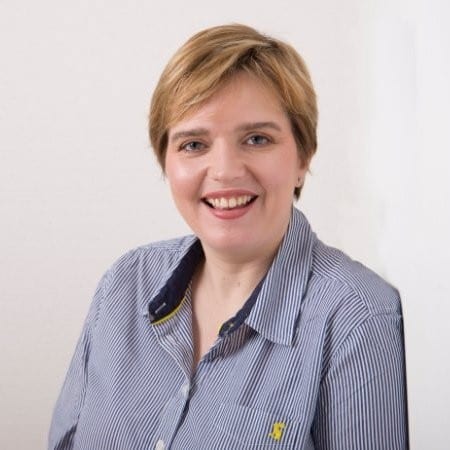
Sally Eaves, A member of the Forbes Technology Council, Sally is an award-winning international keynote speaker, author, and influencer with globally leading rankings across all advanced technology disciplines, digital transformation, future of work, and social innovation aligned to the United Nation’s Sustainable Development Goals. She has recently been ranked 8th in the World in Blockchain impact and is continually ranked in the top 10 for digital disruption and across frontier technology subjects by leading bodies such as Onalytica. Connect with Sally on LinkedIn.
